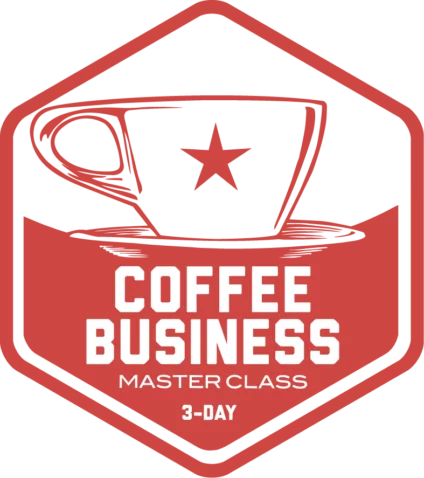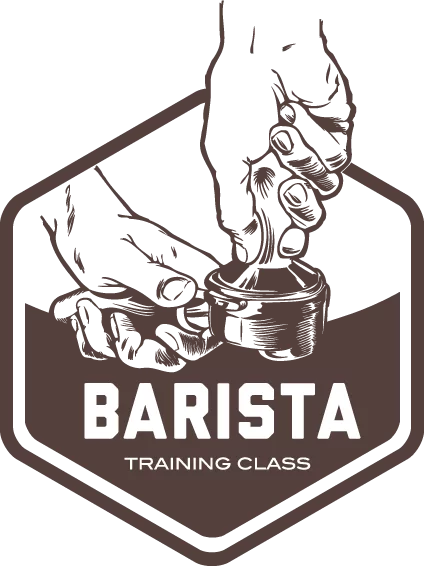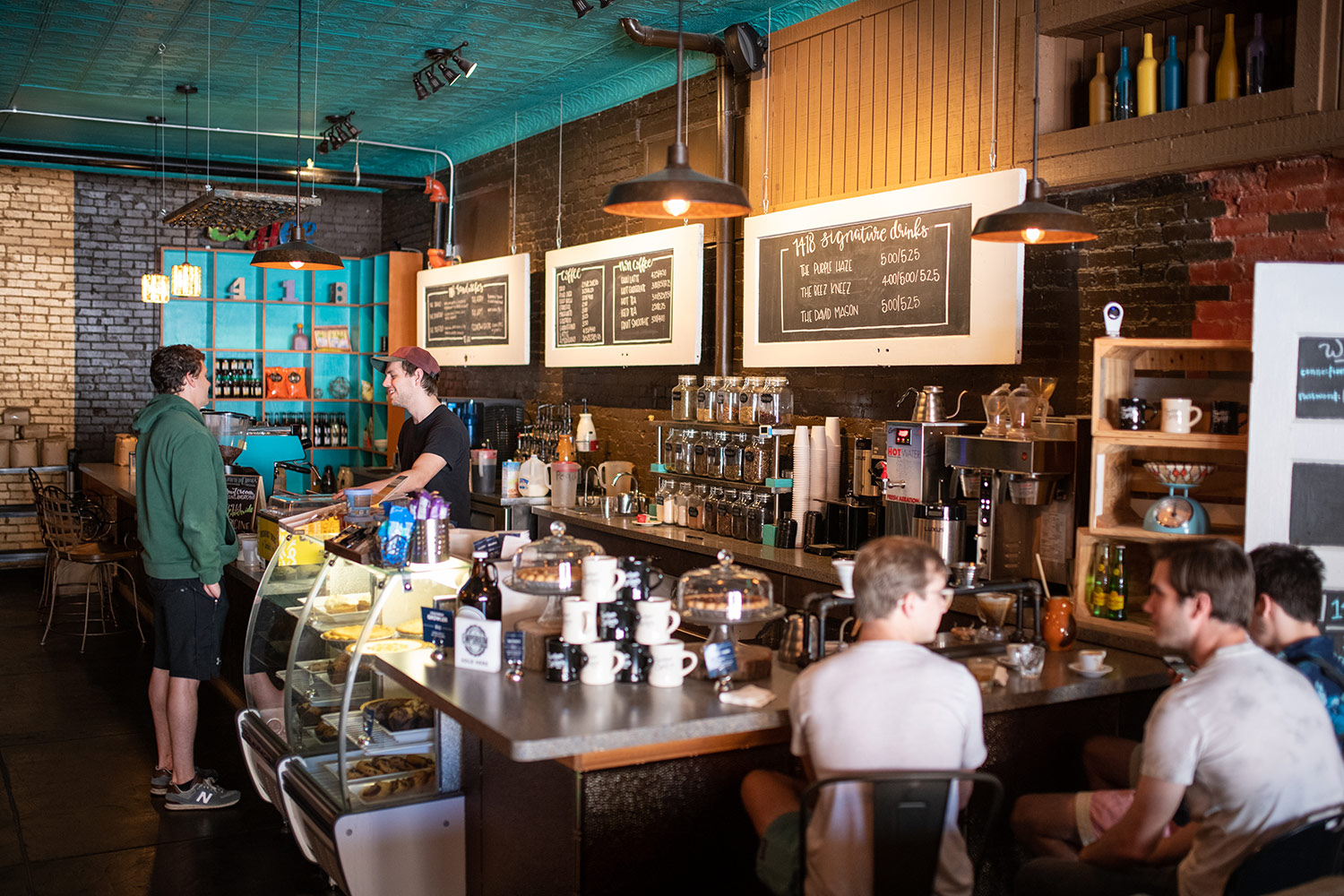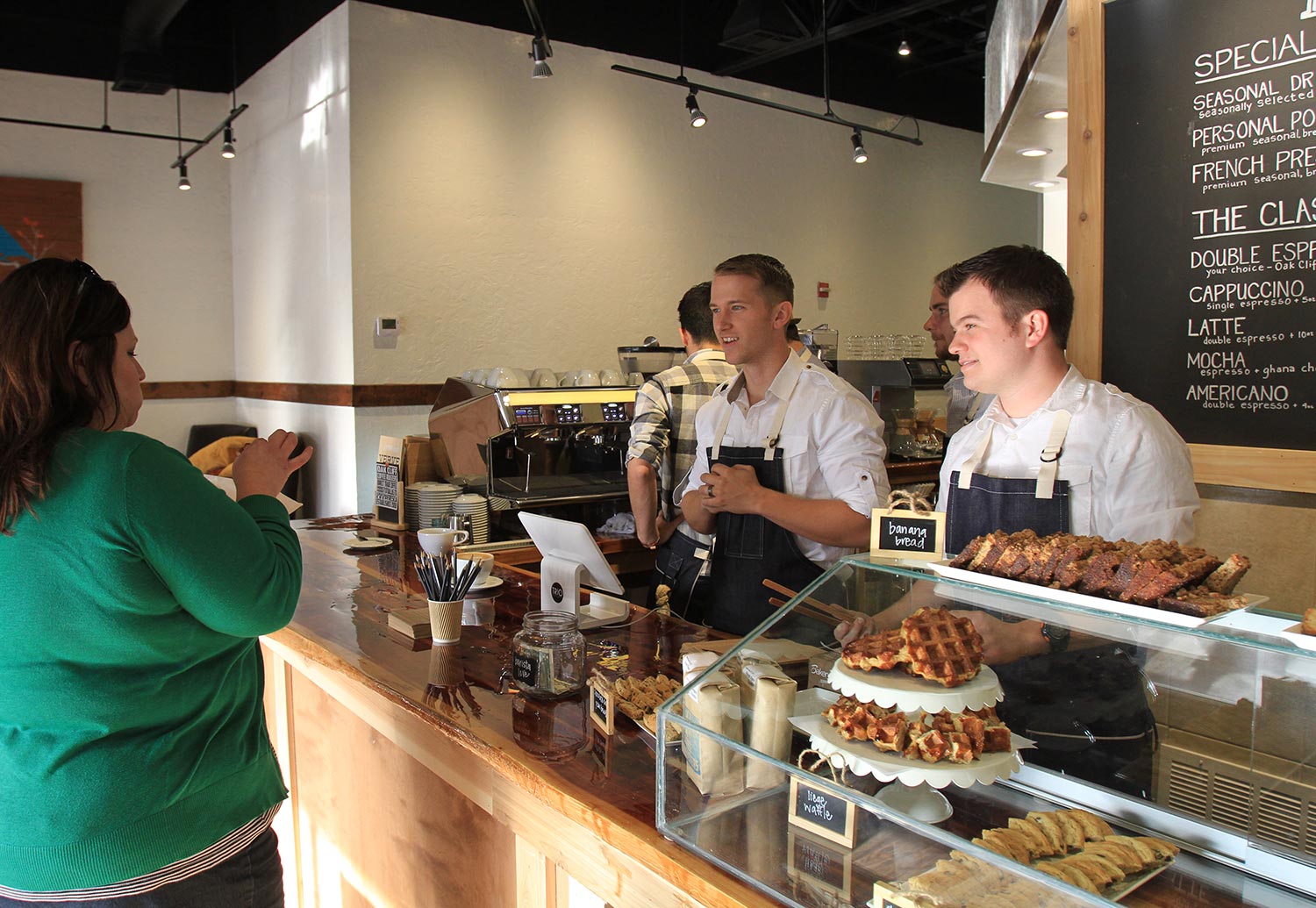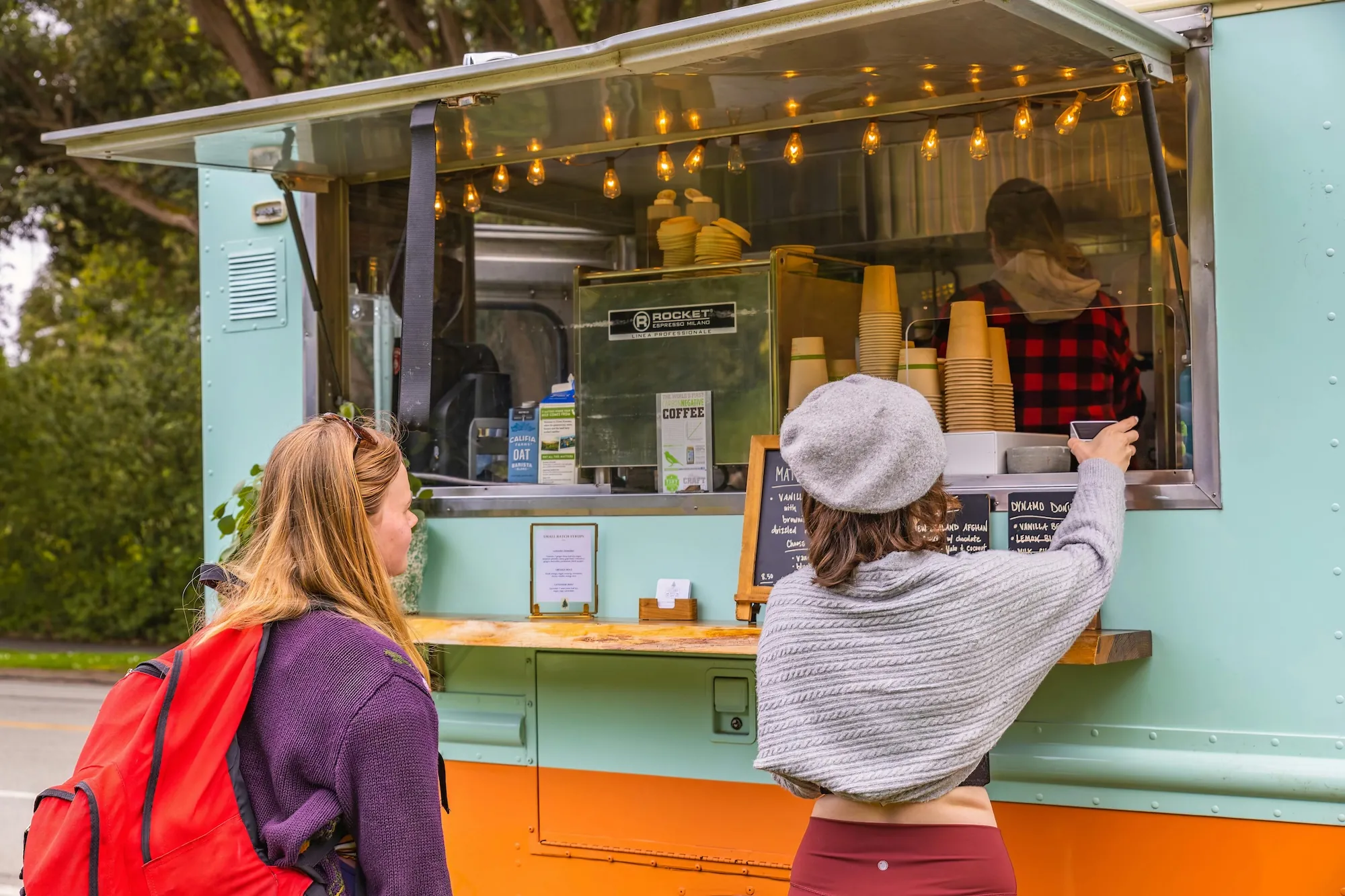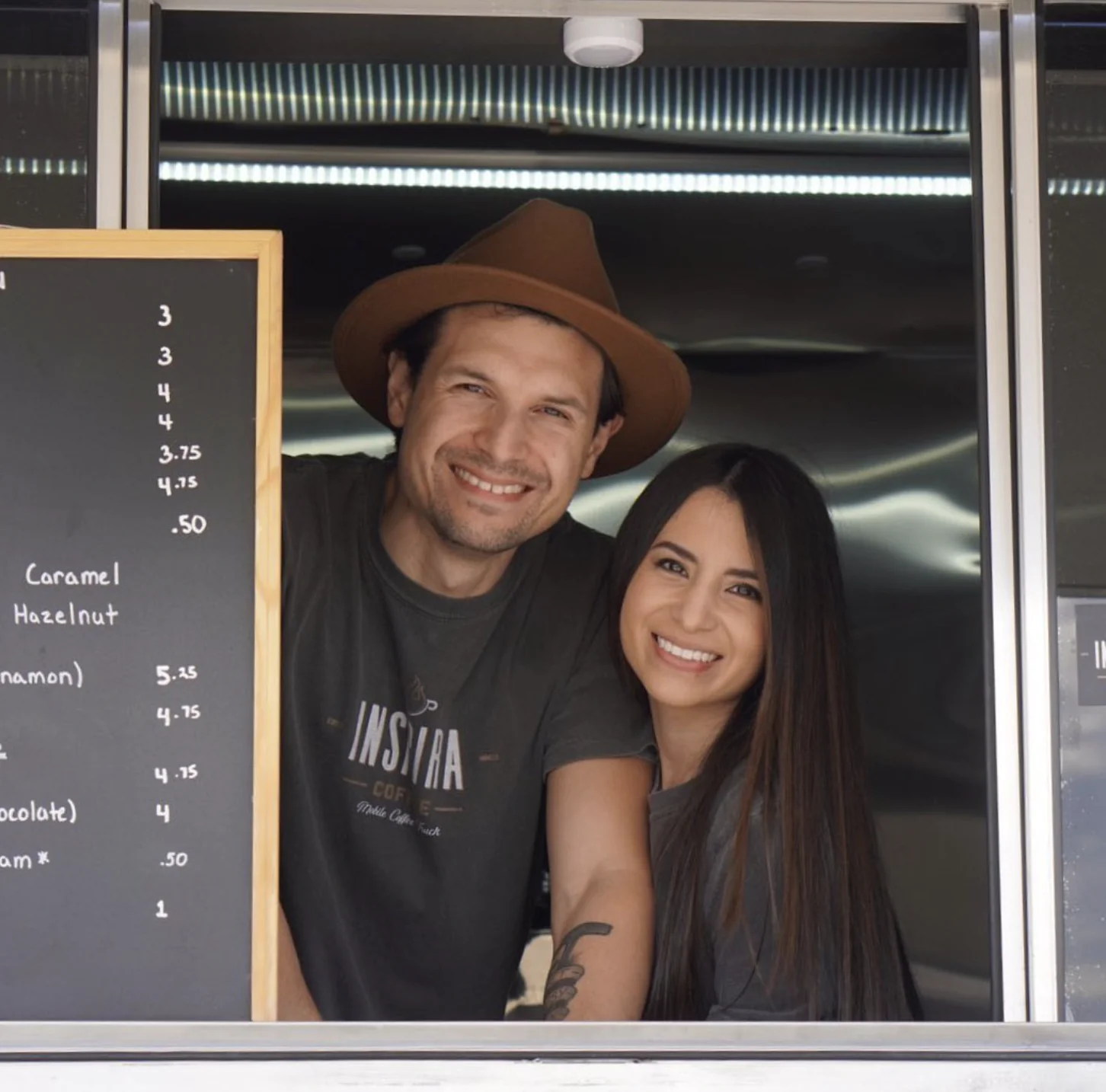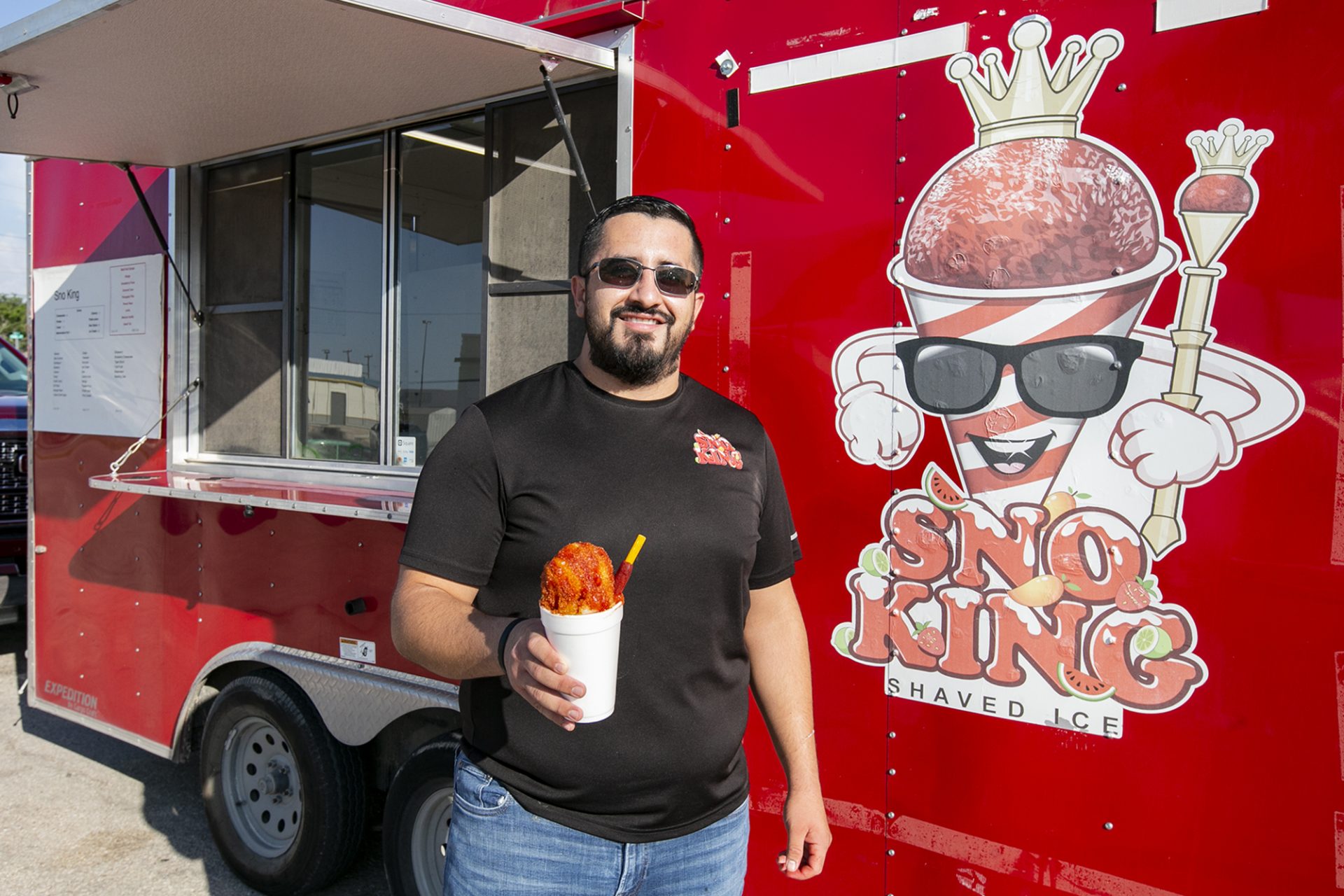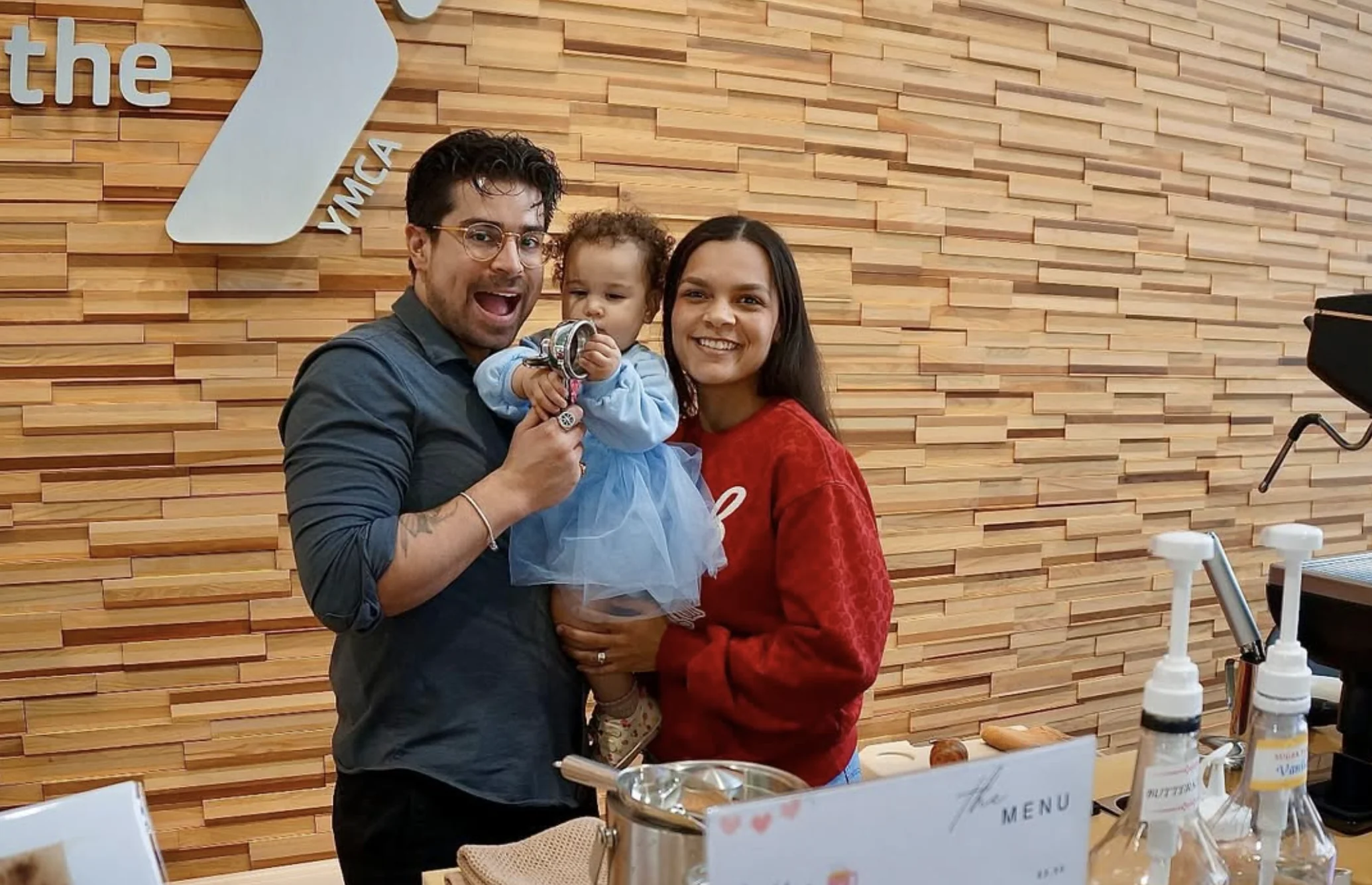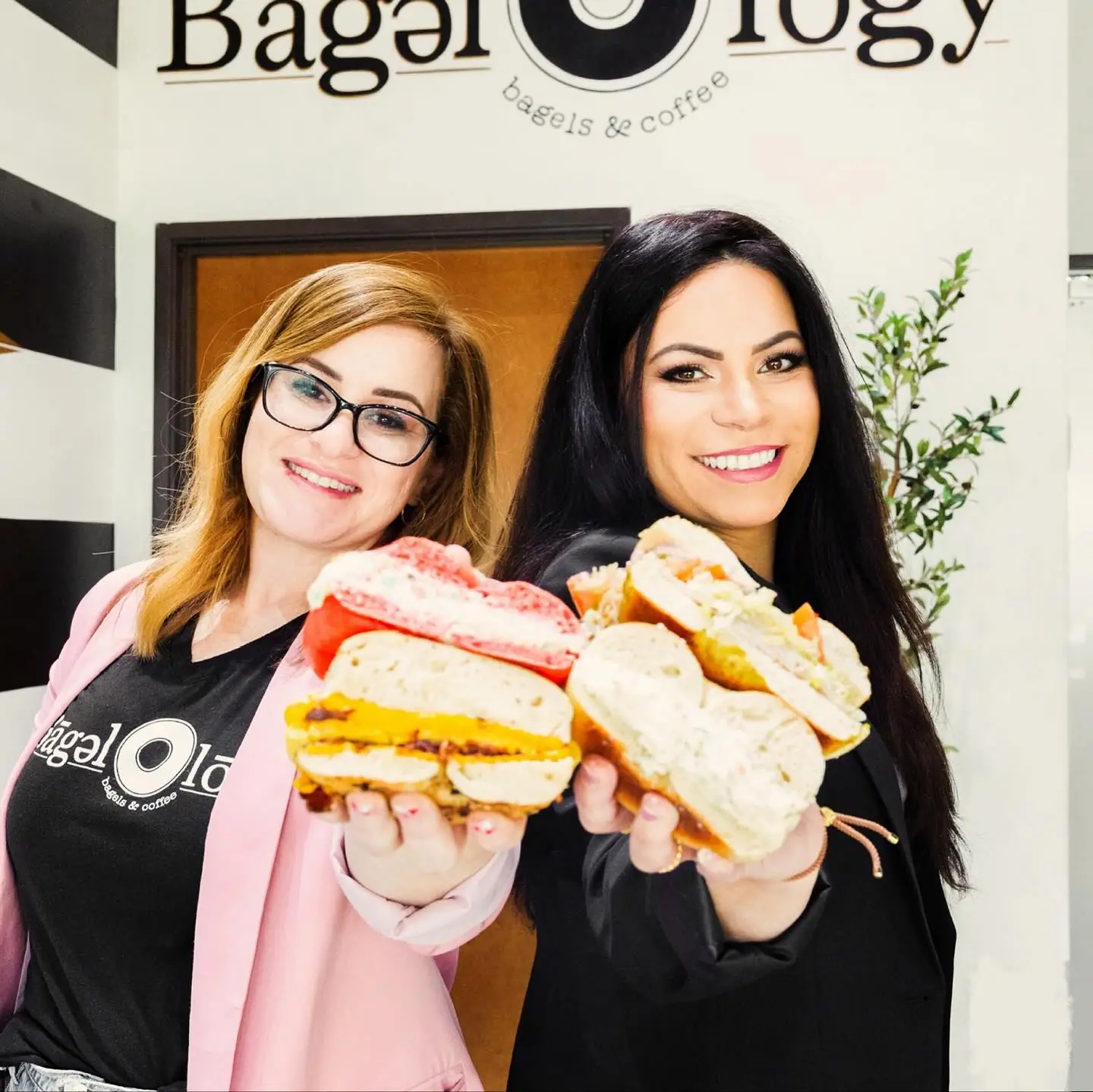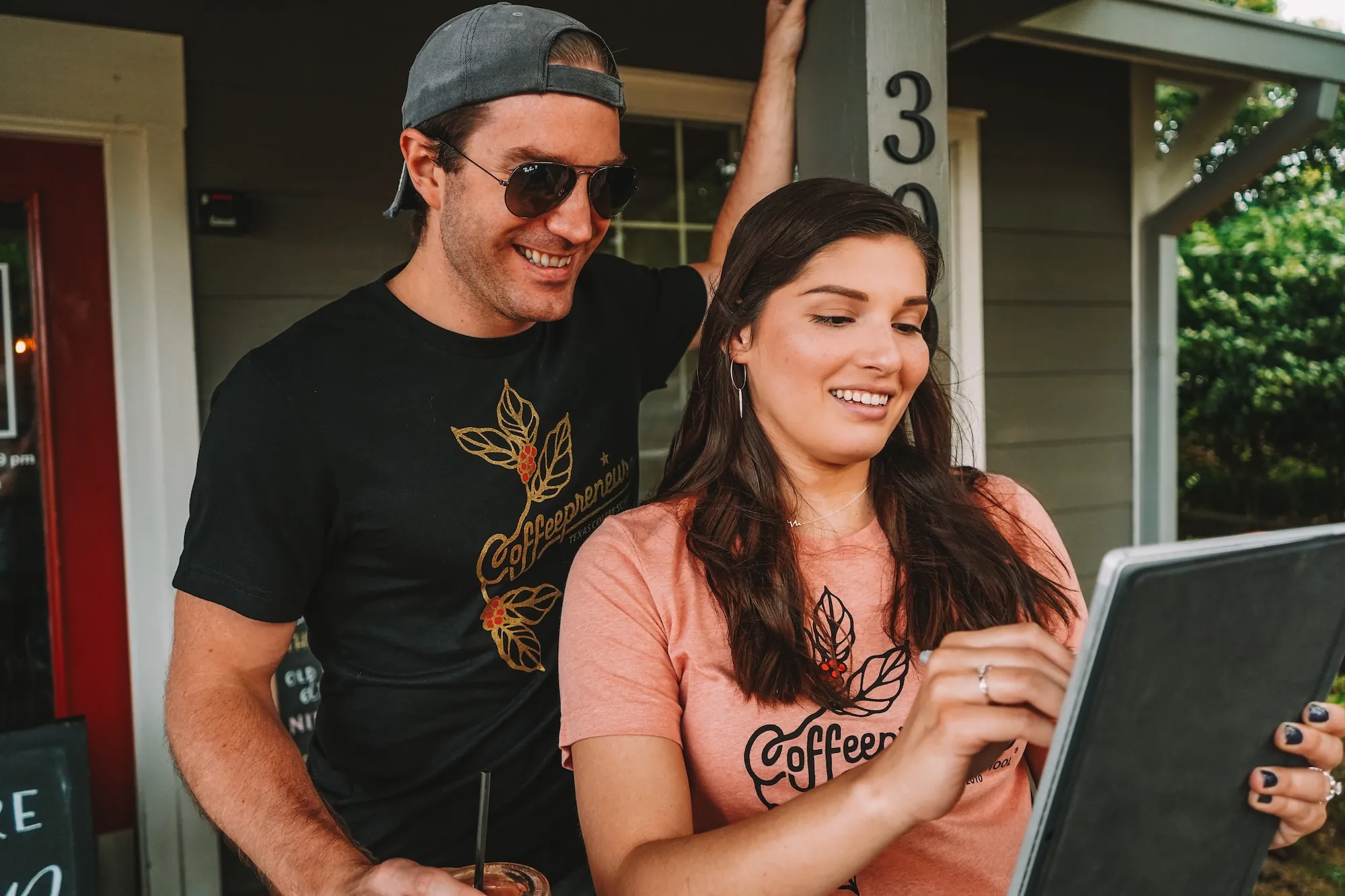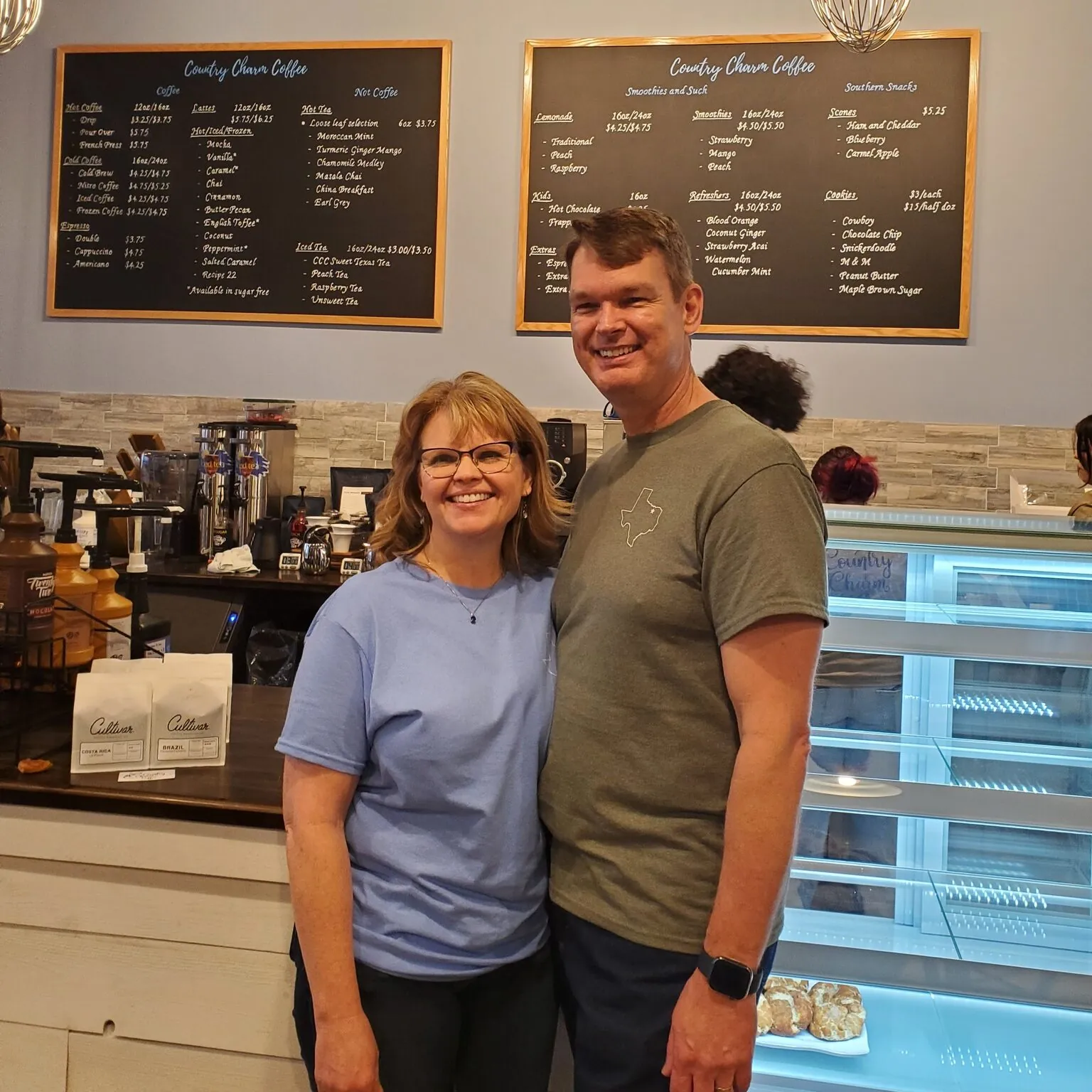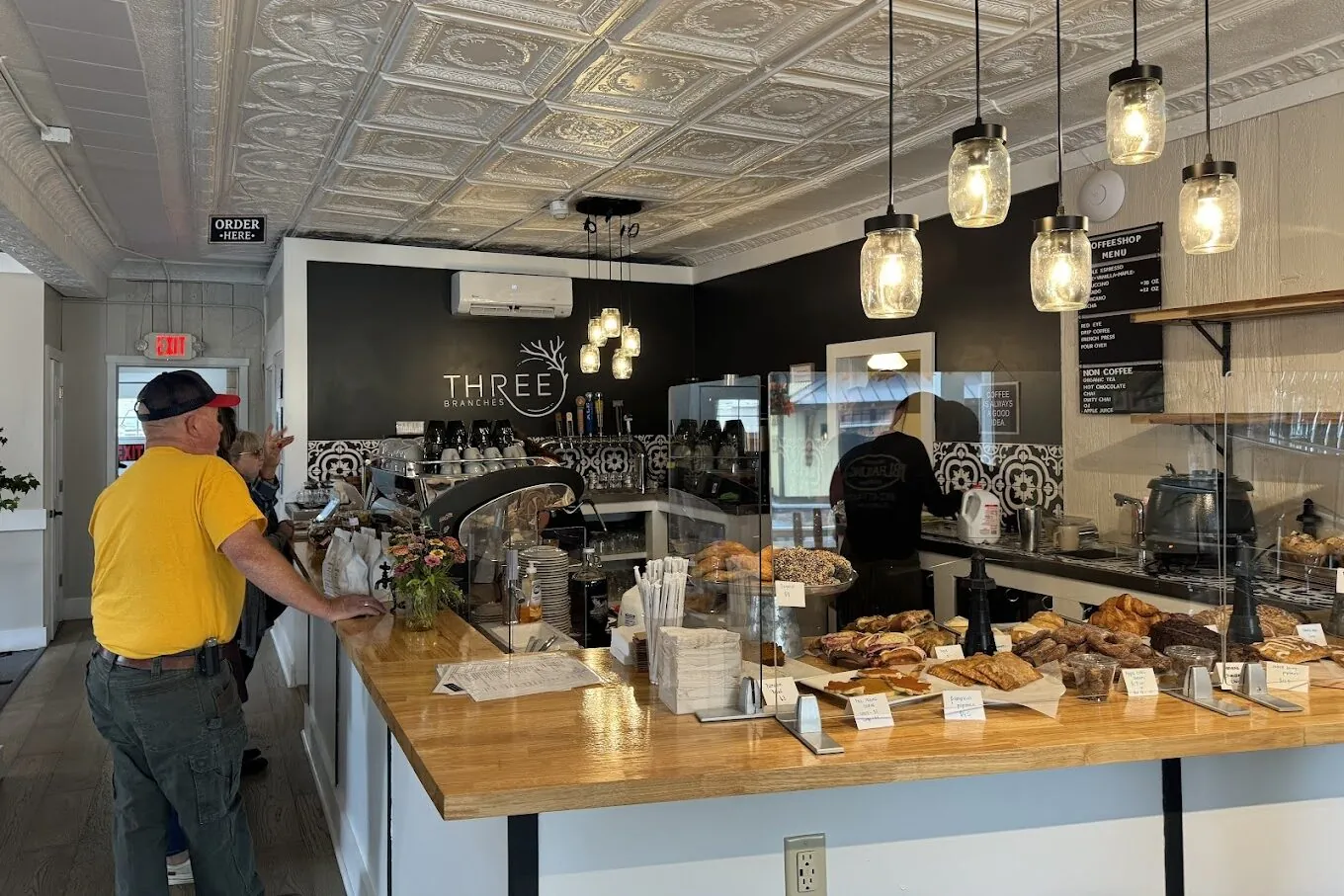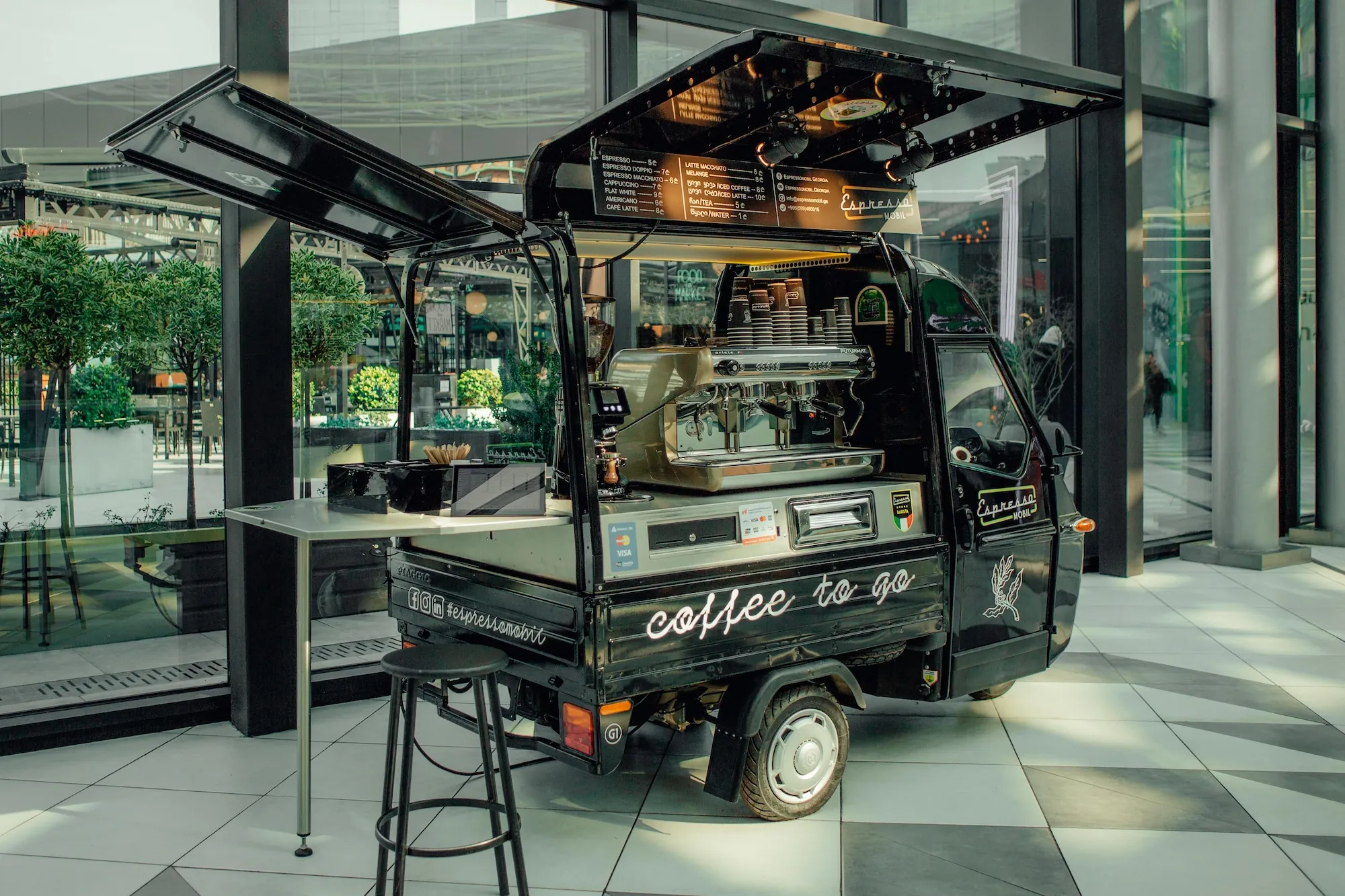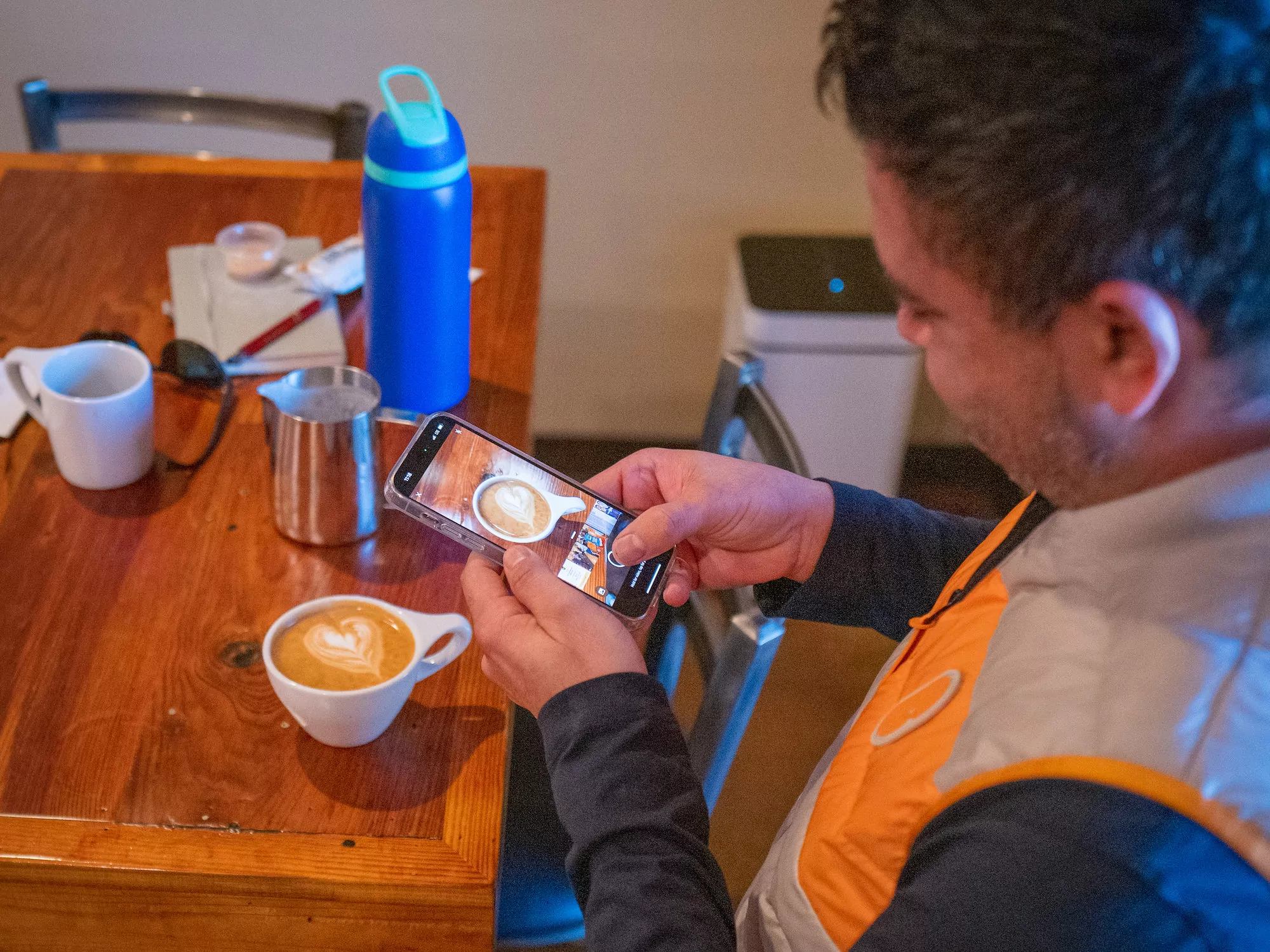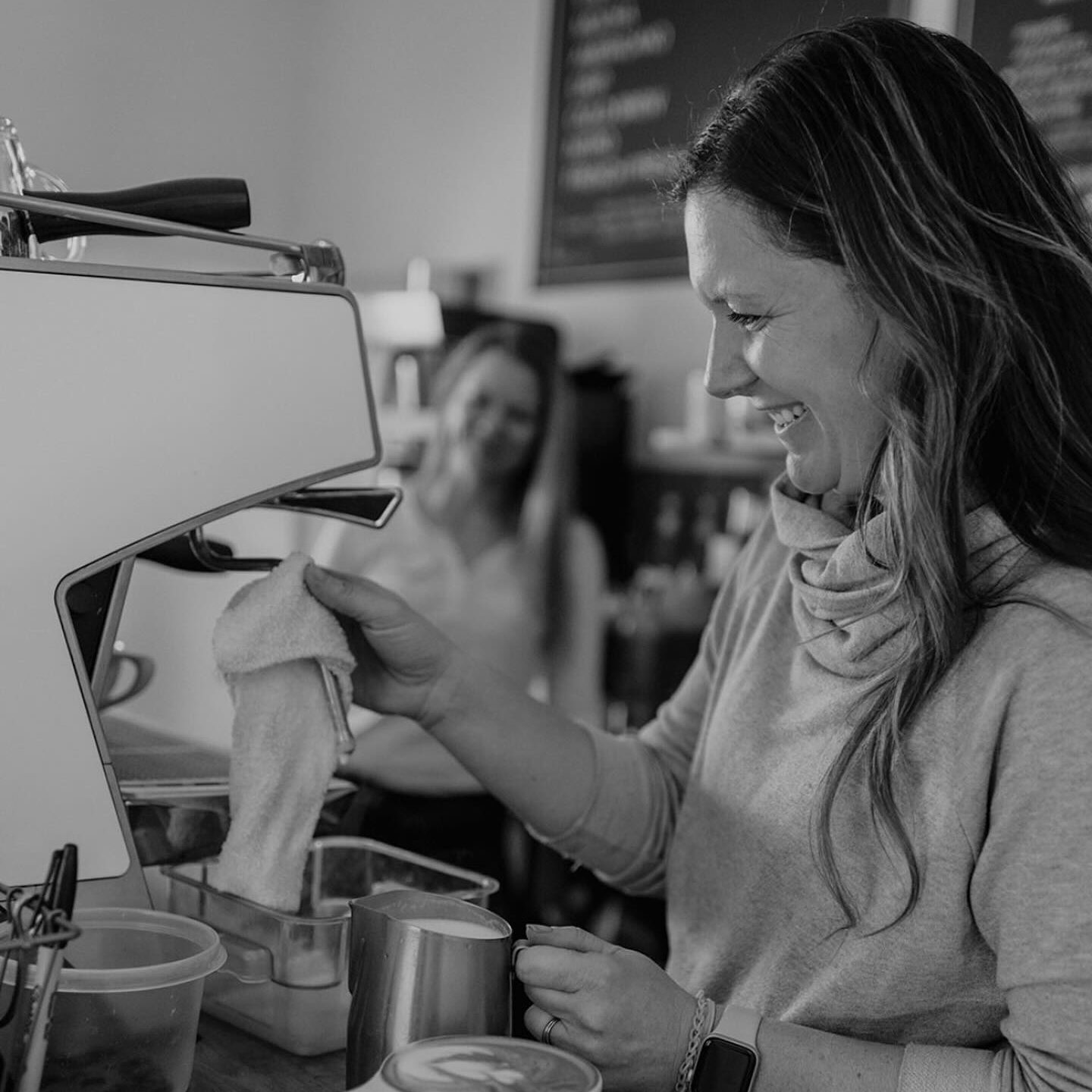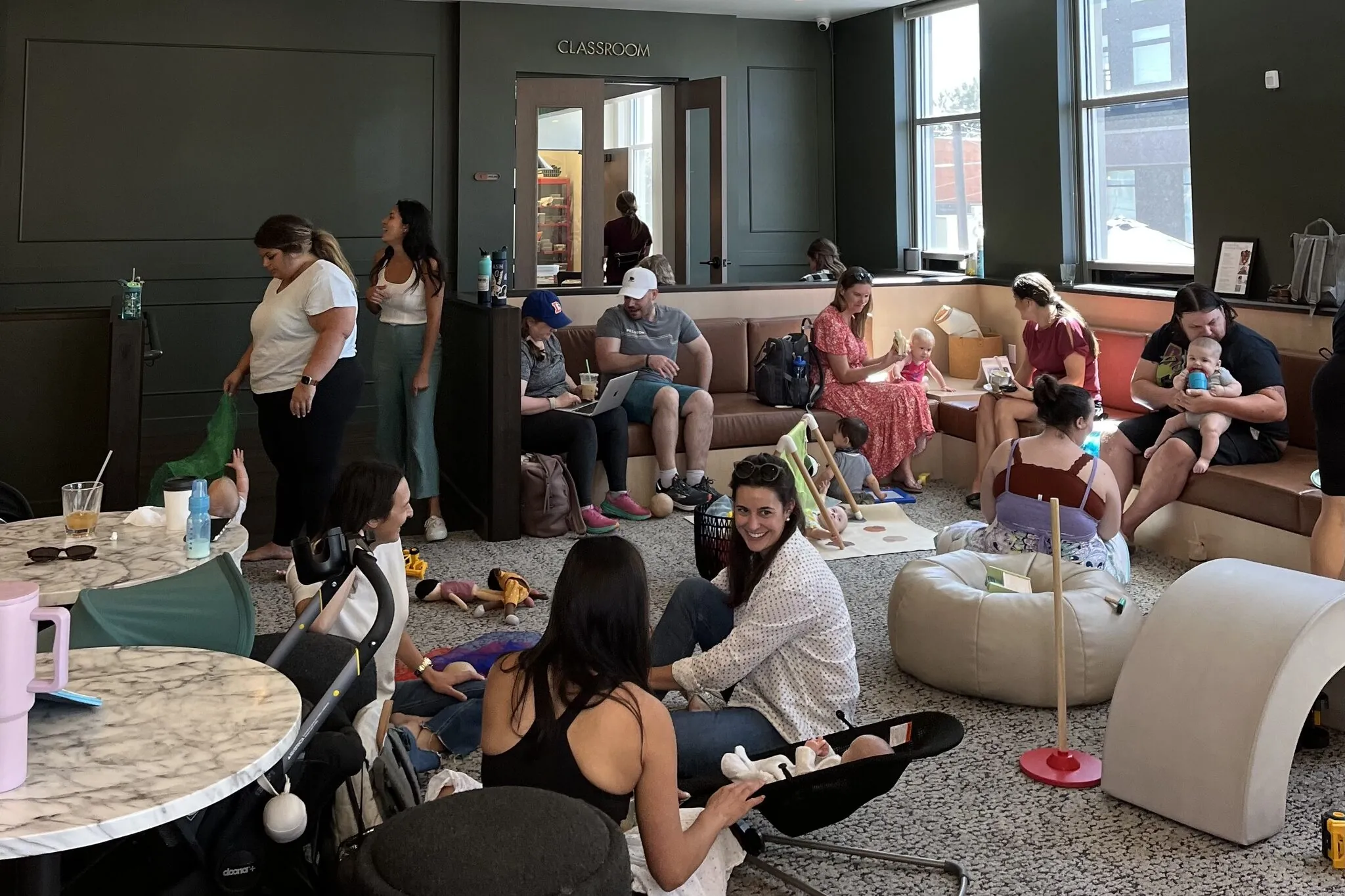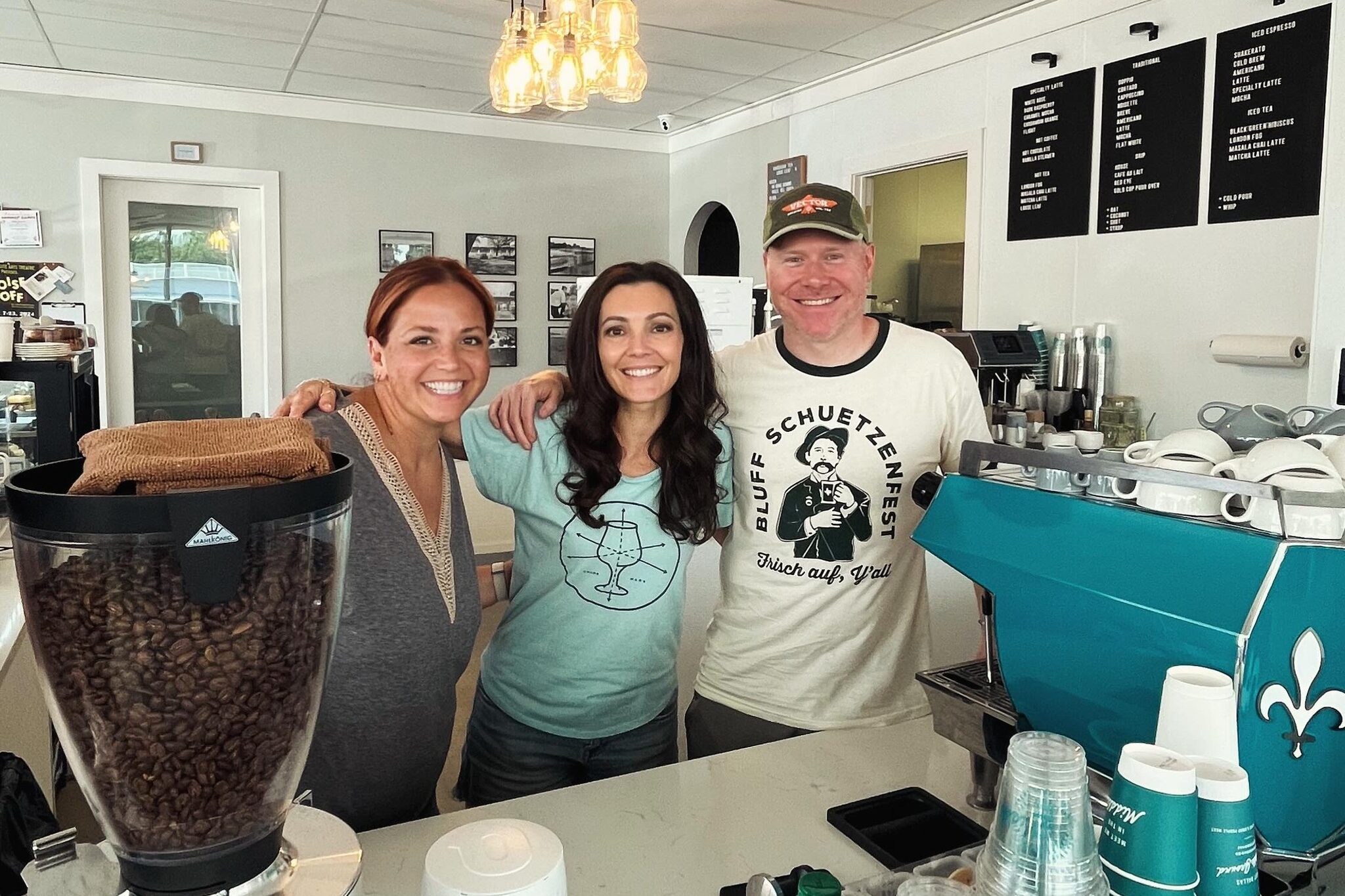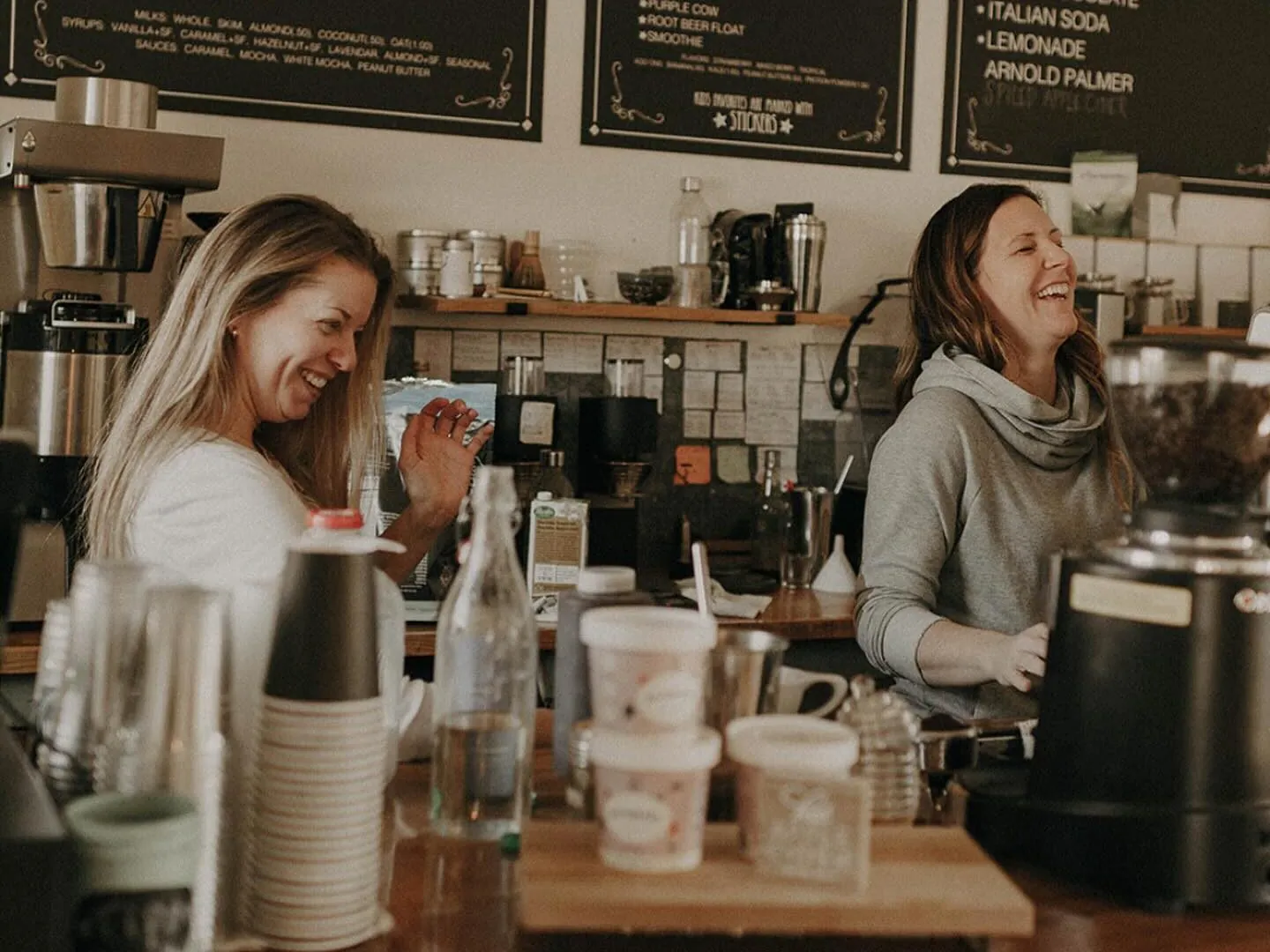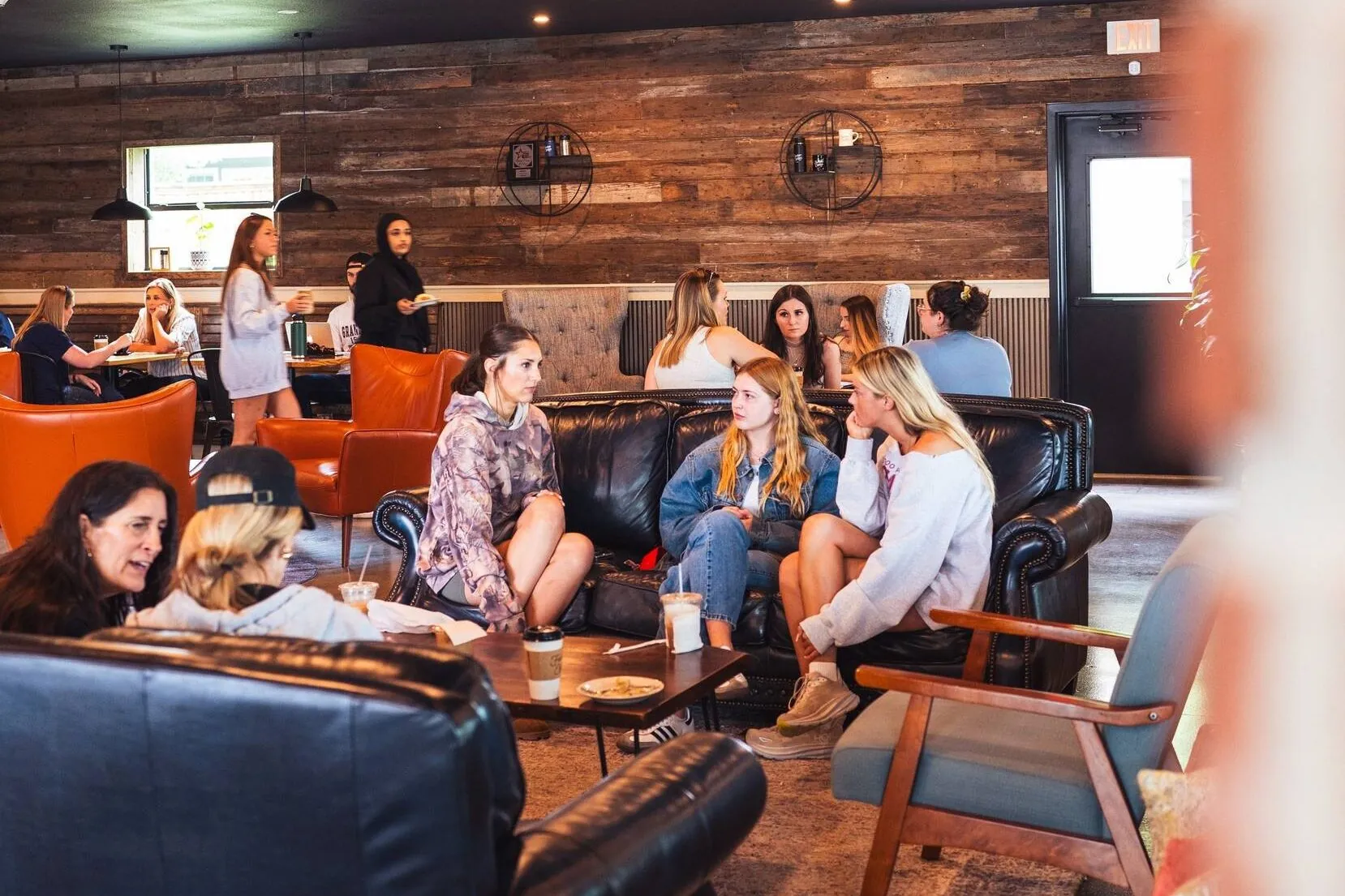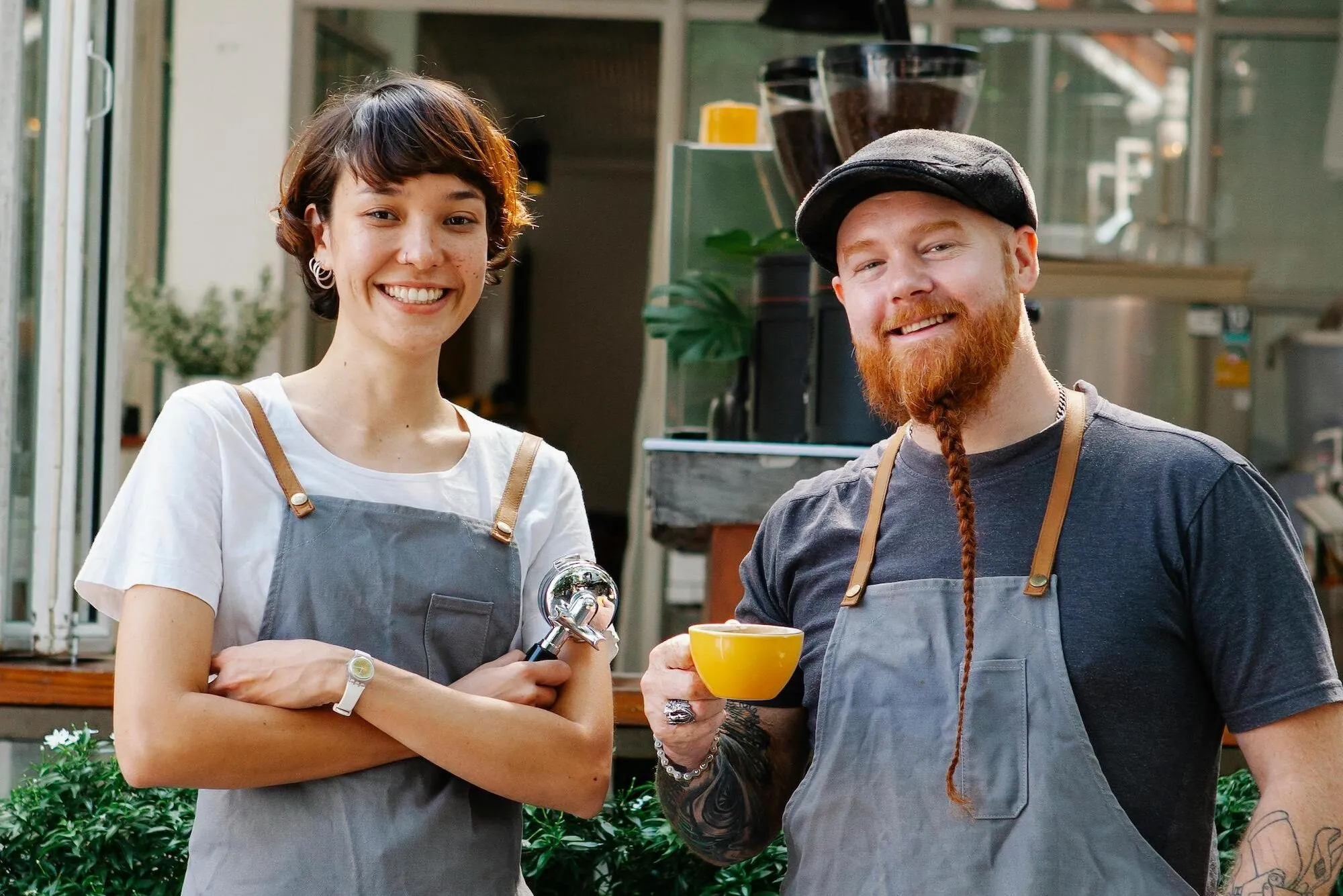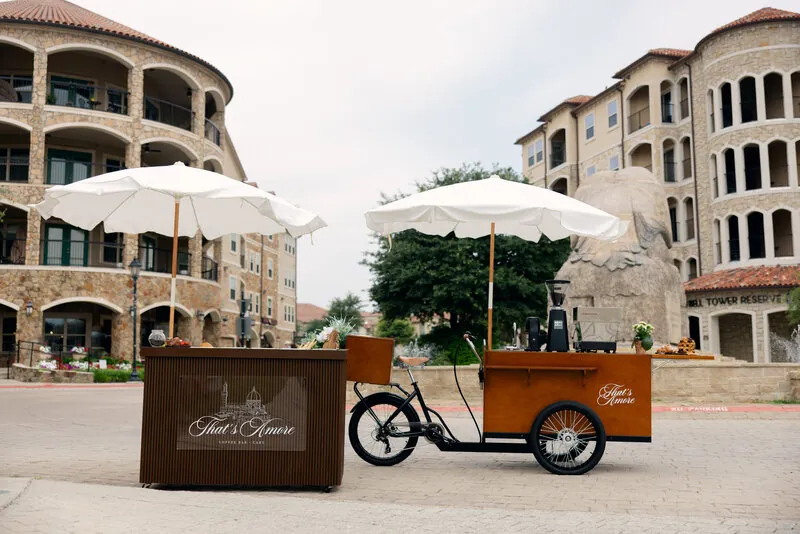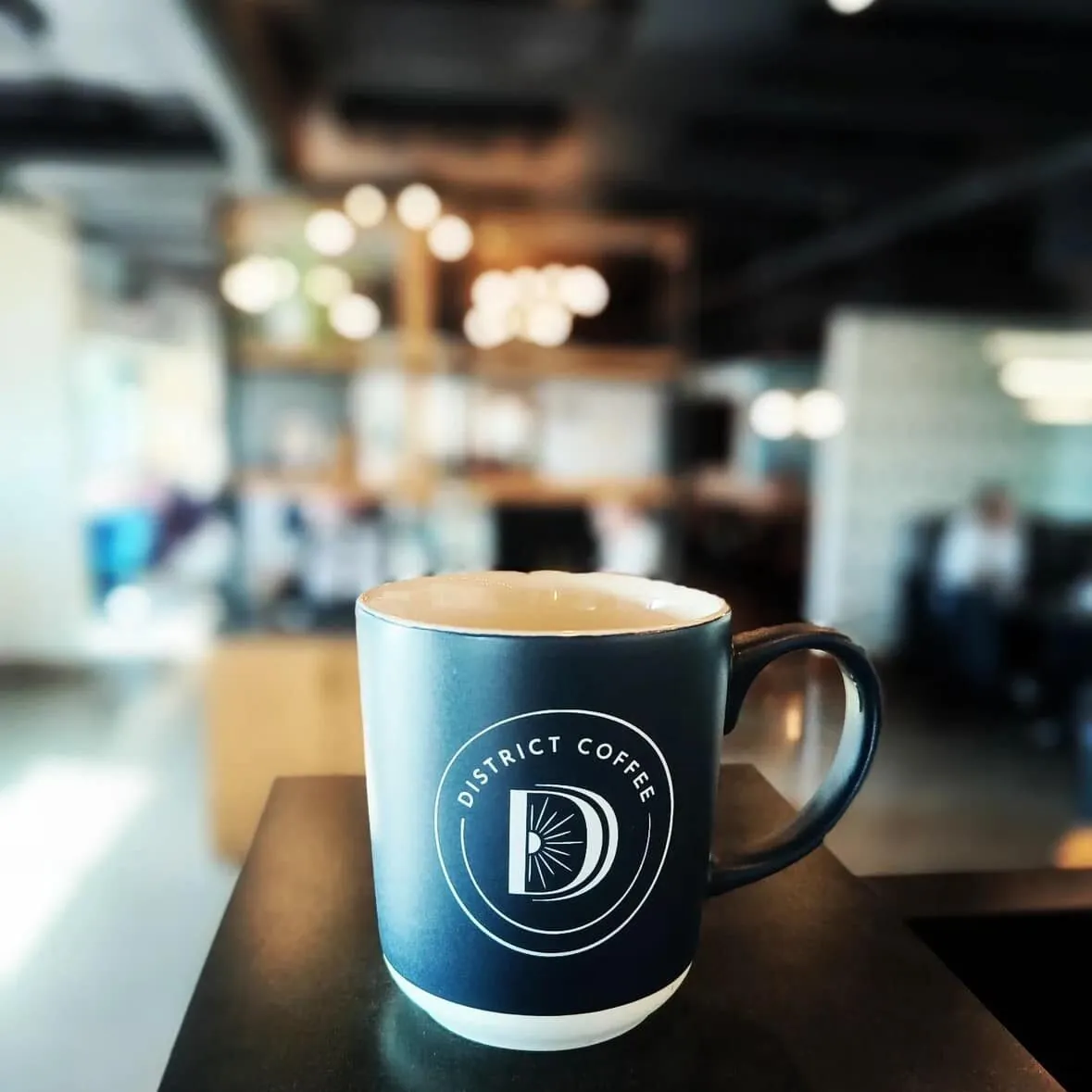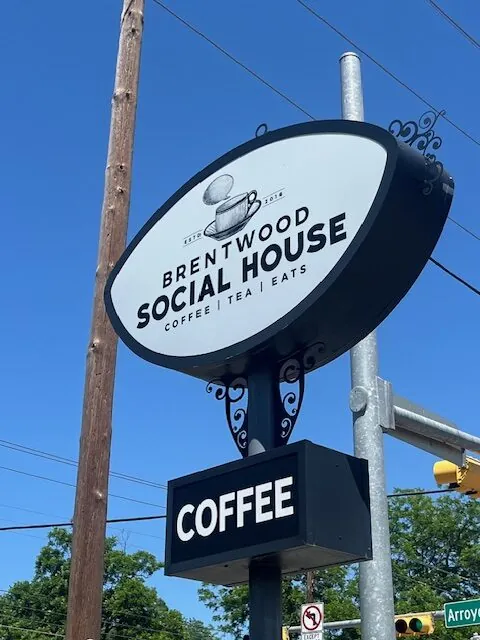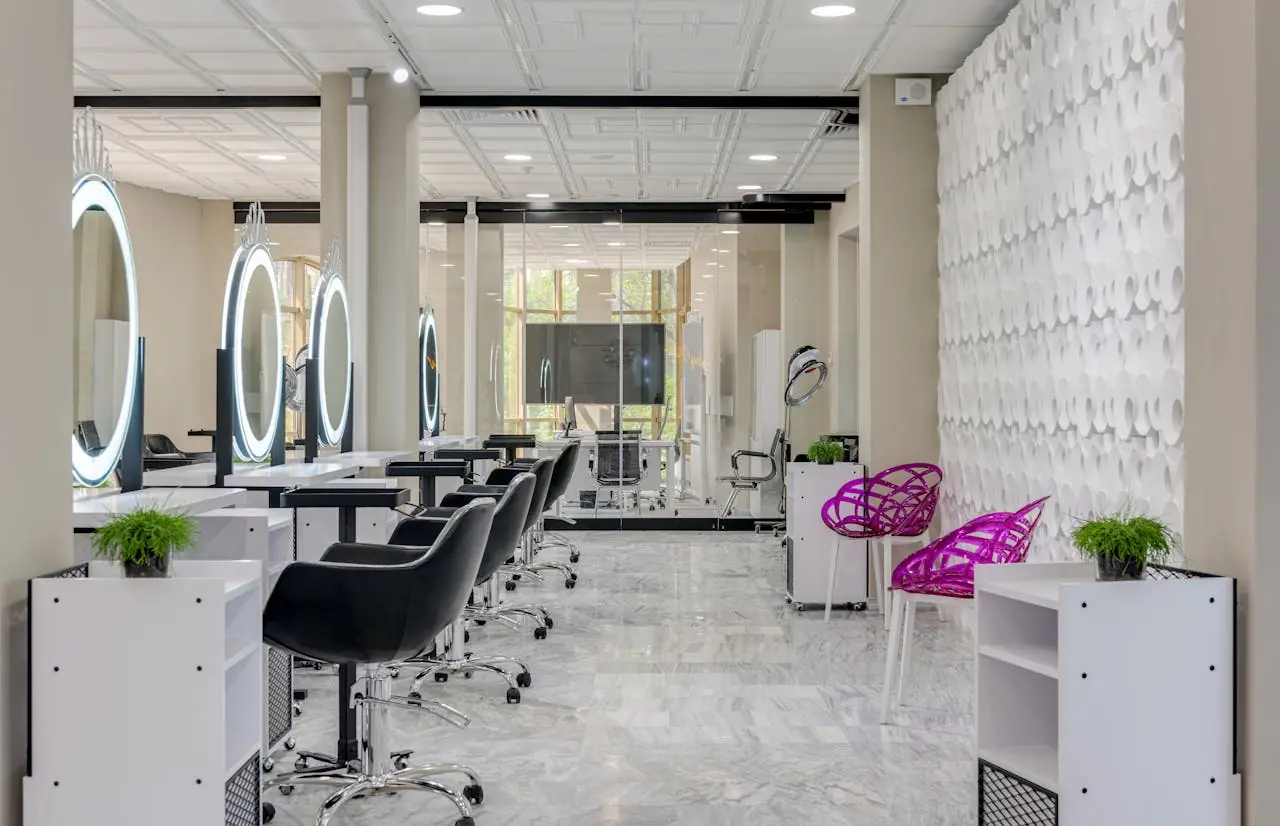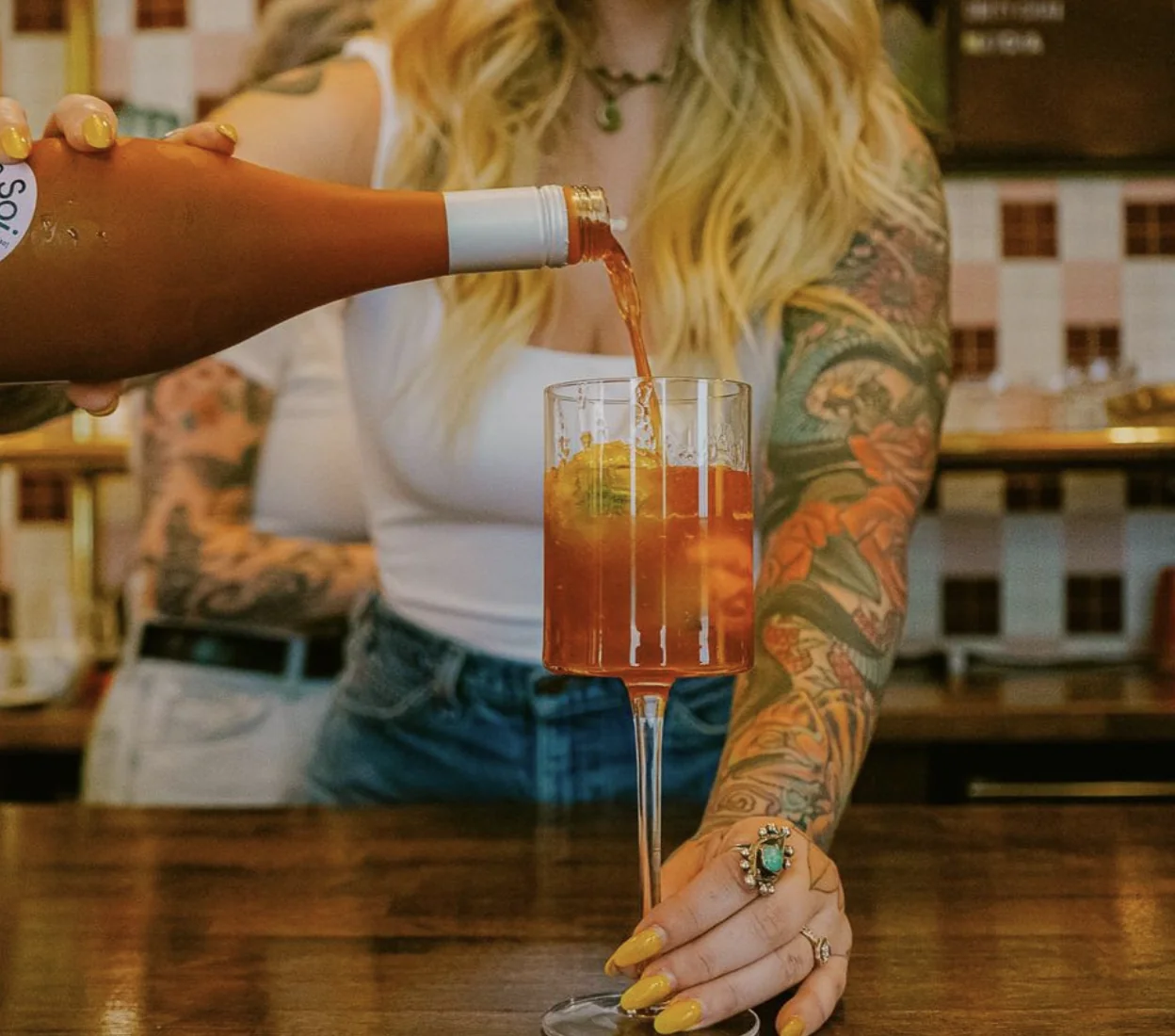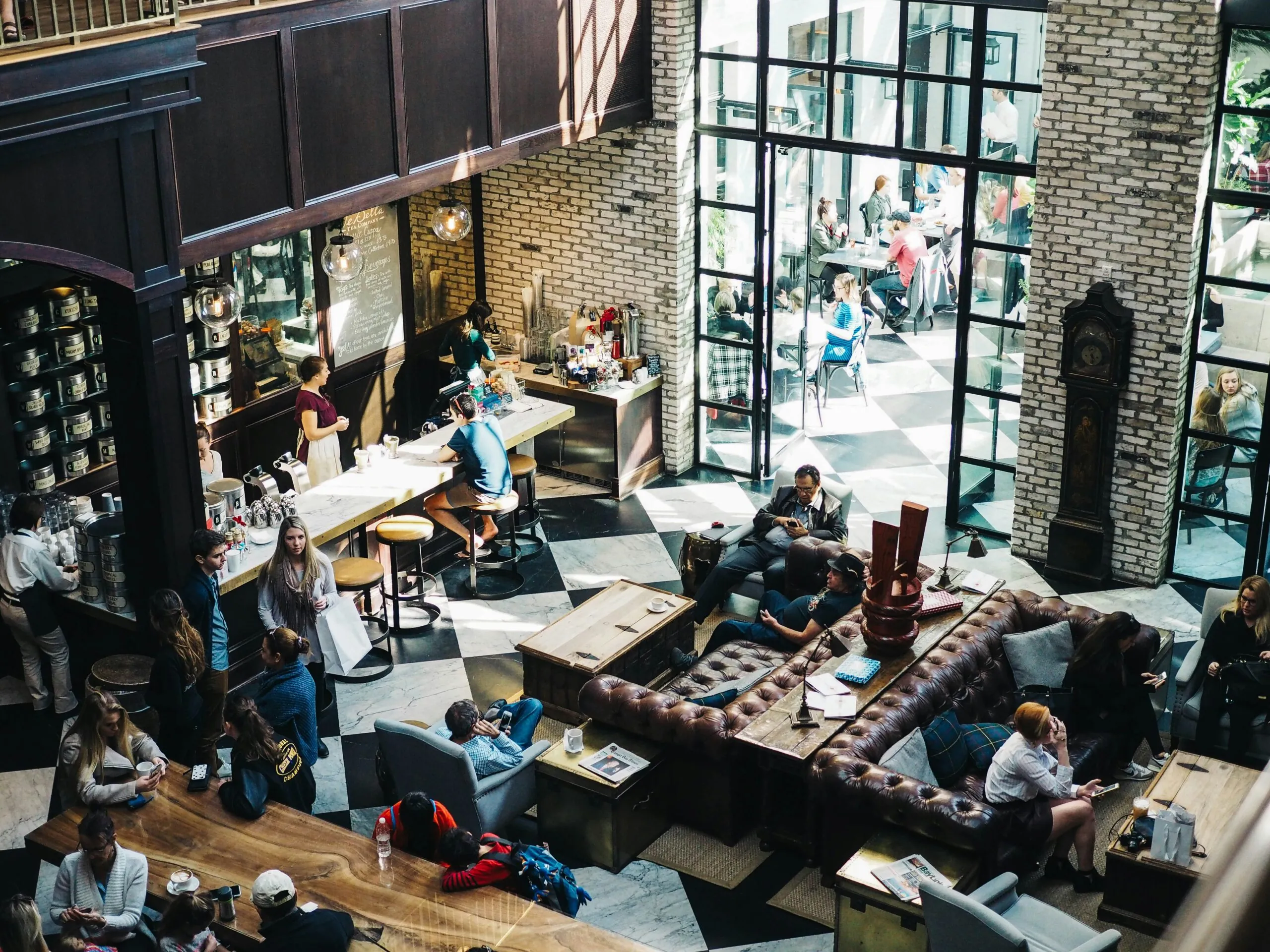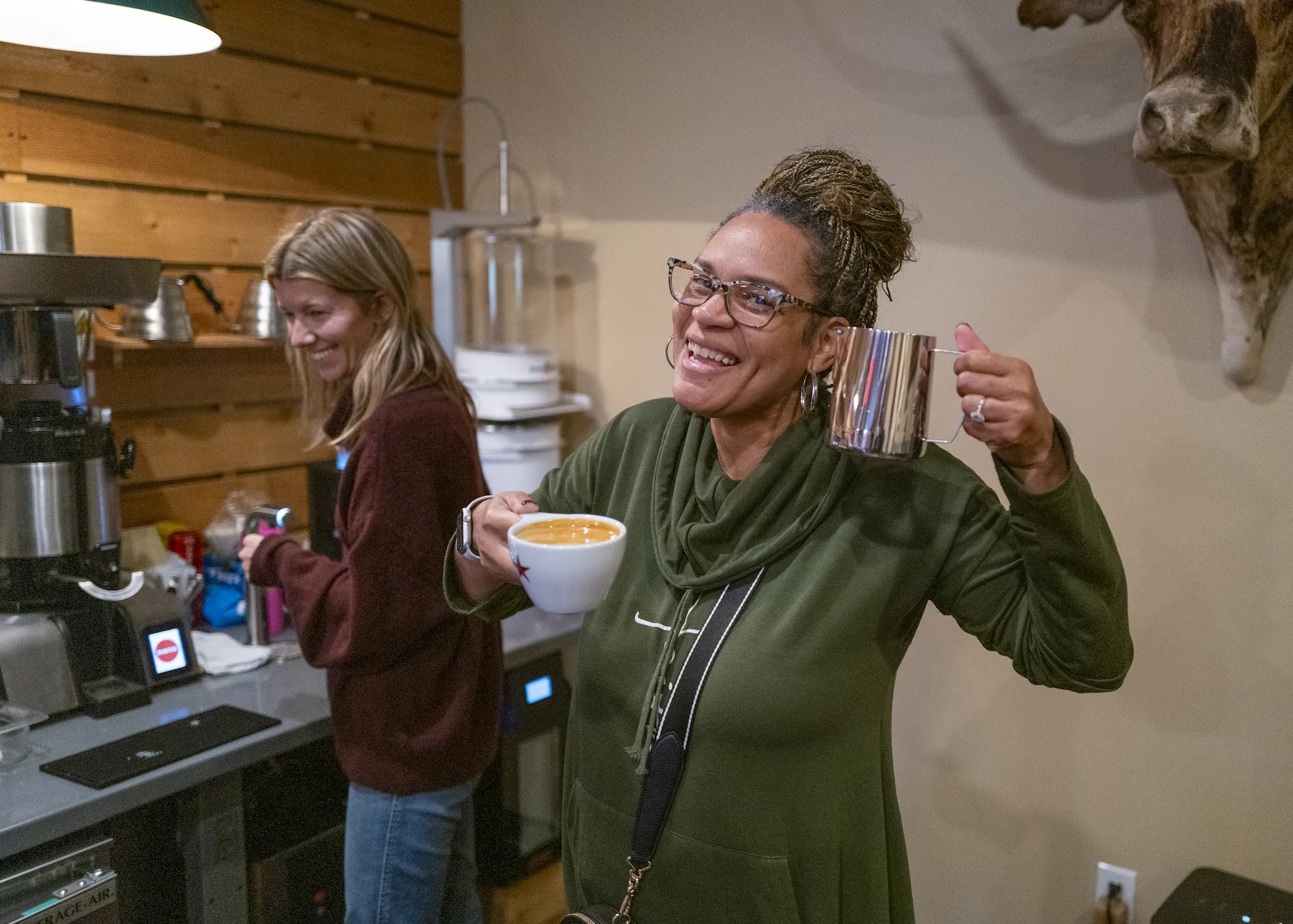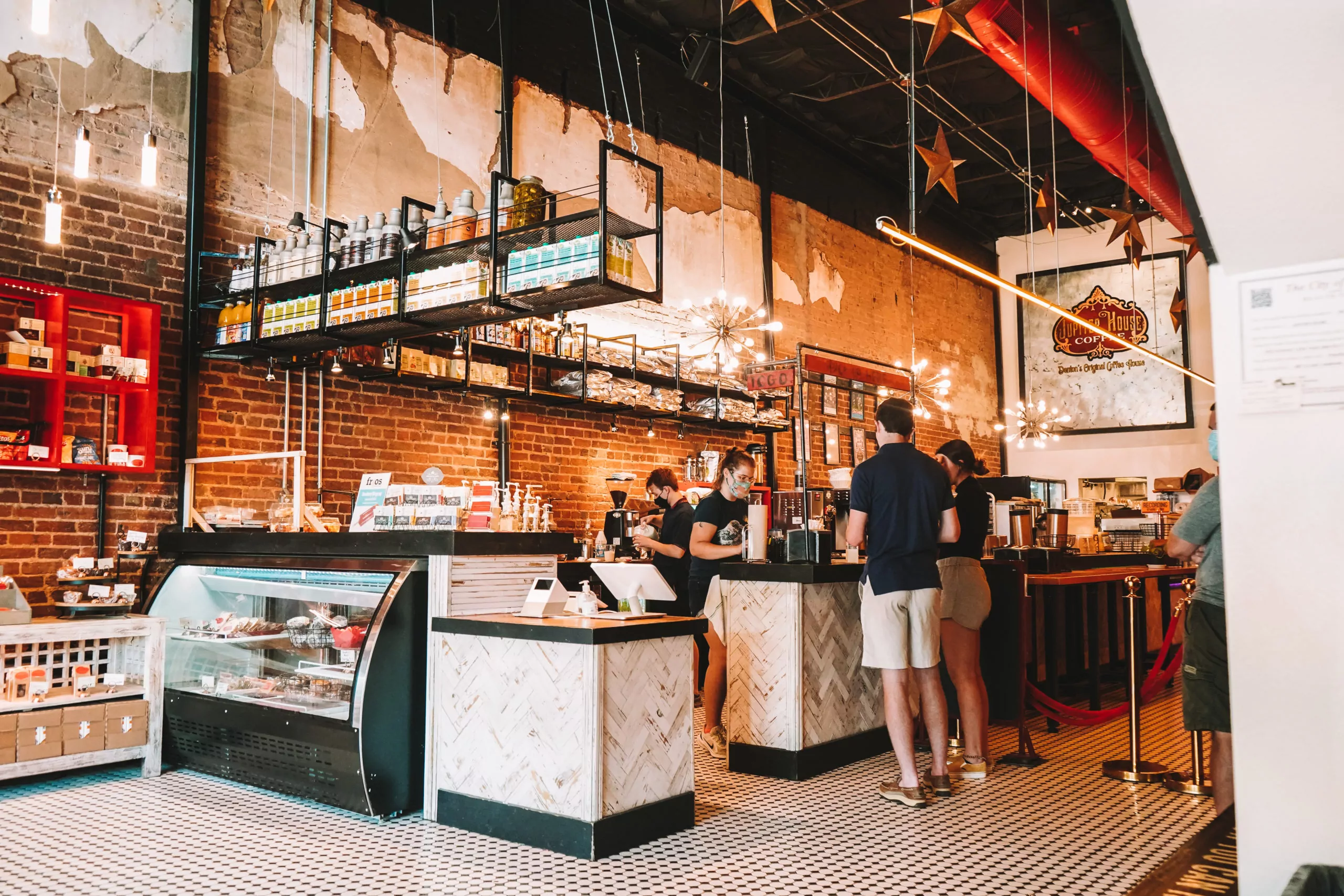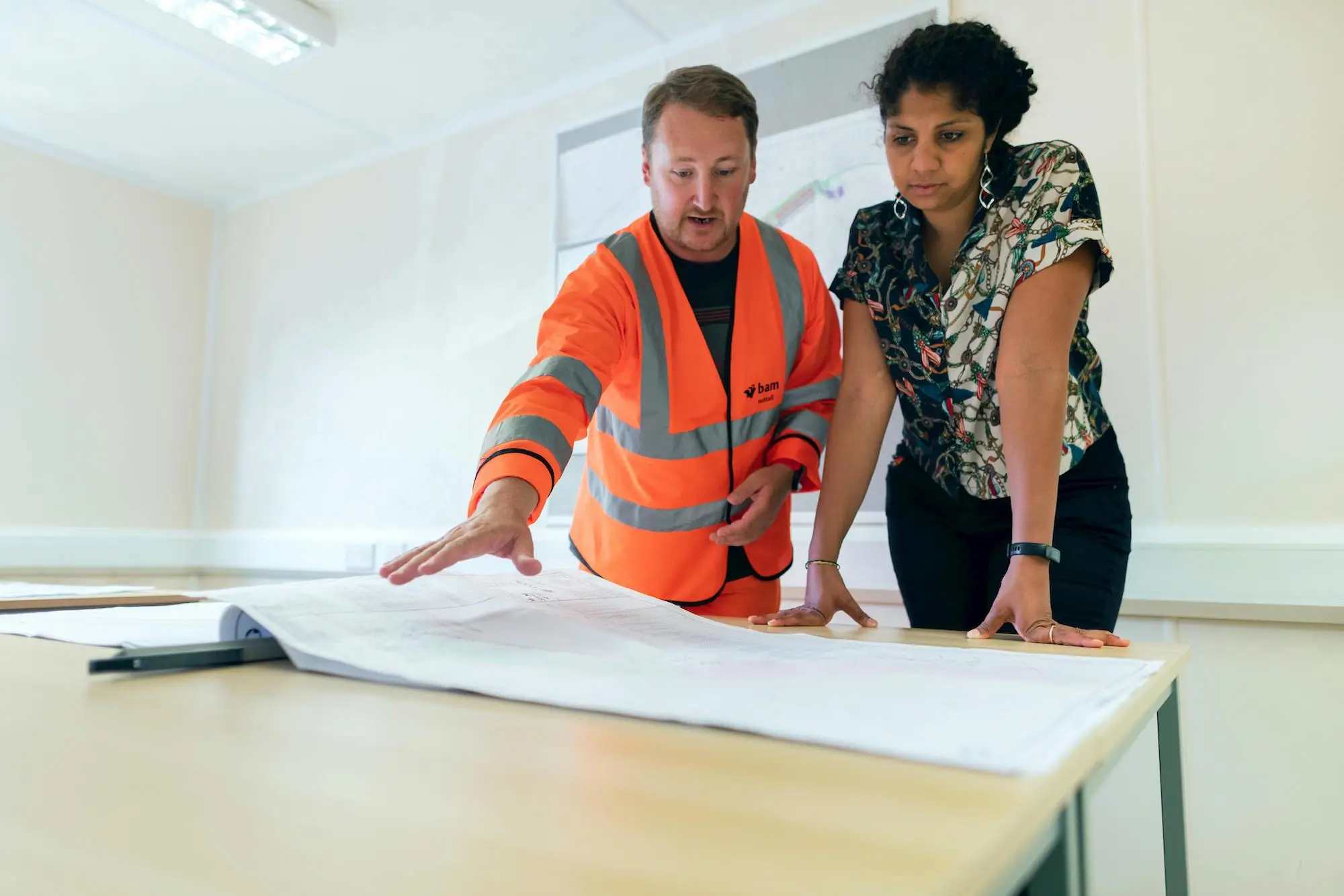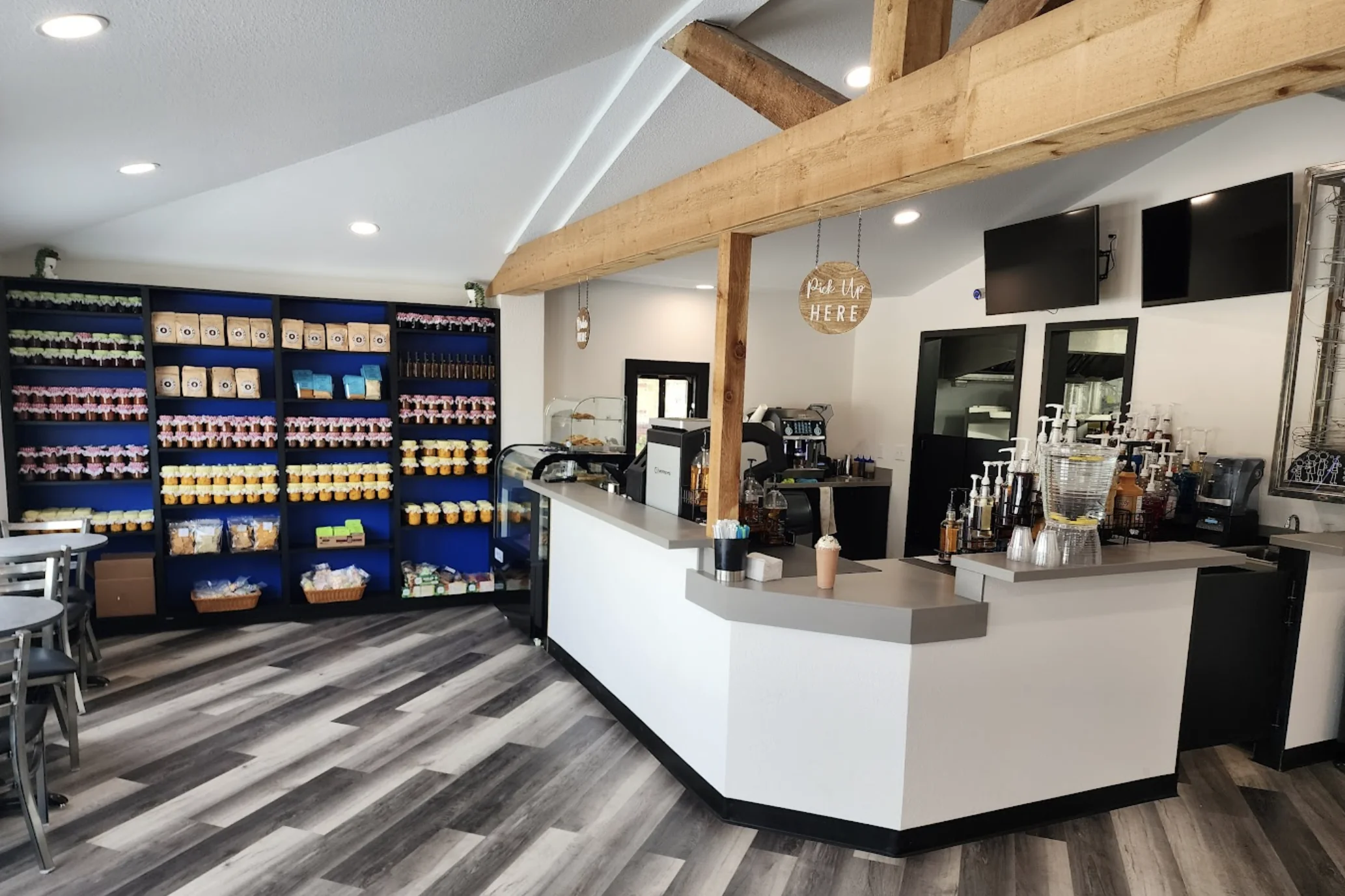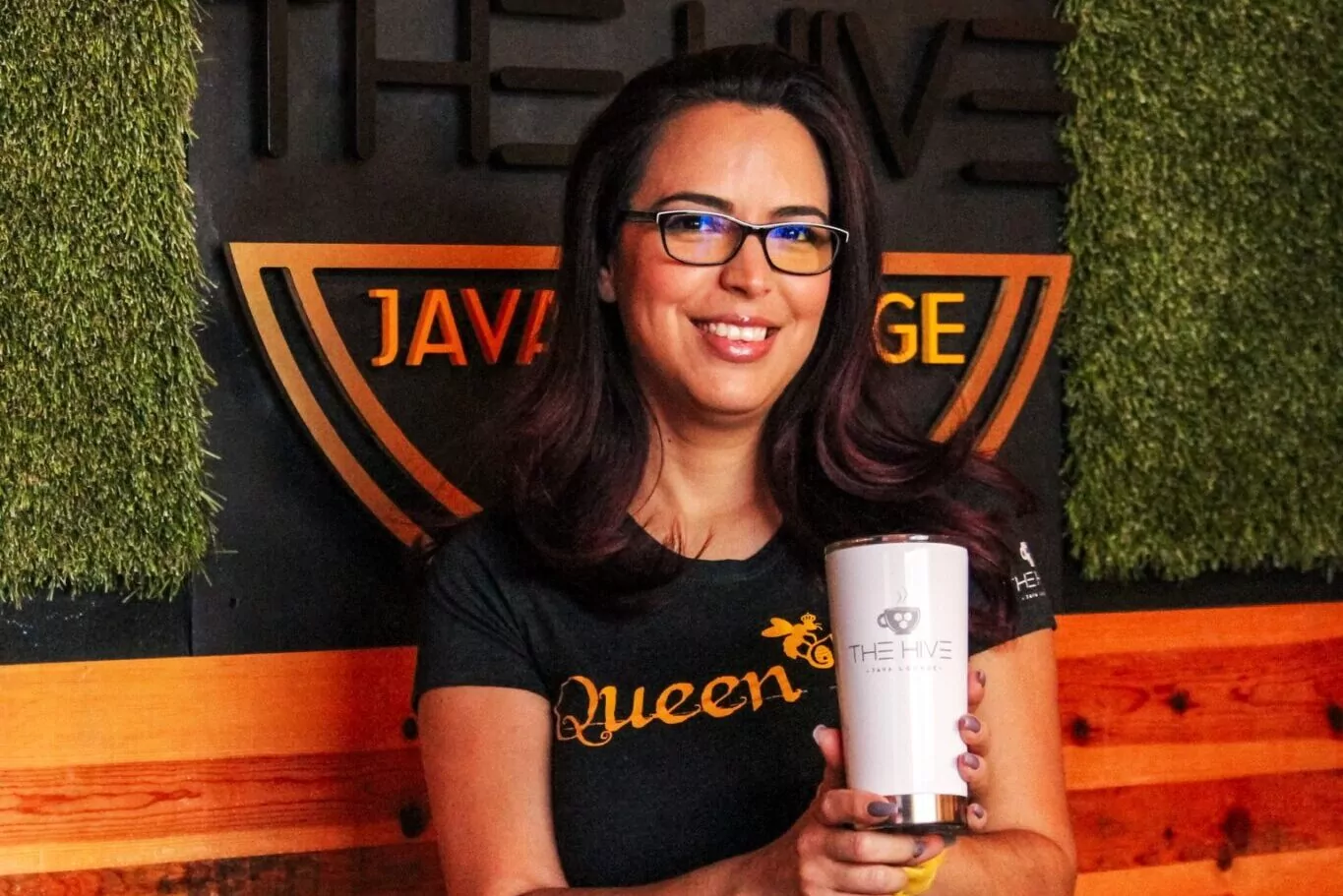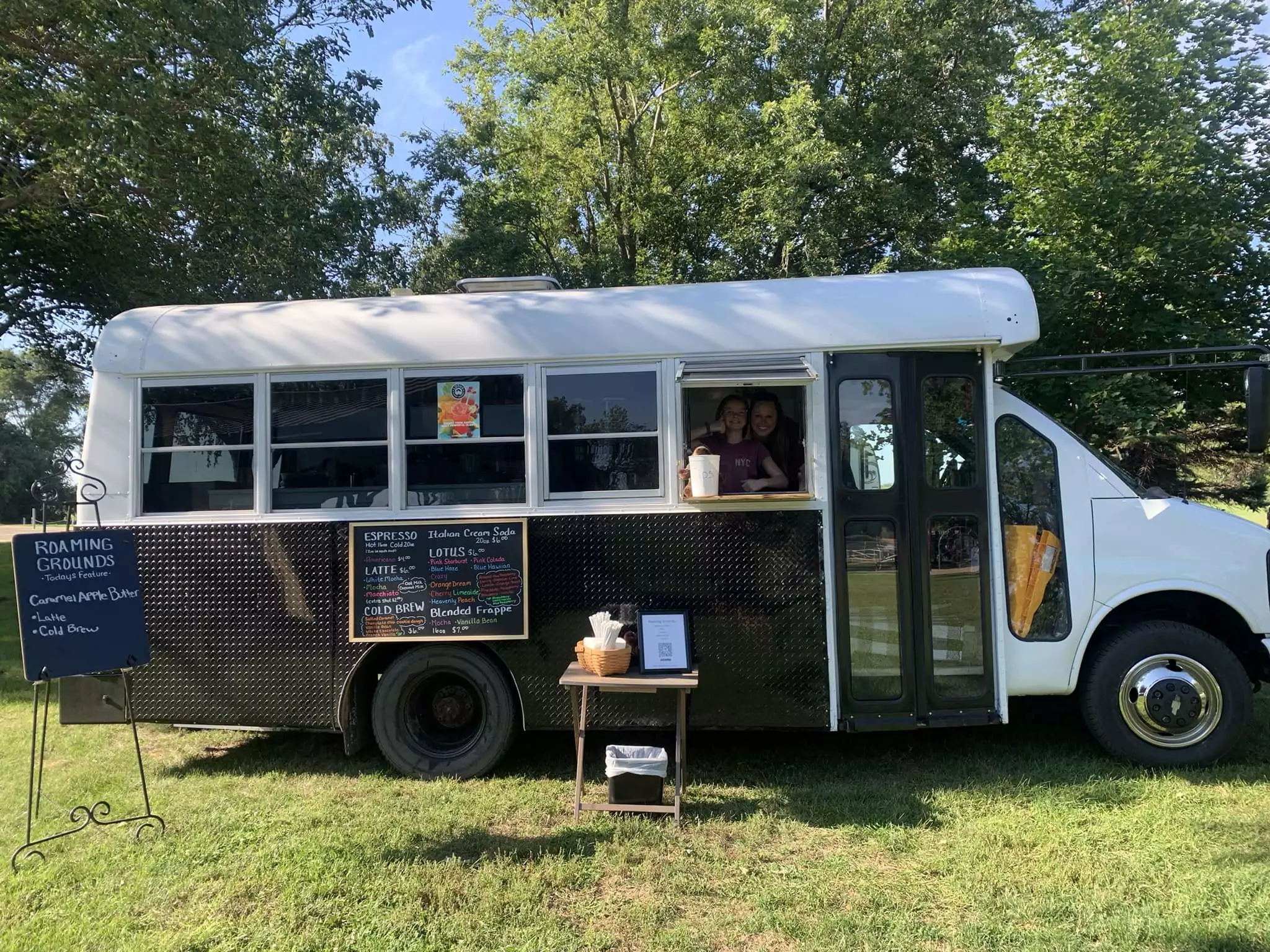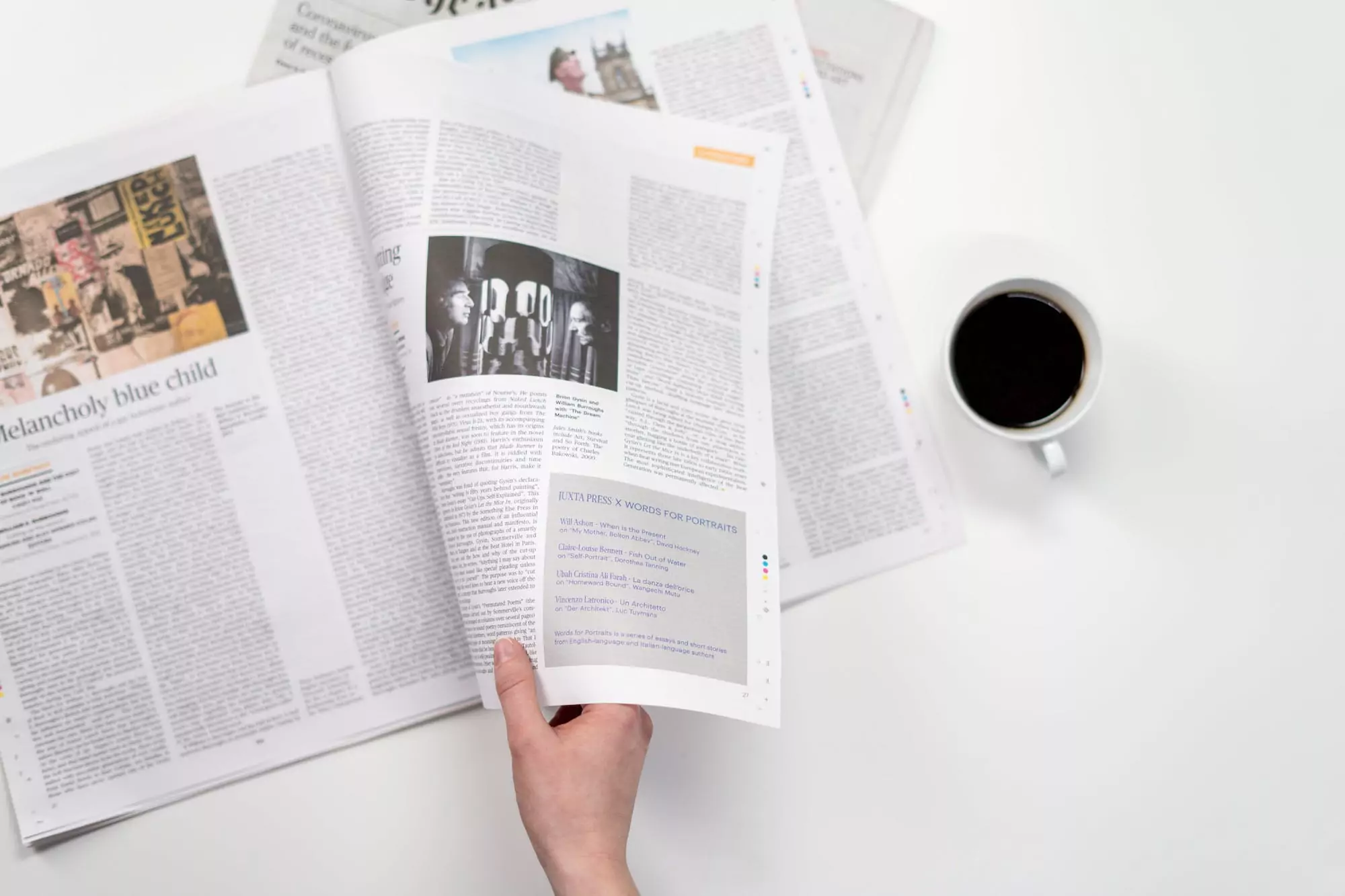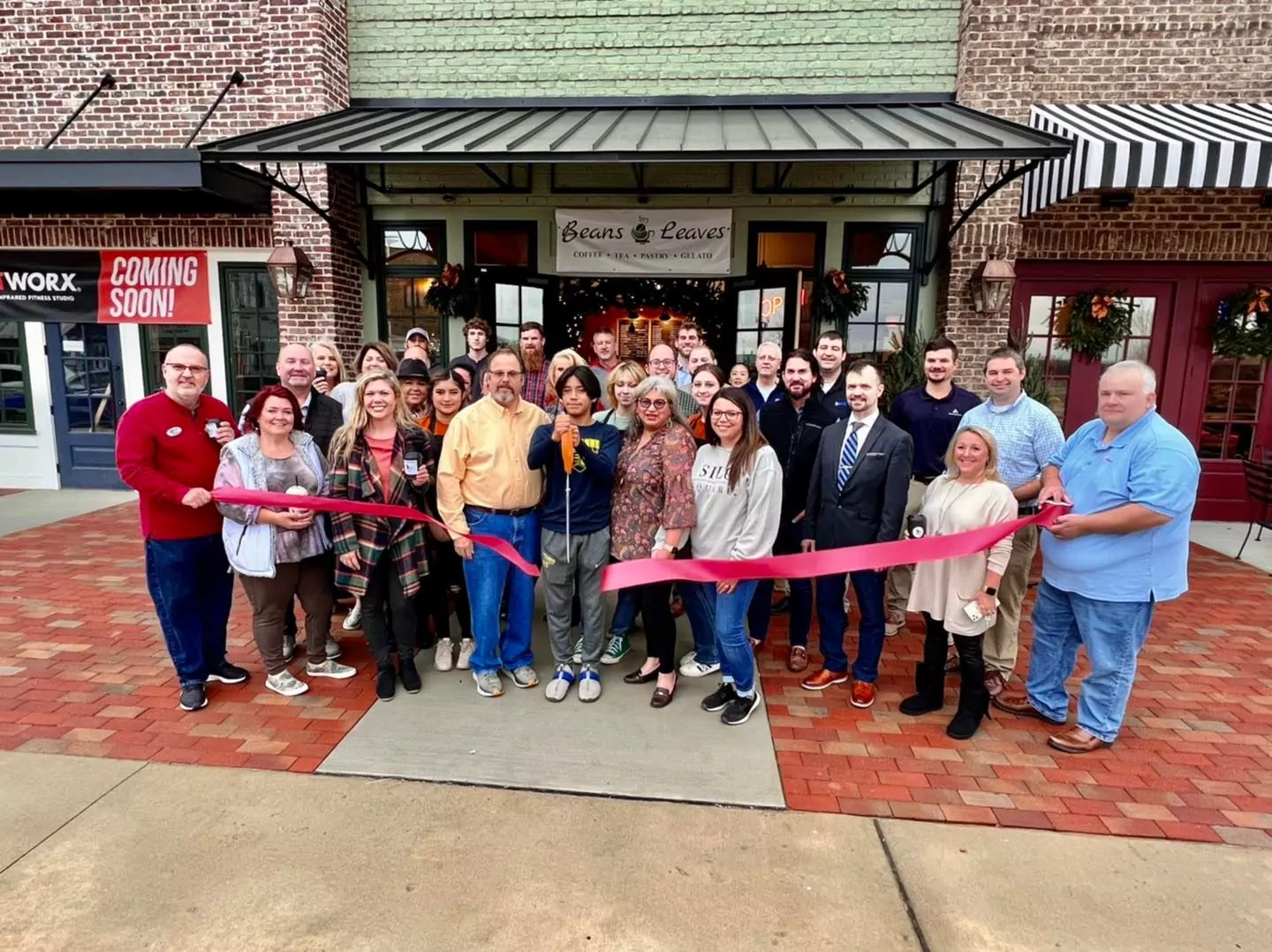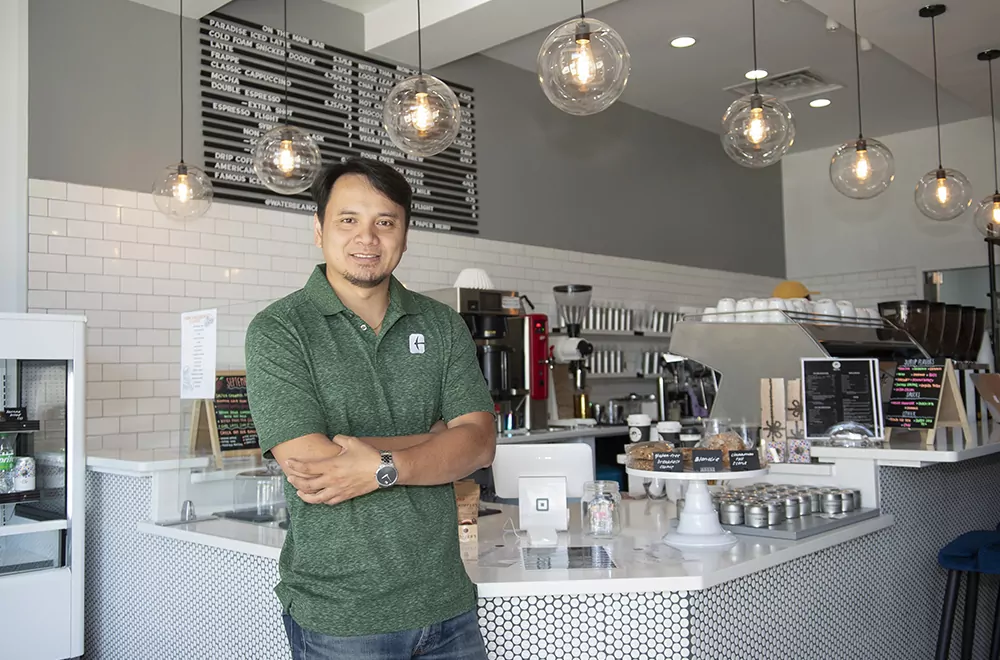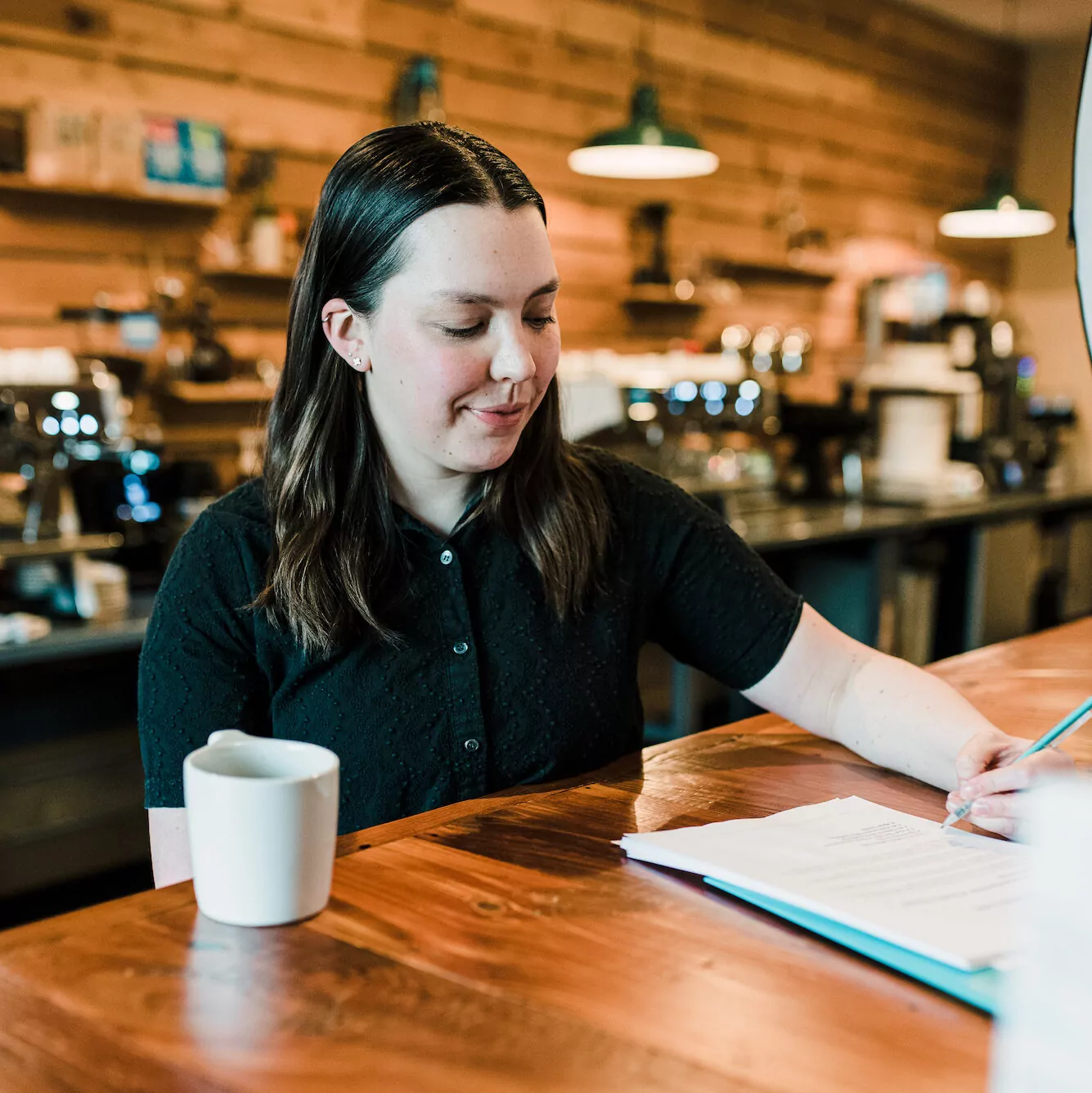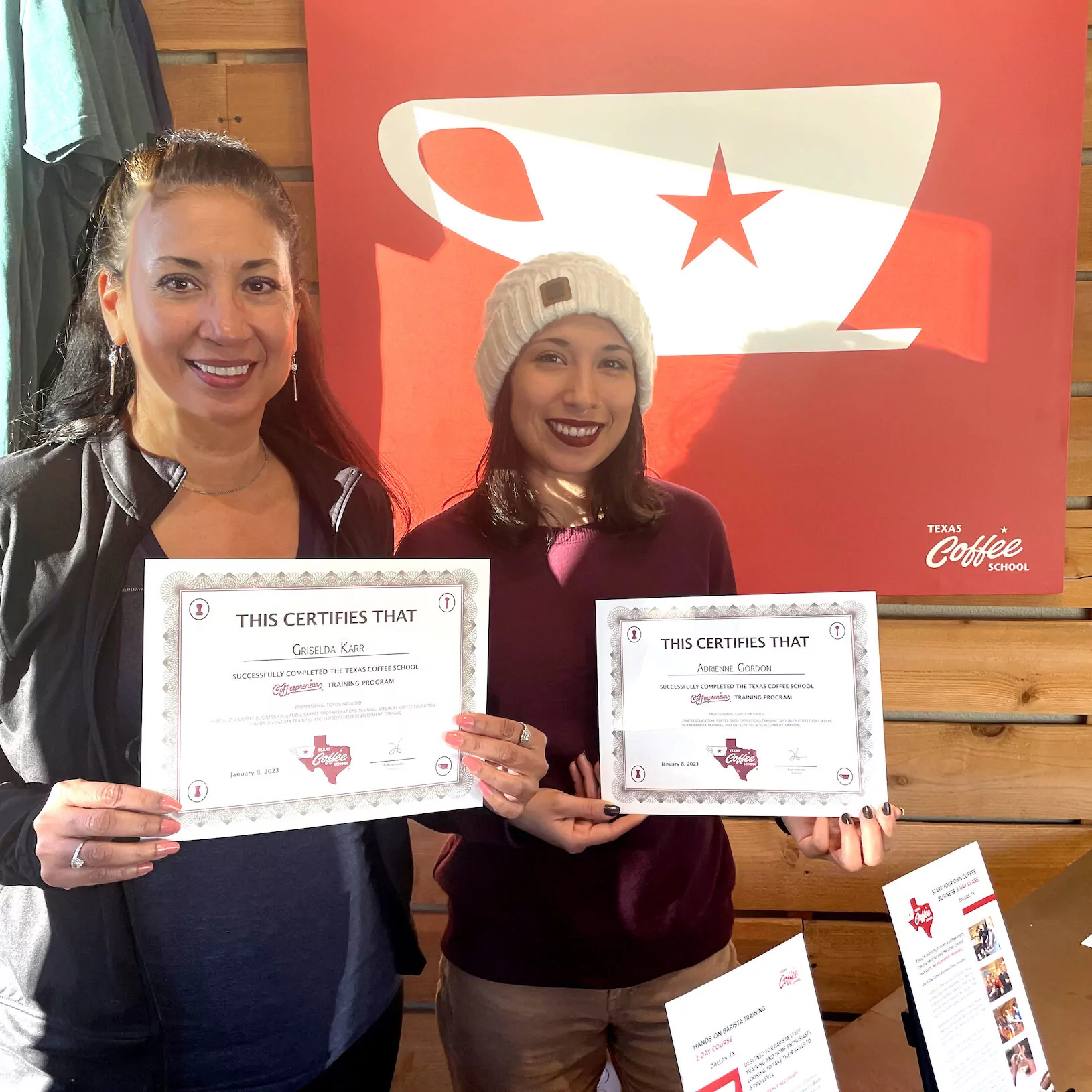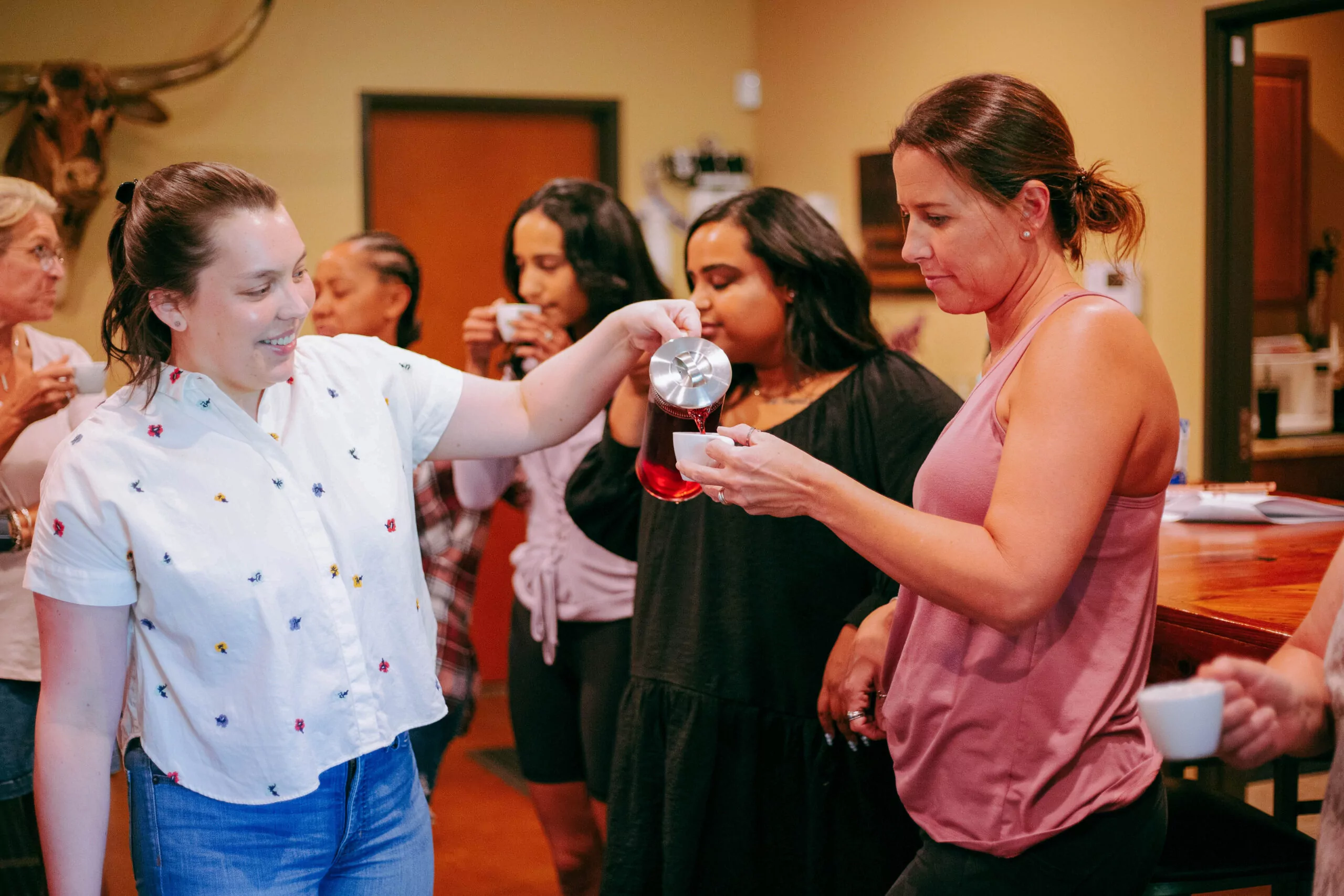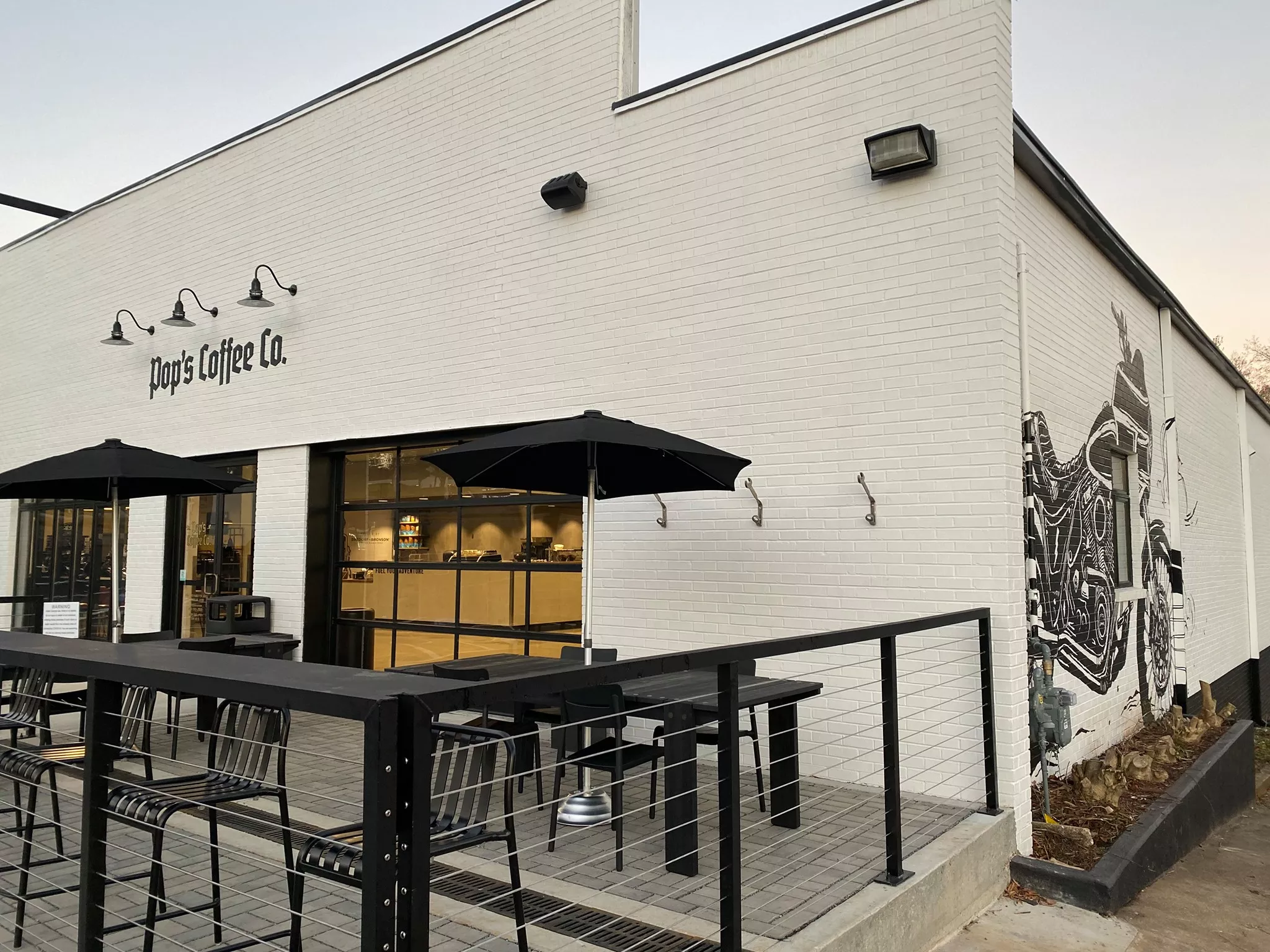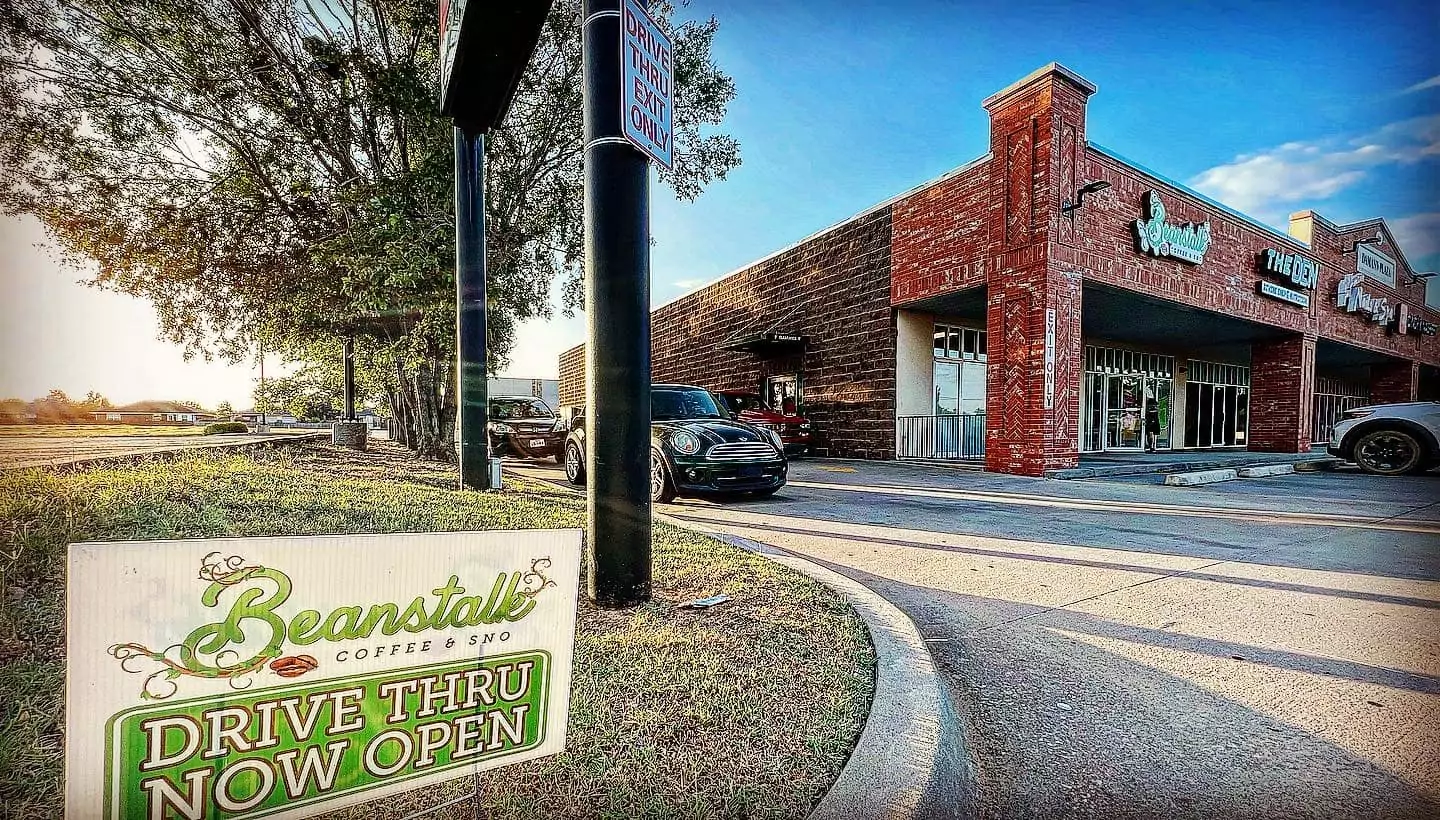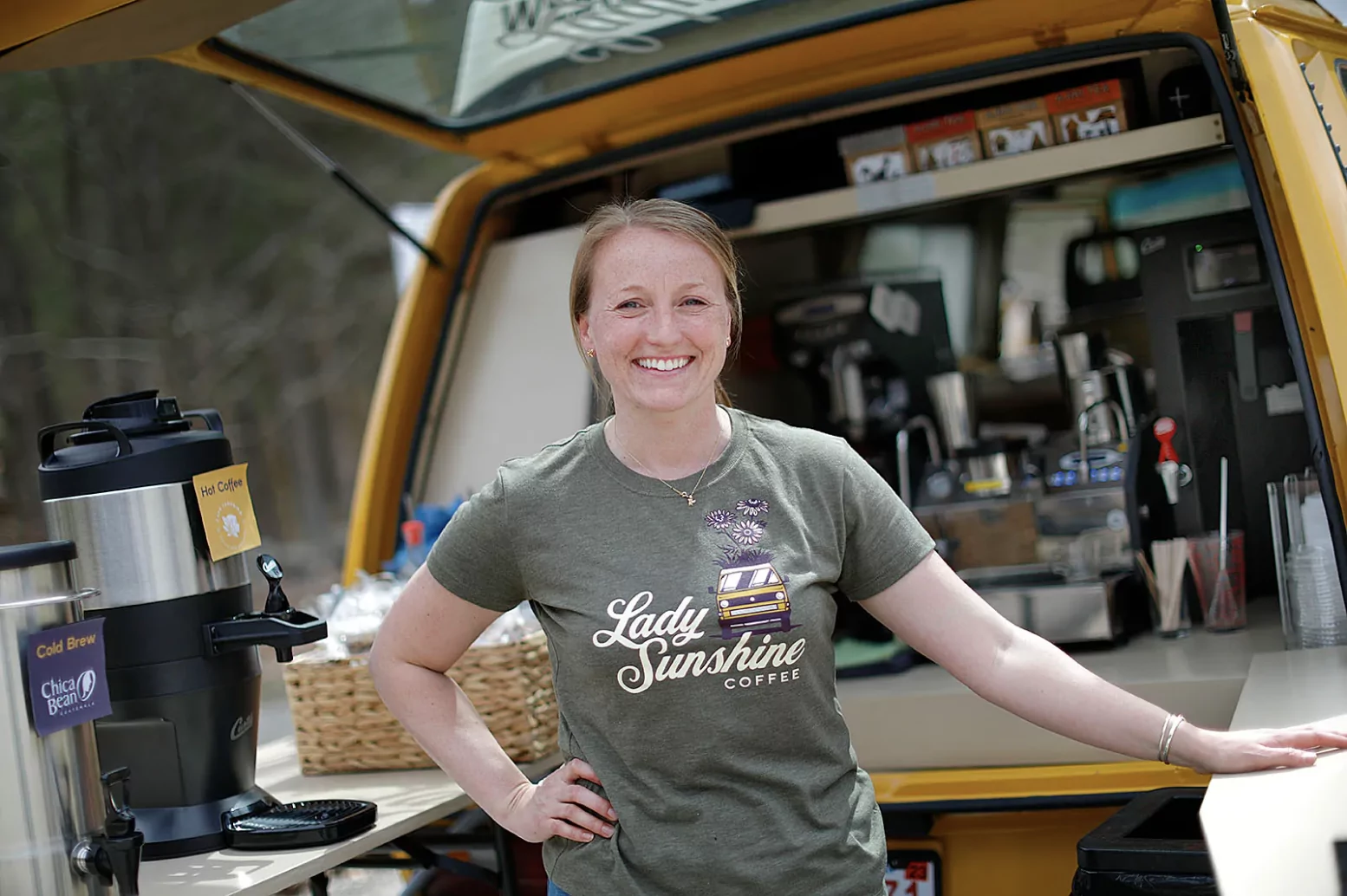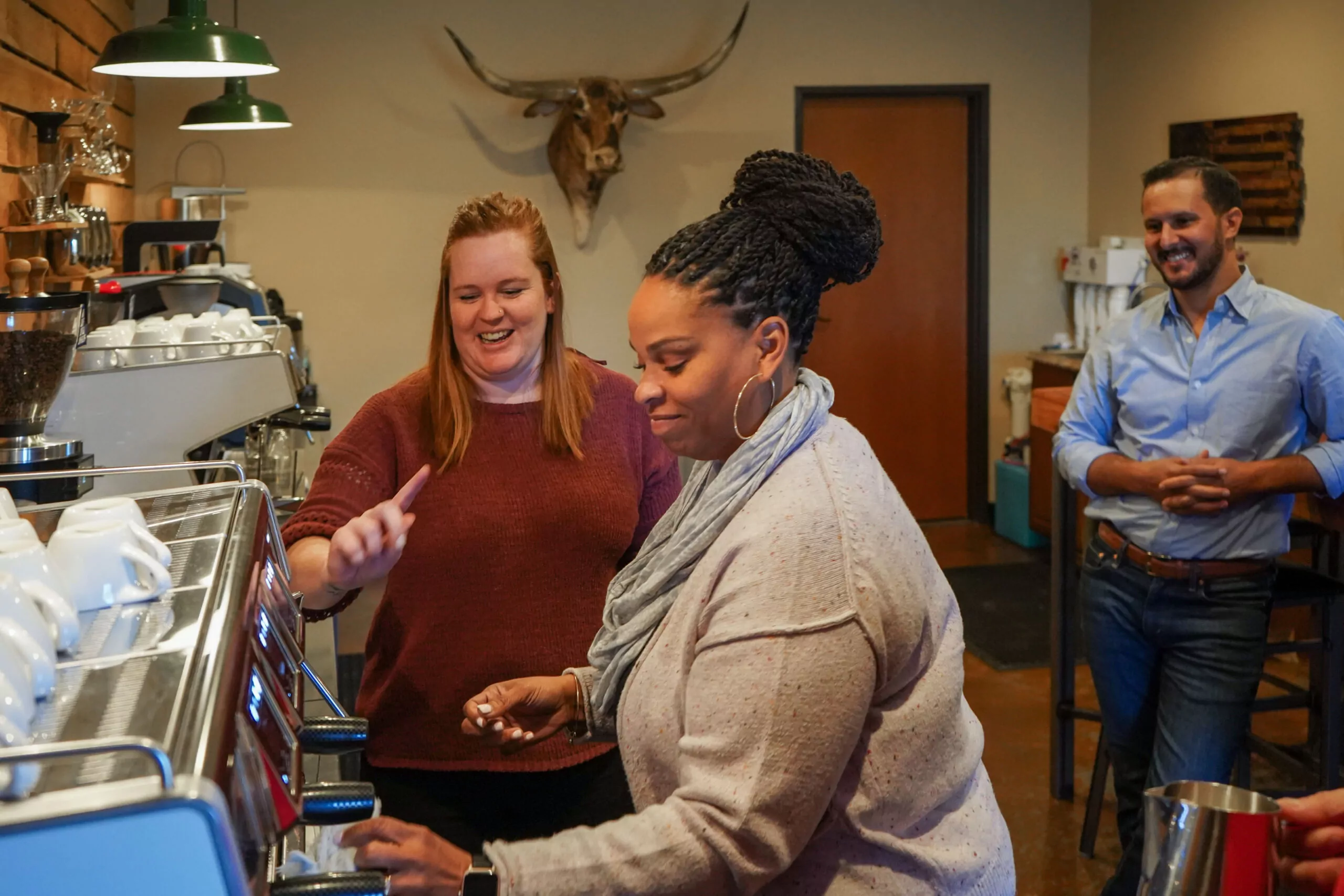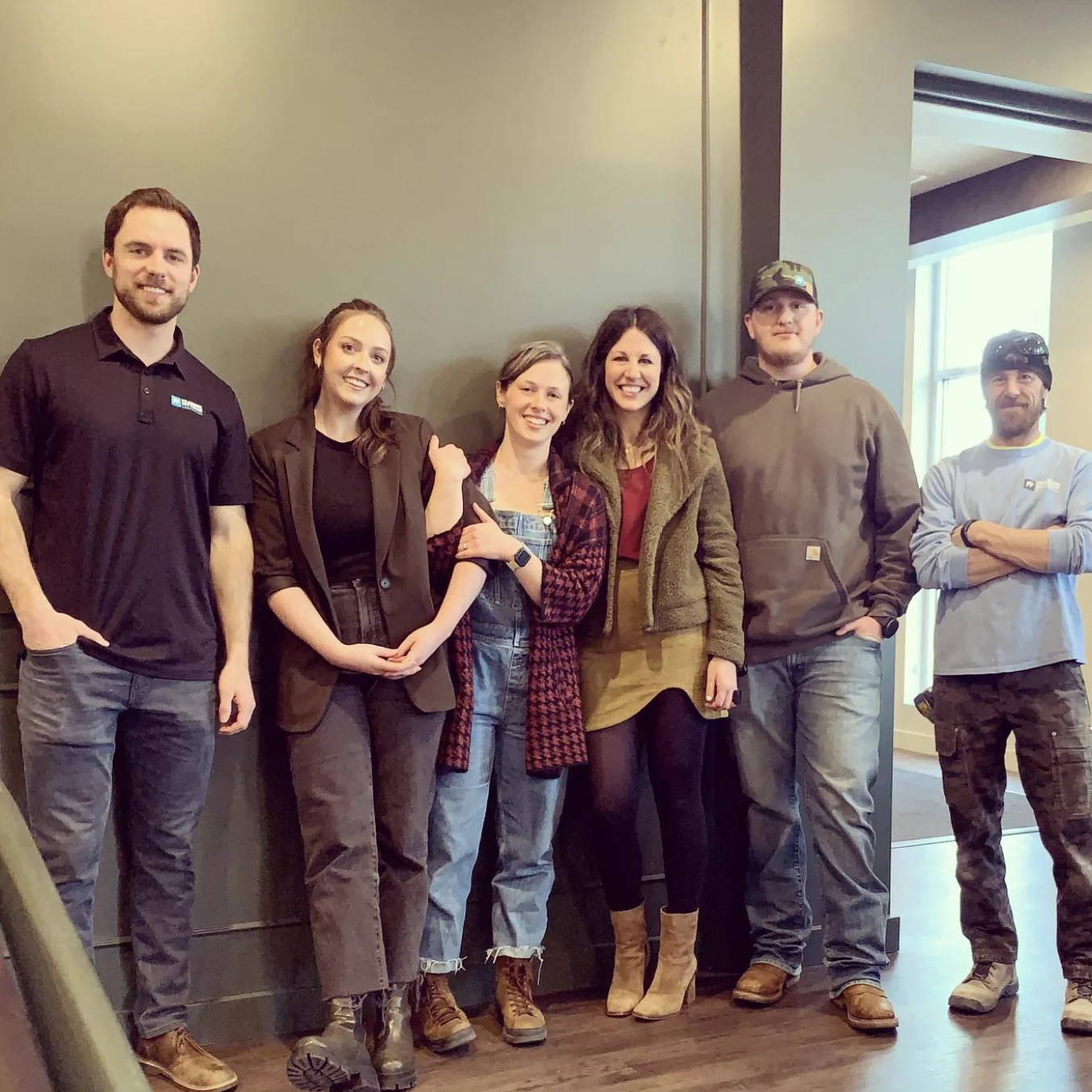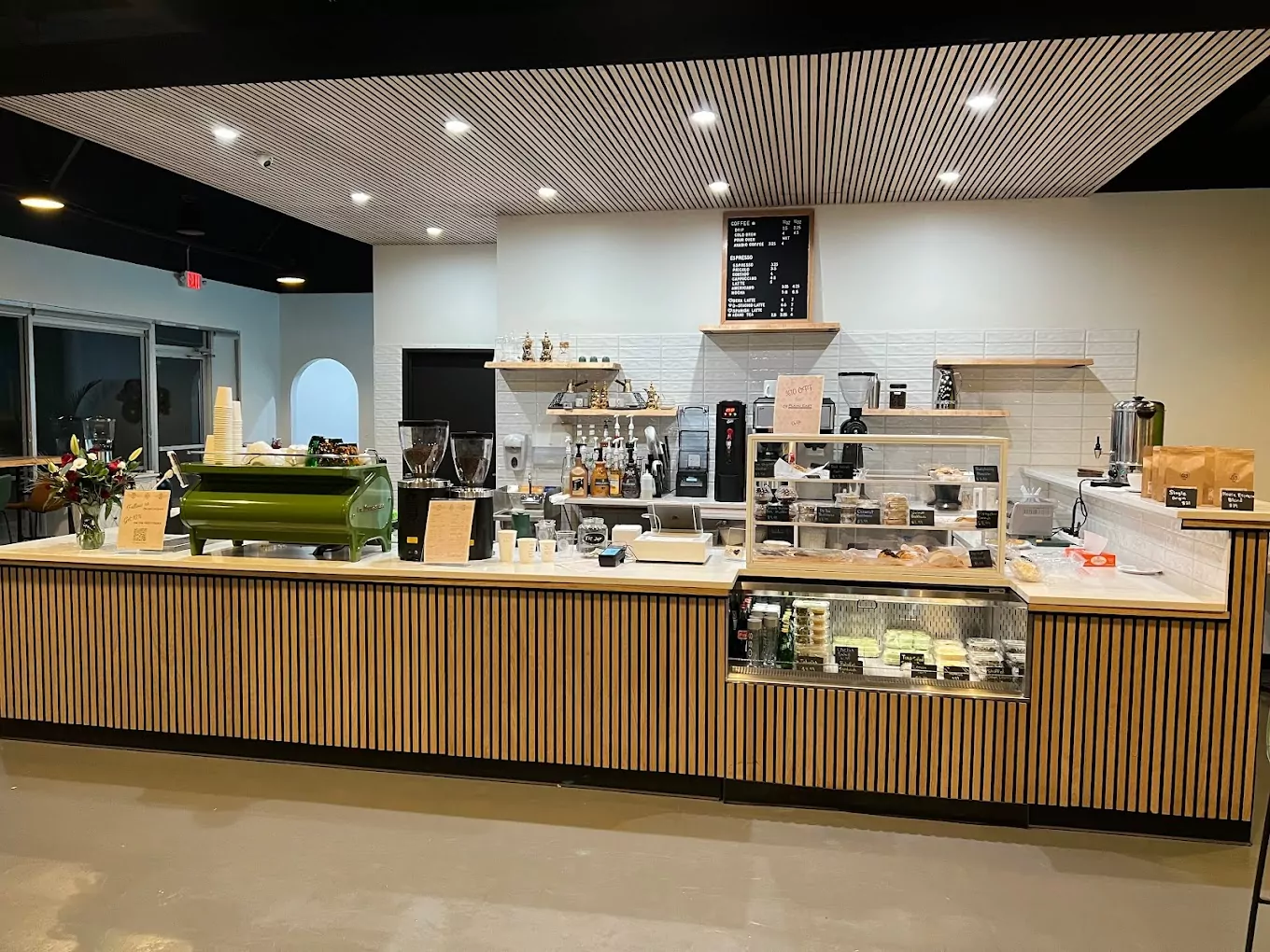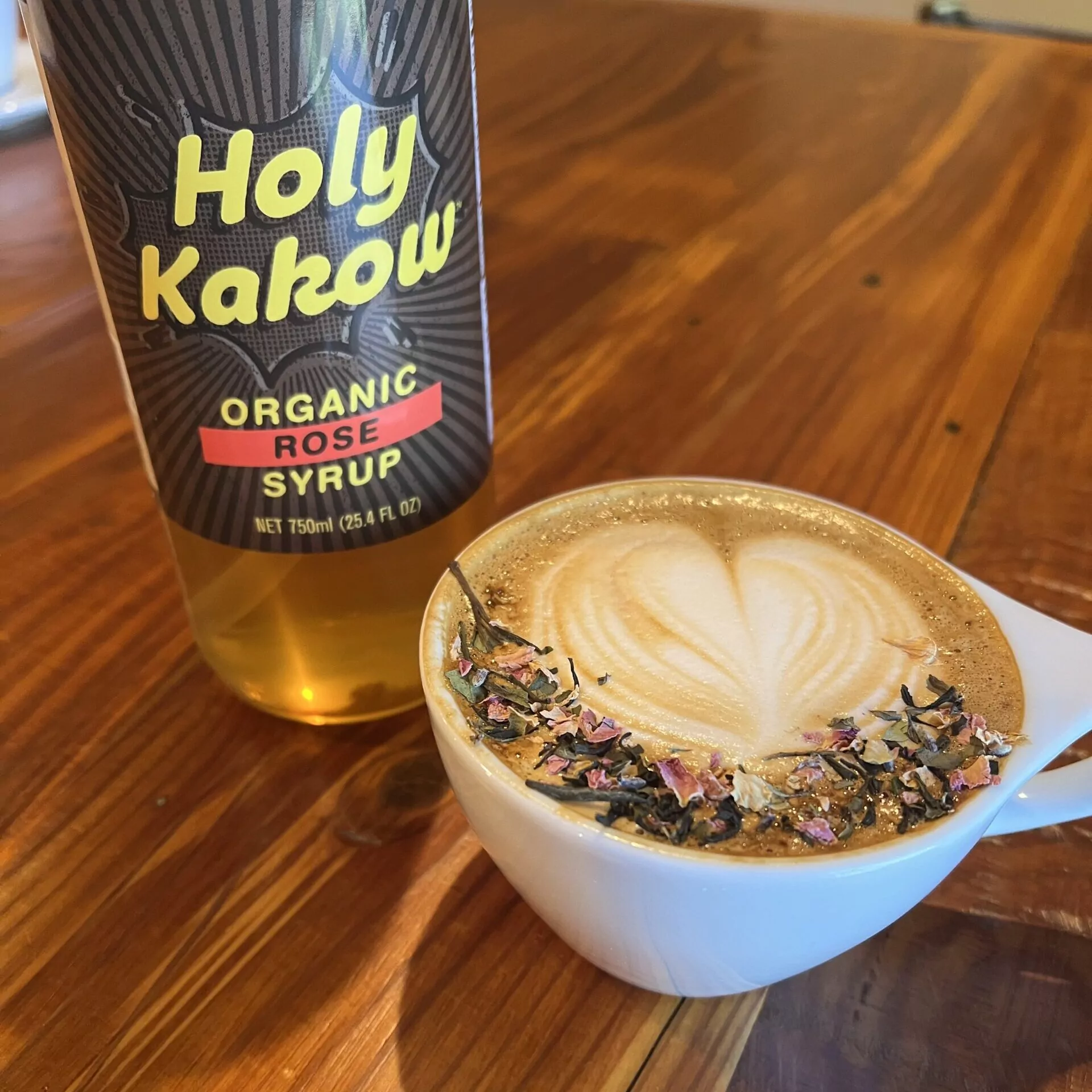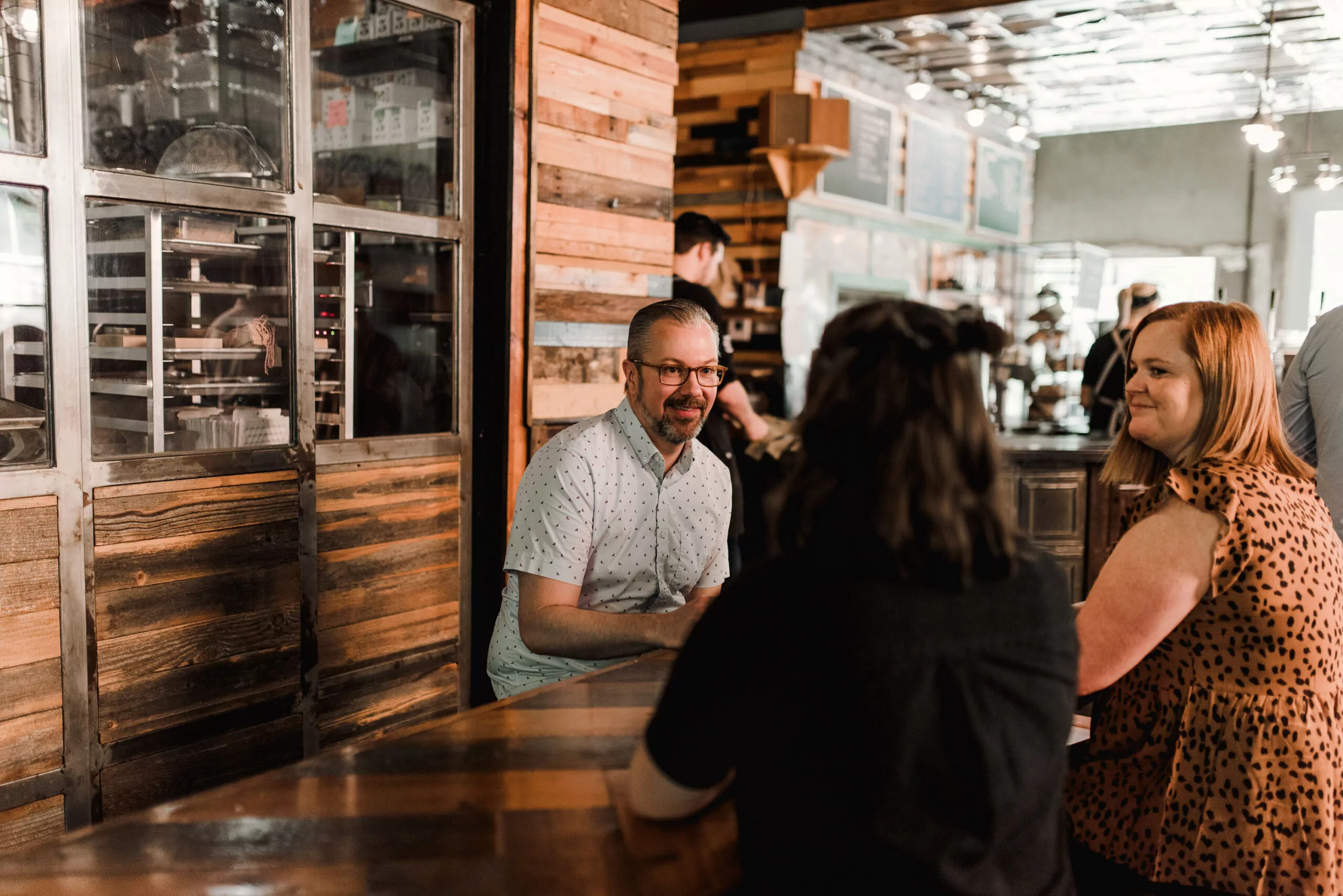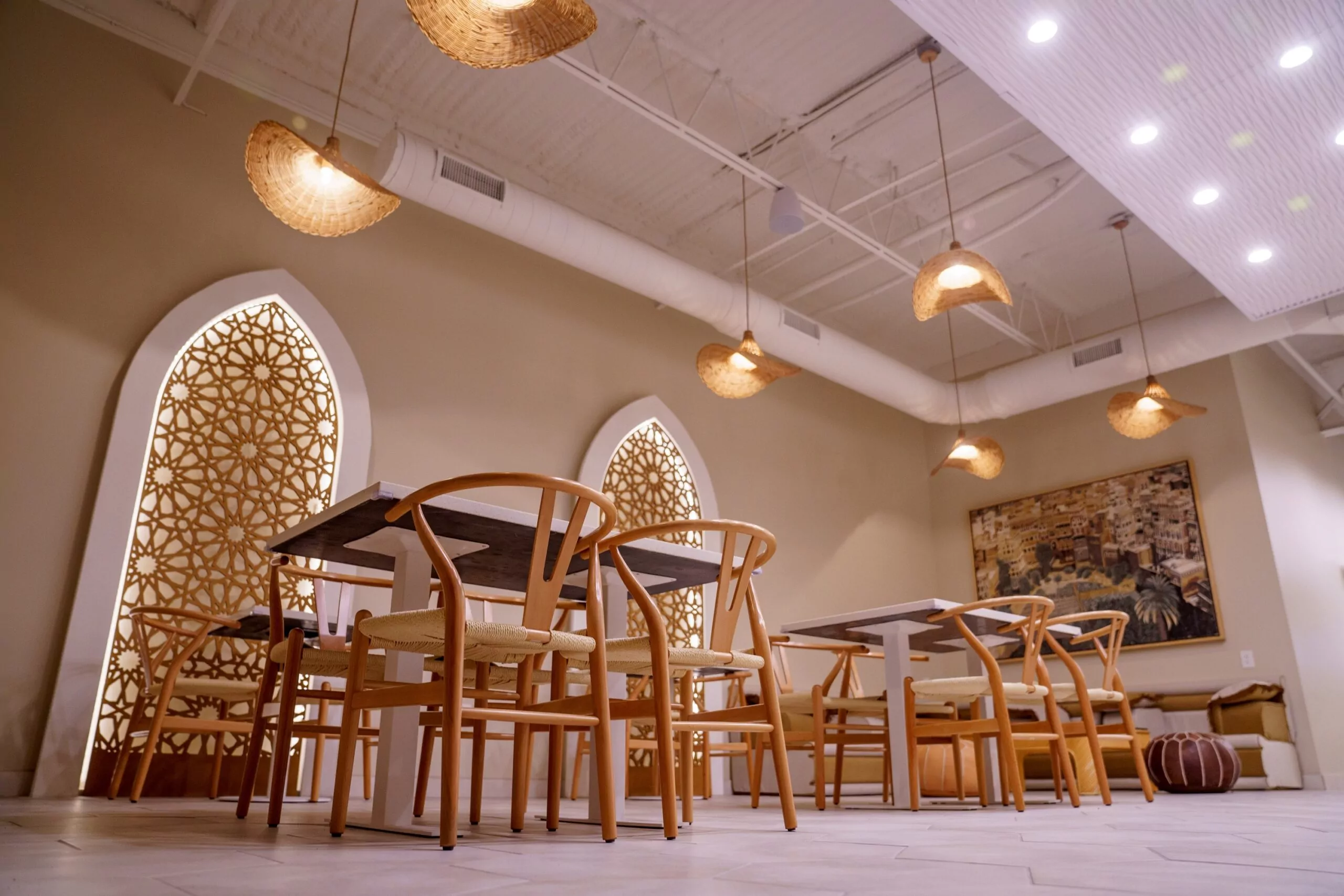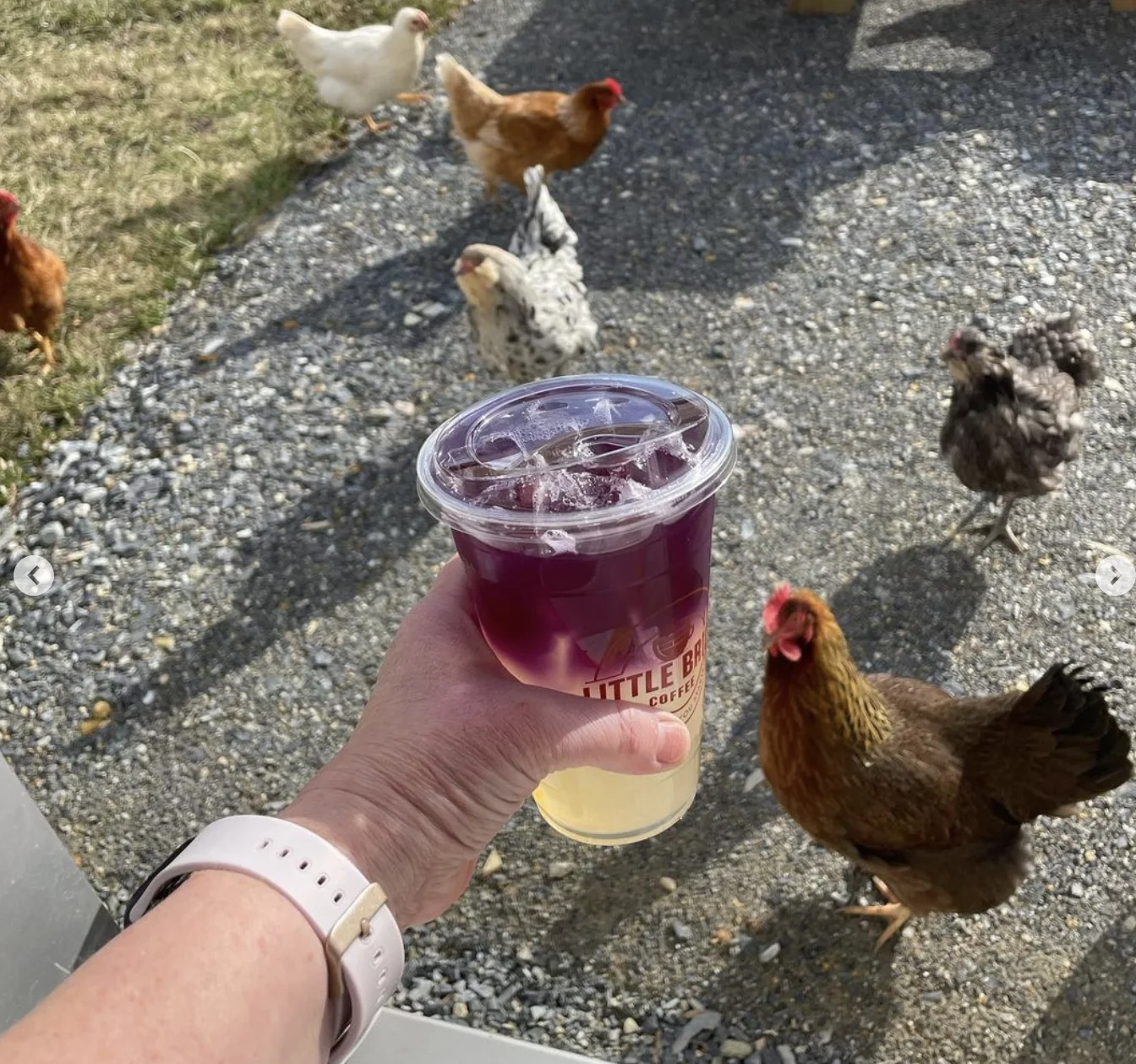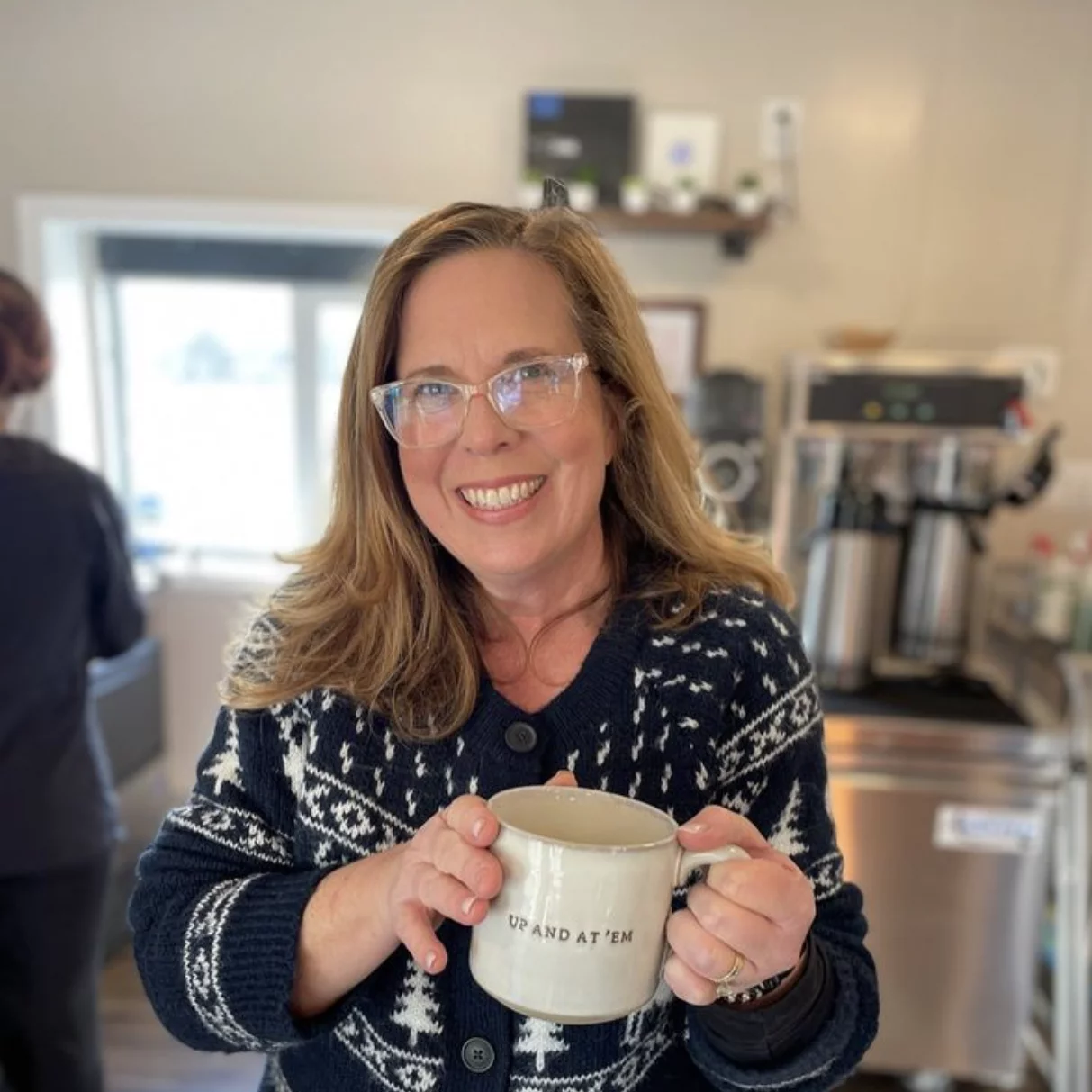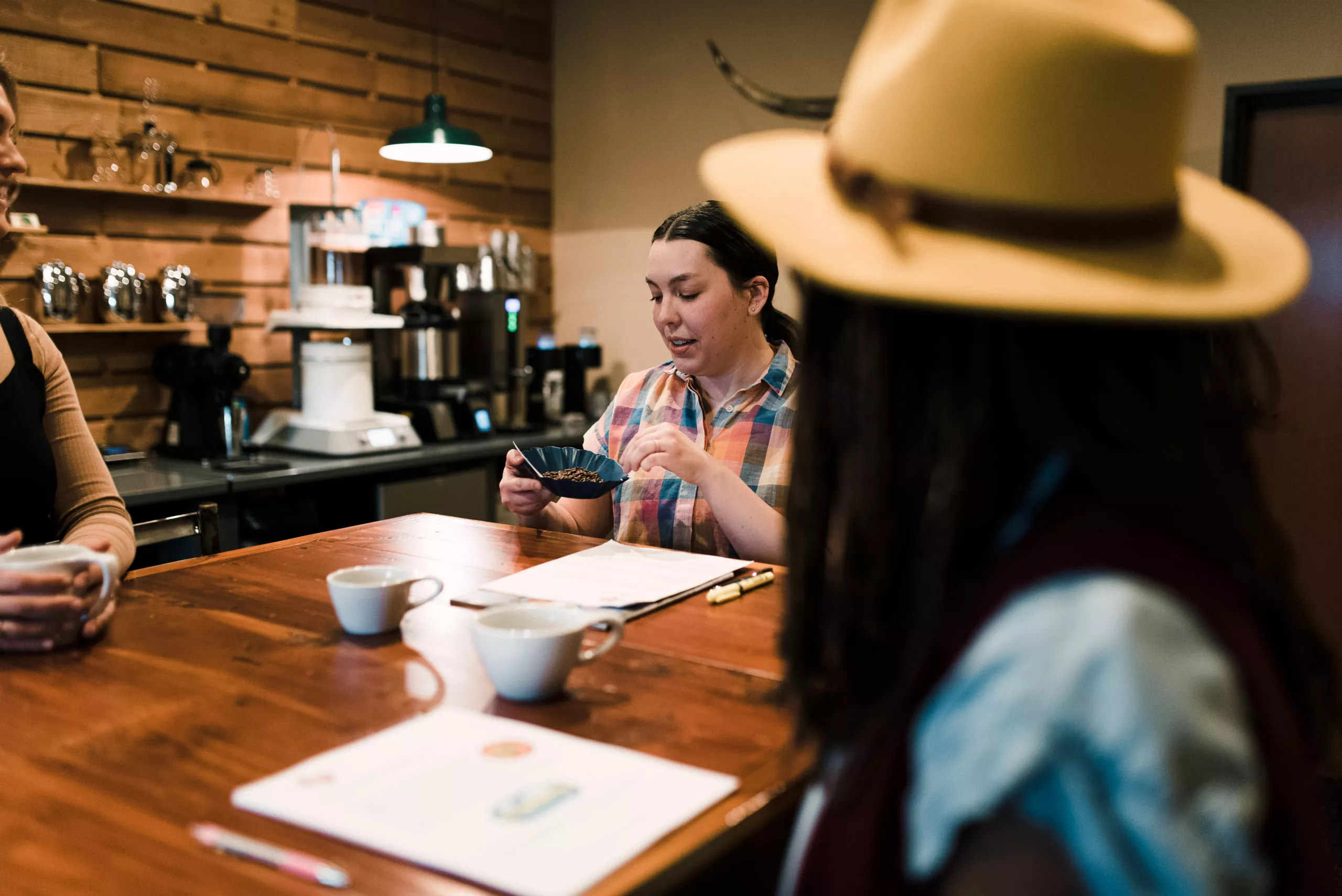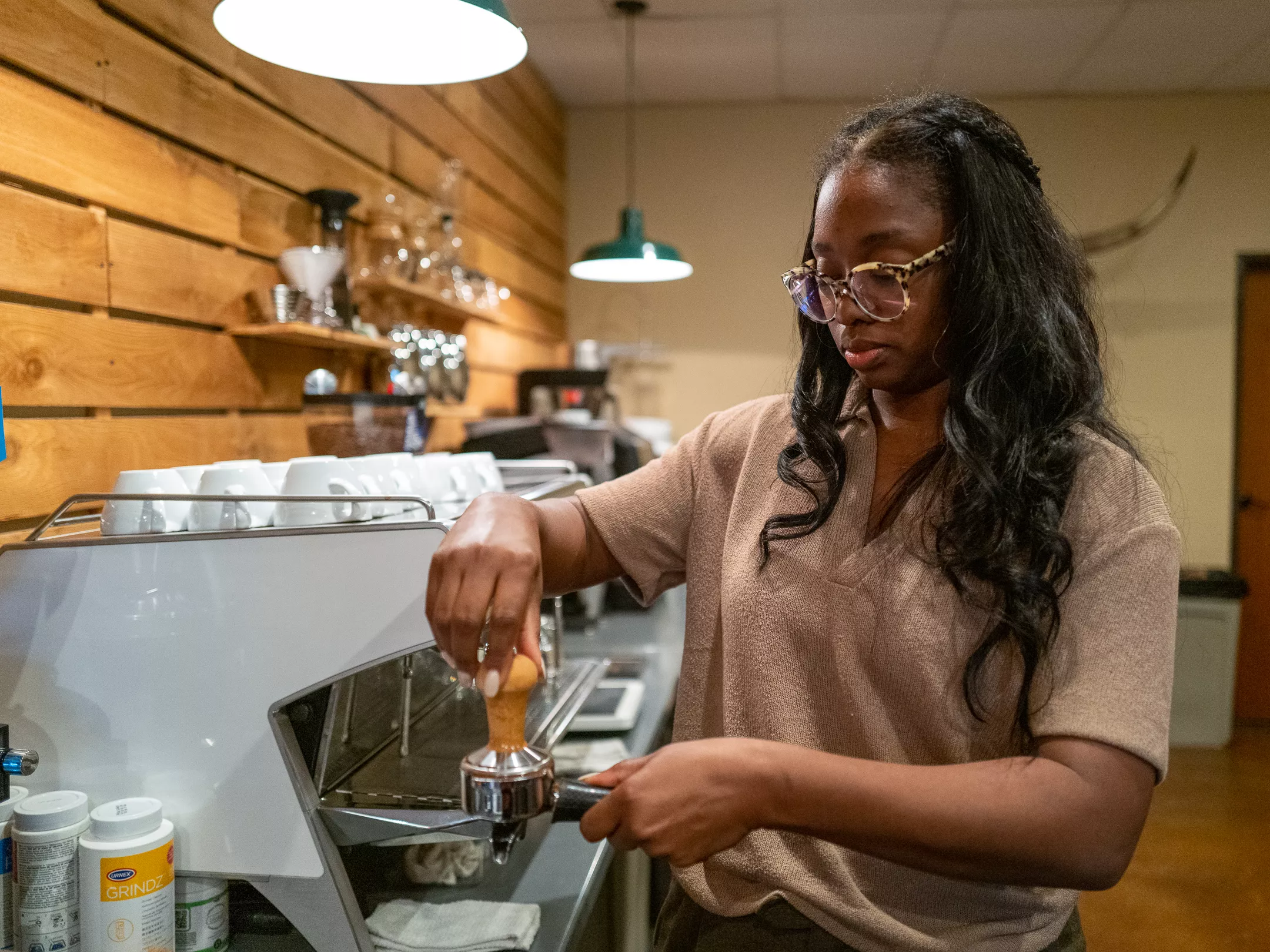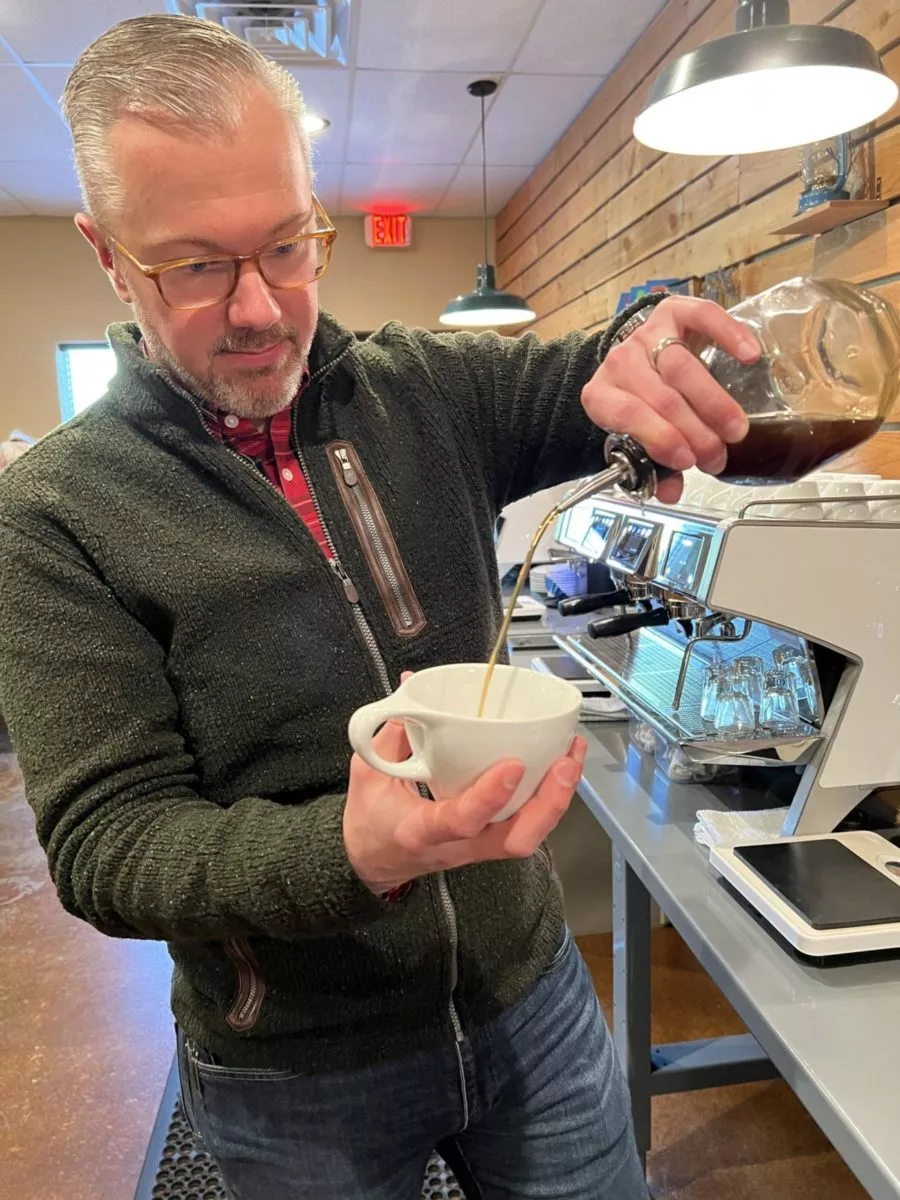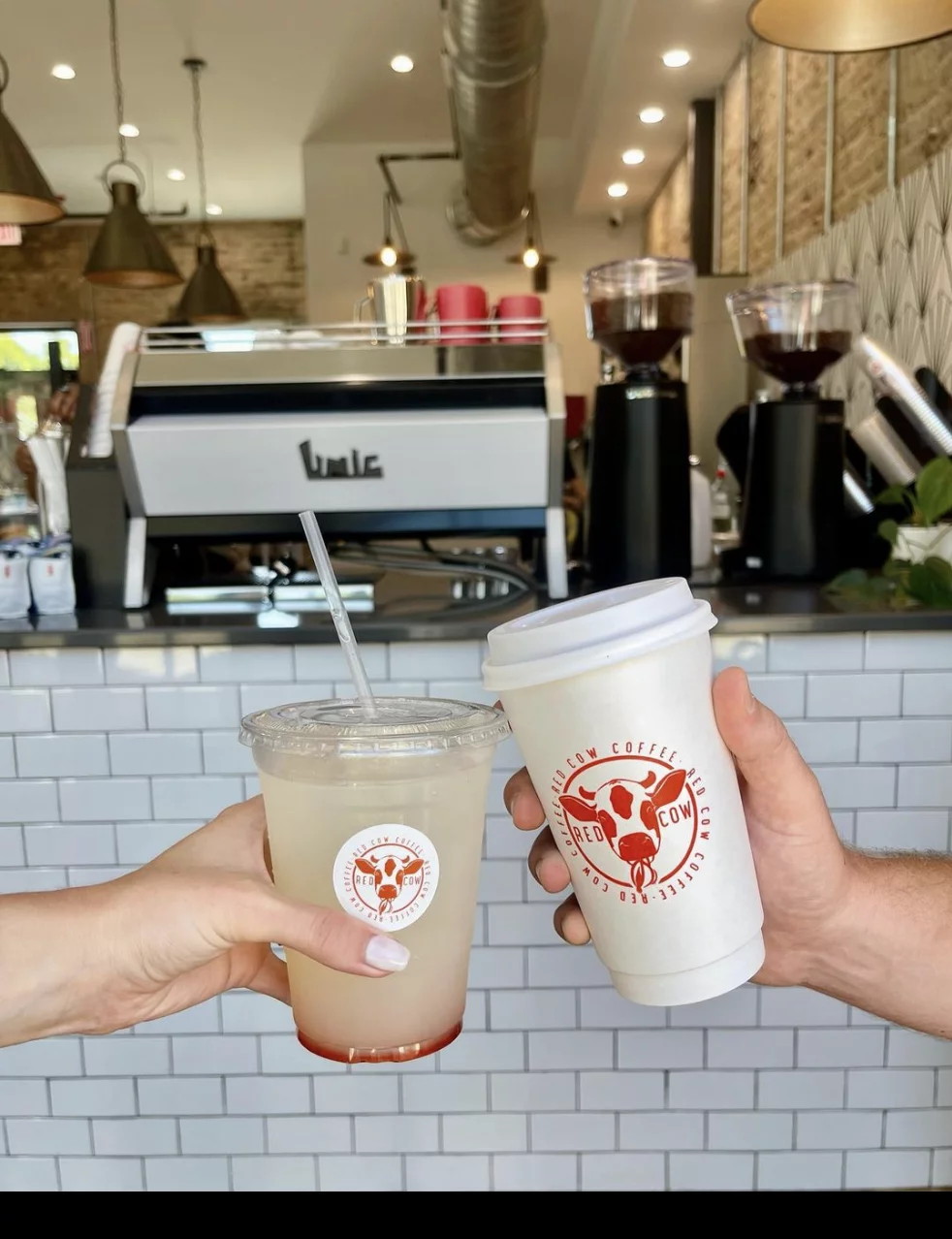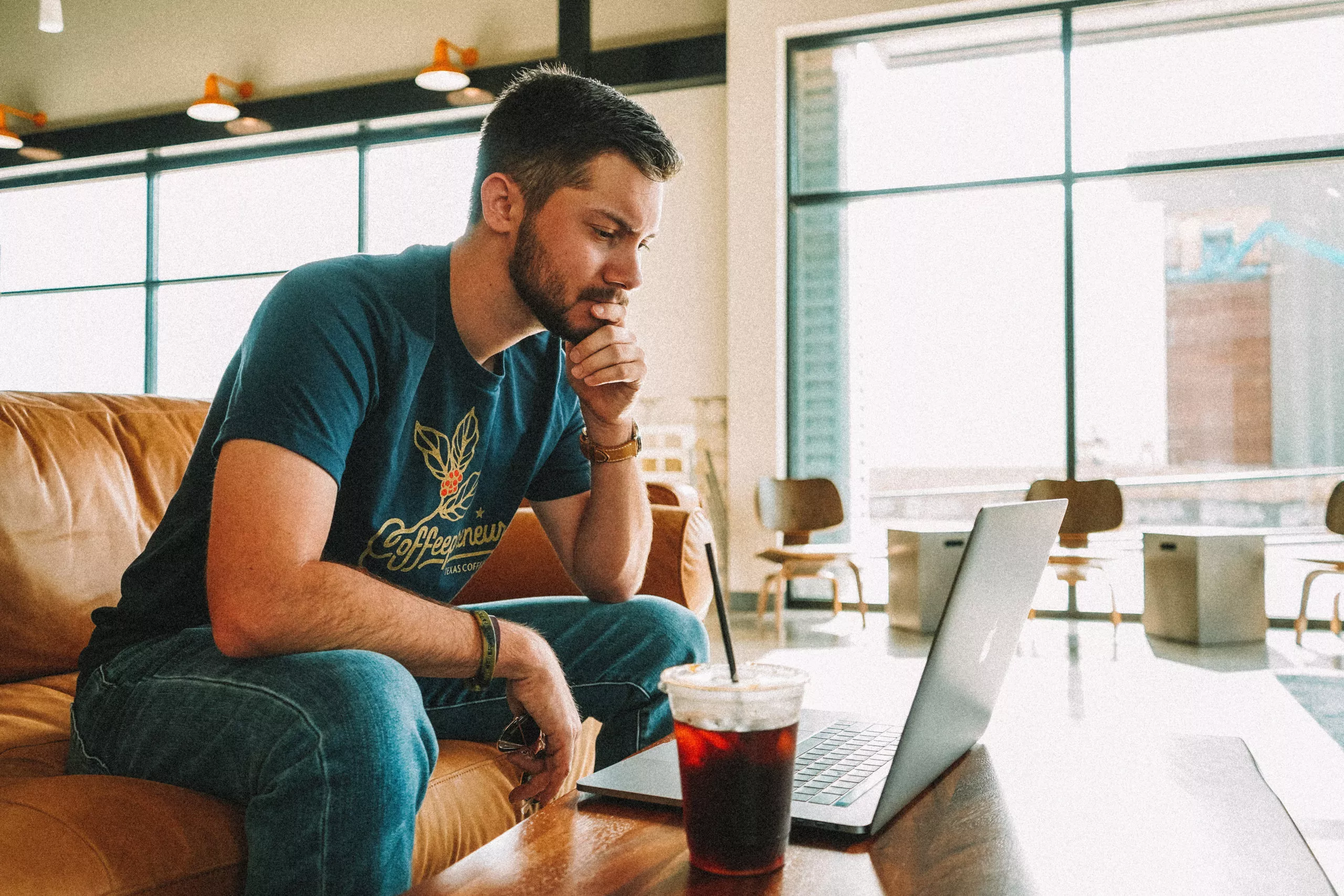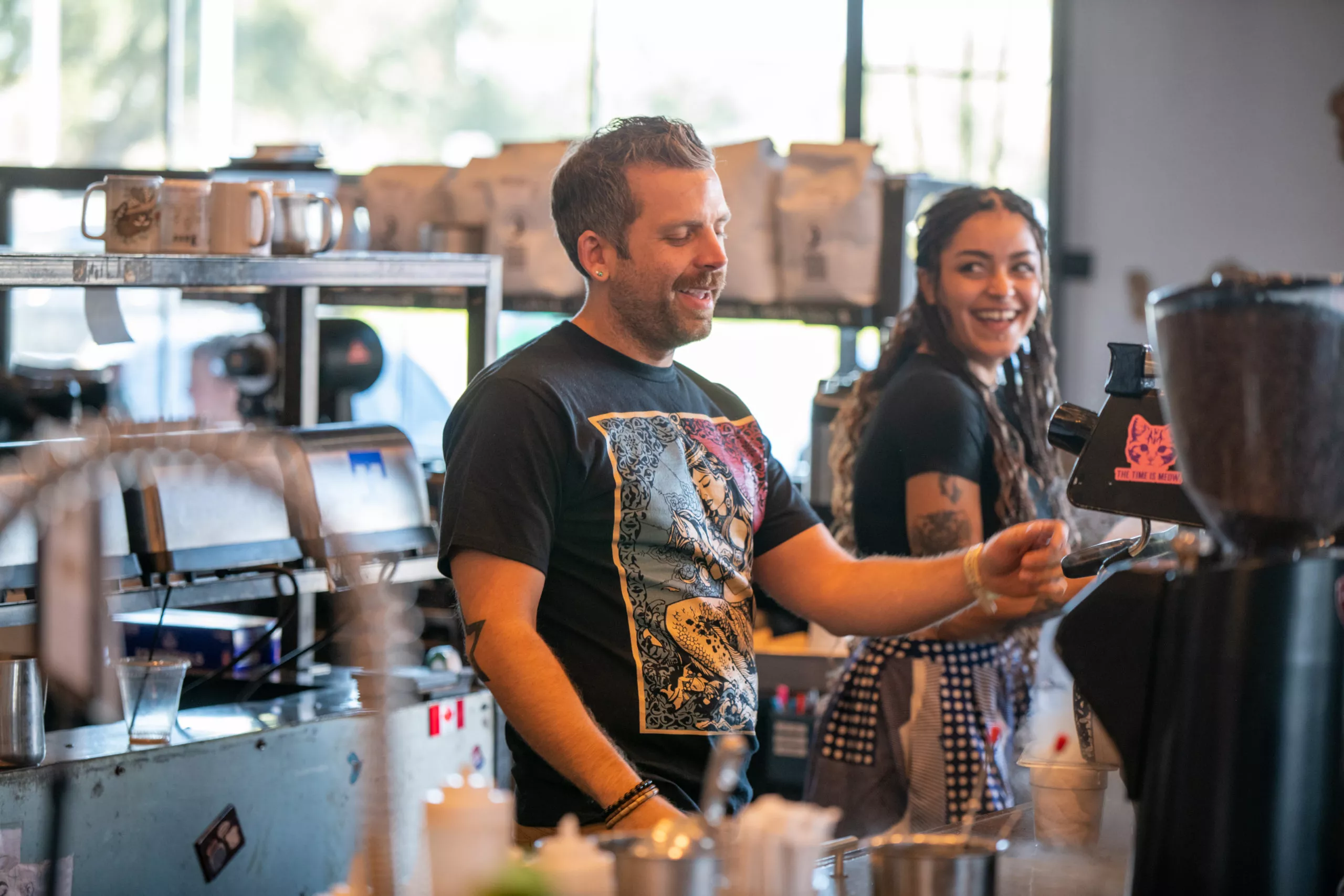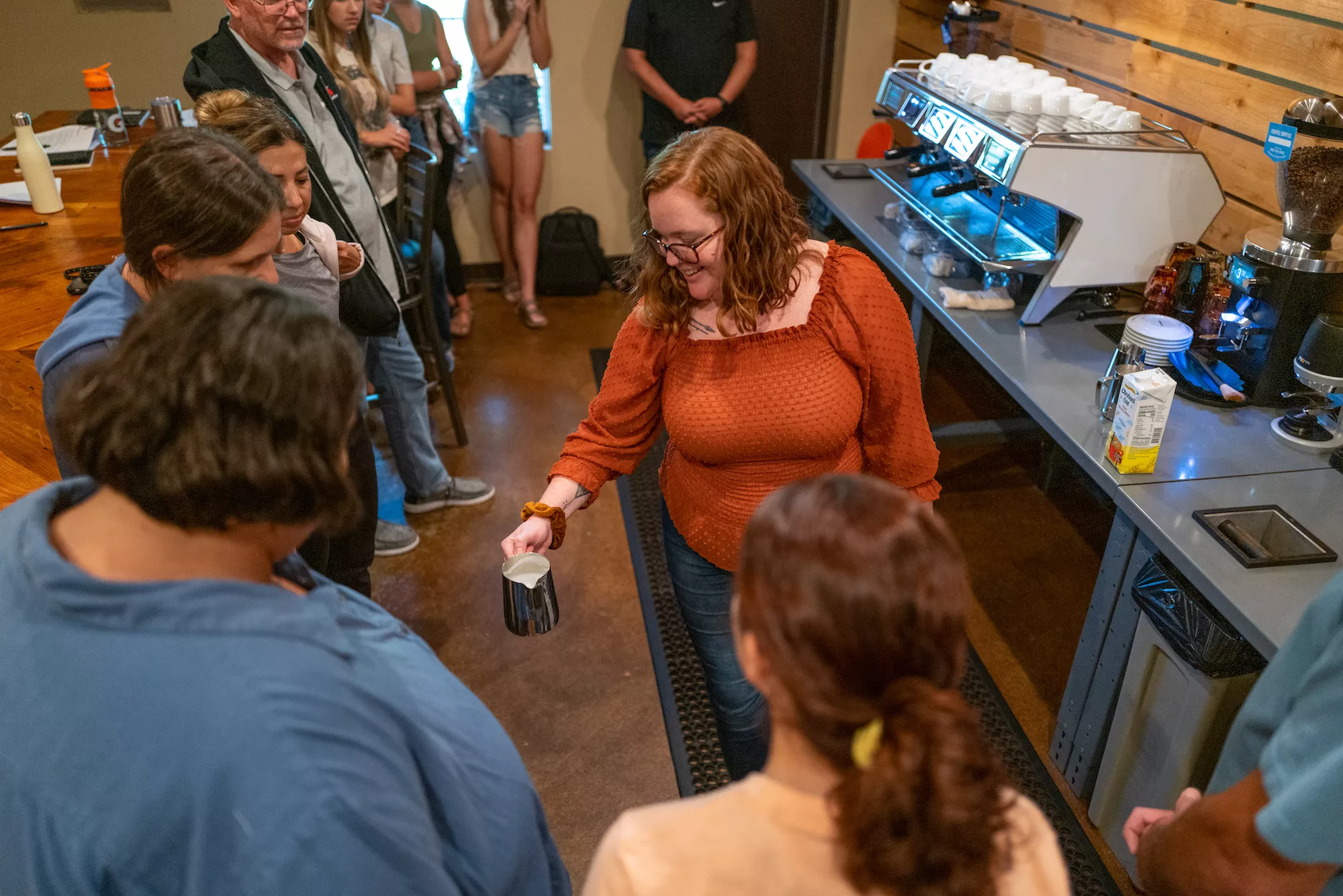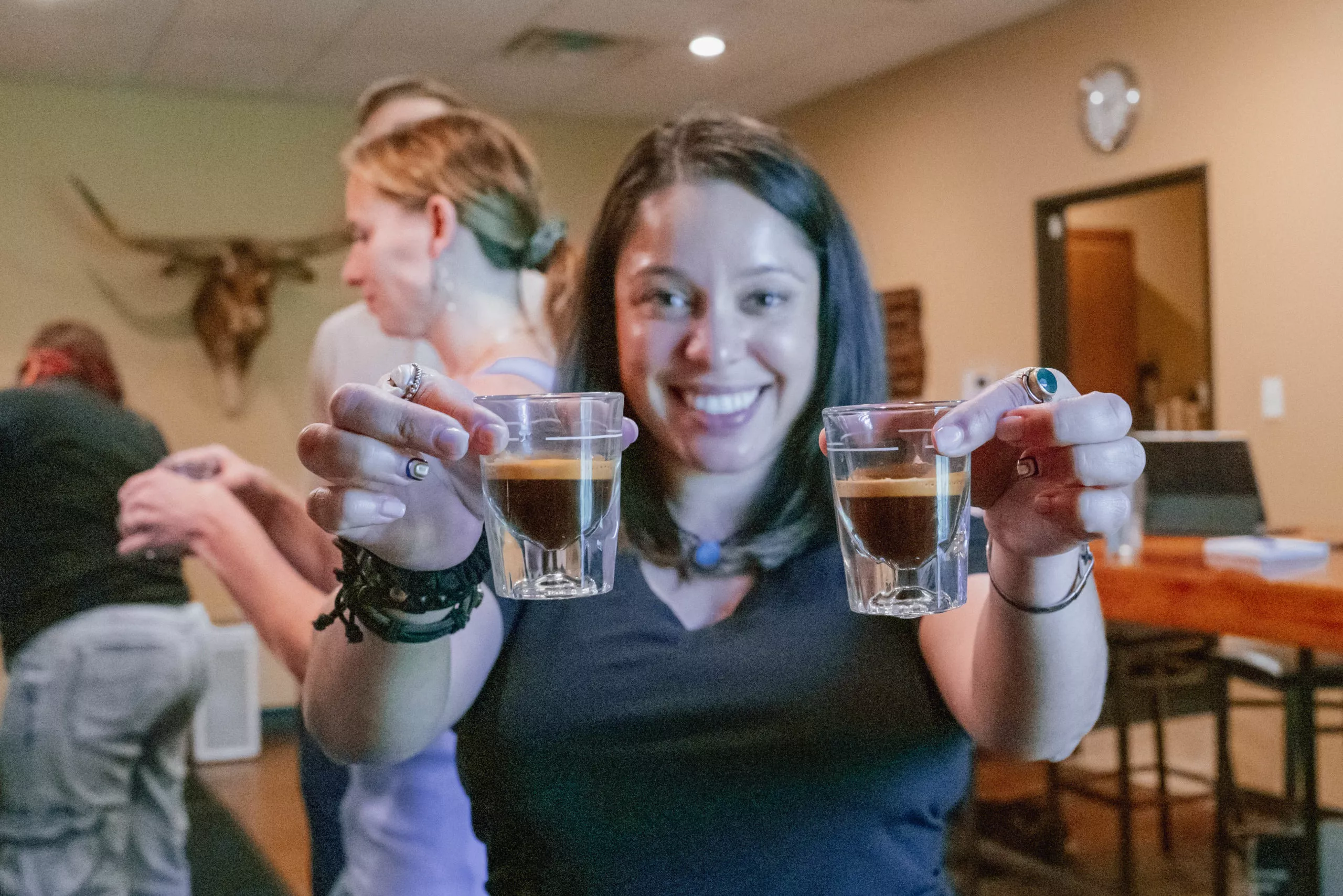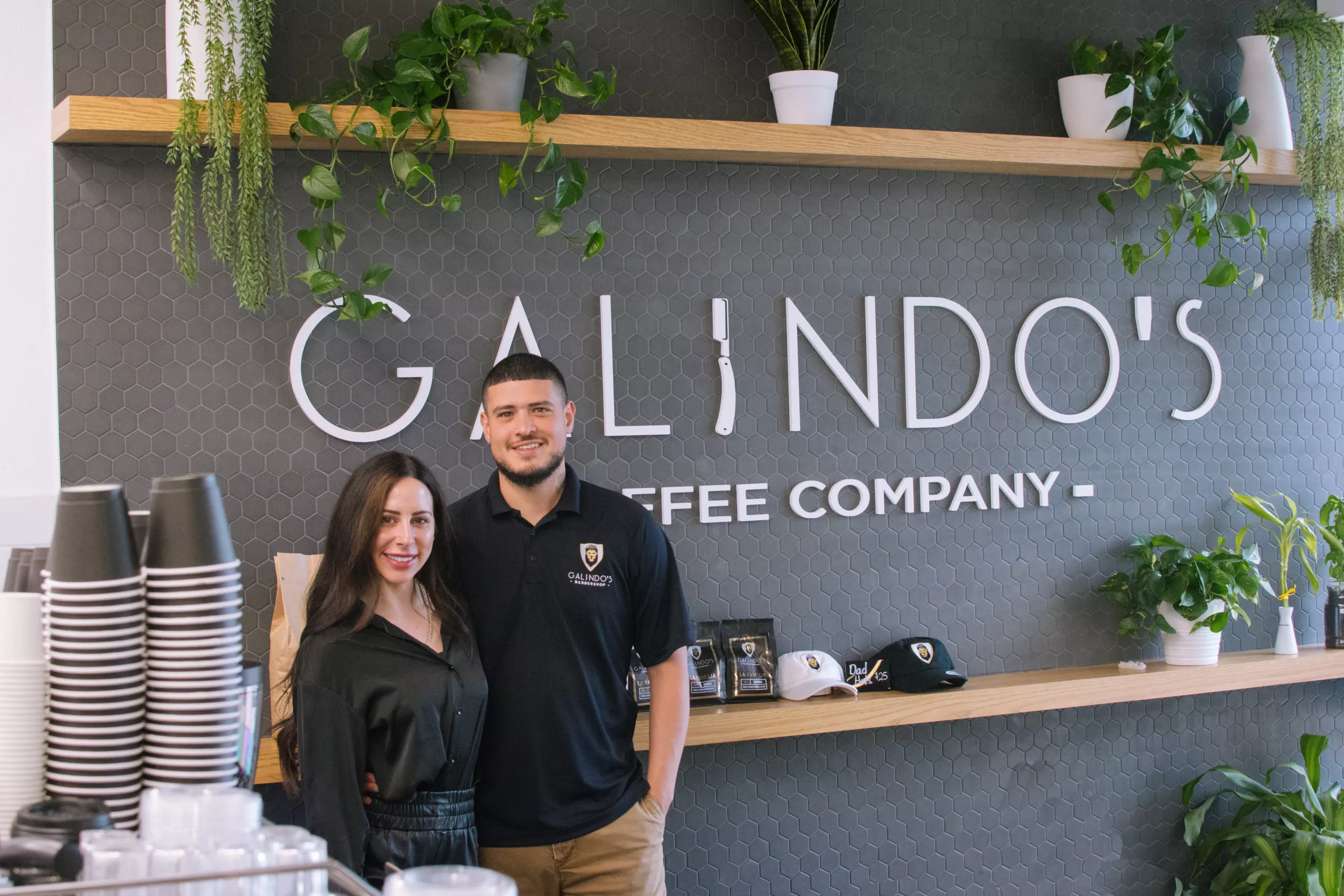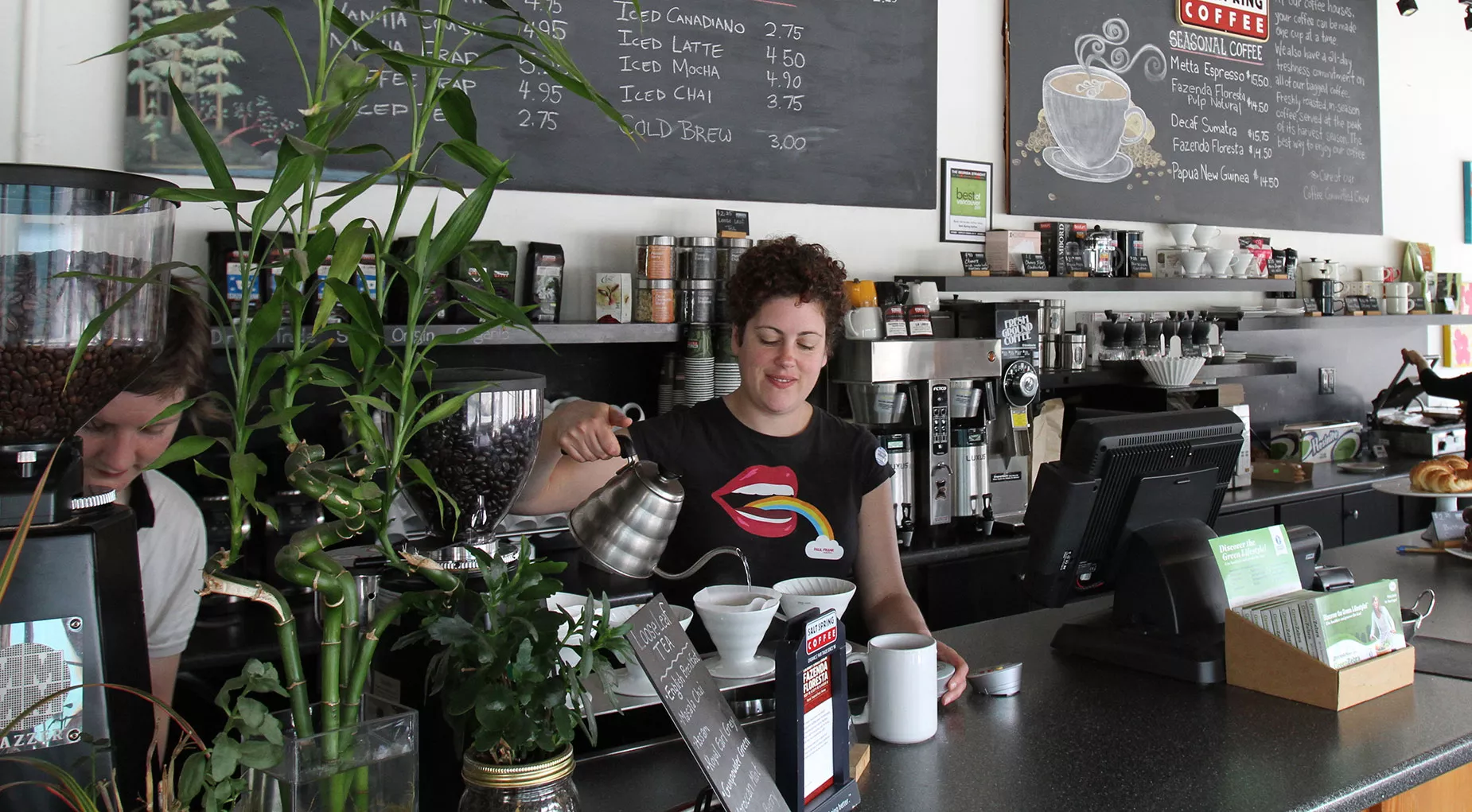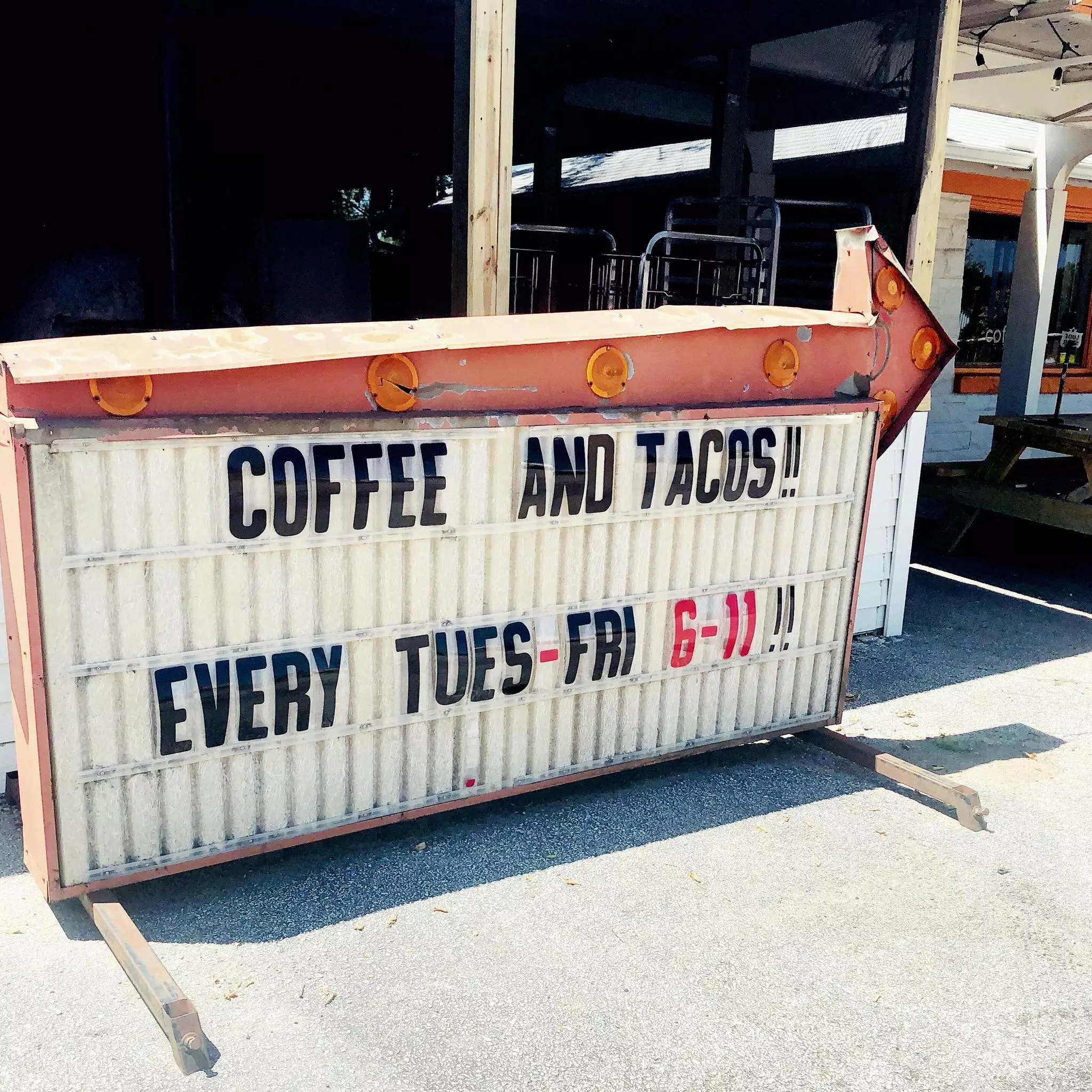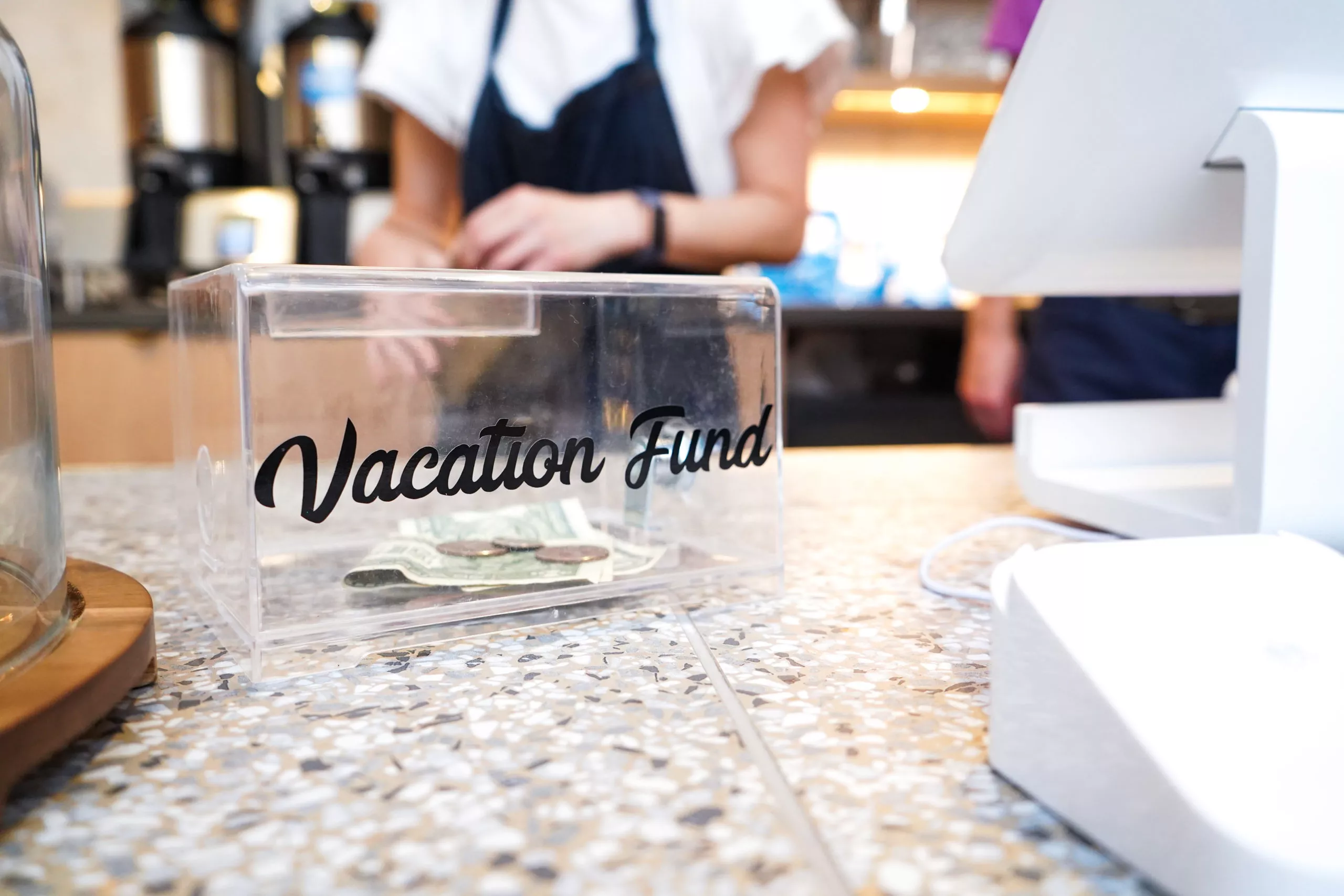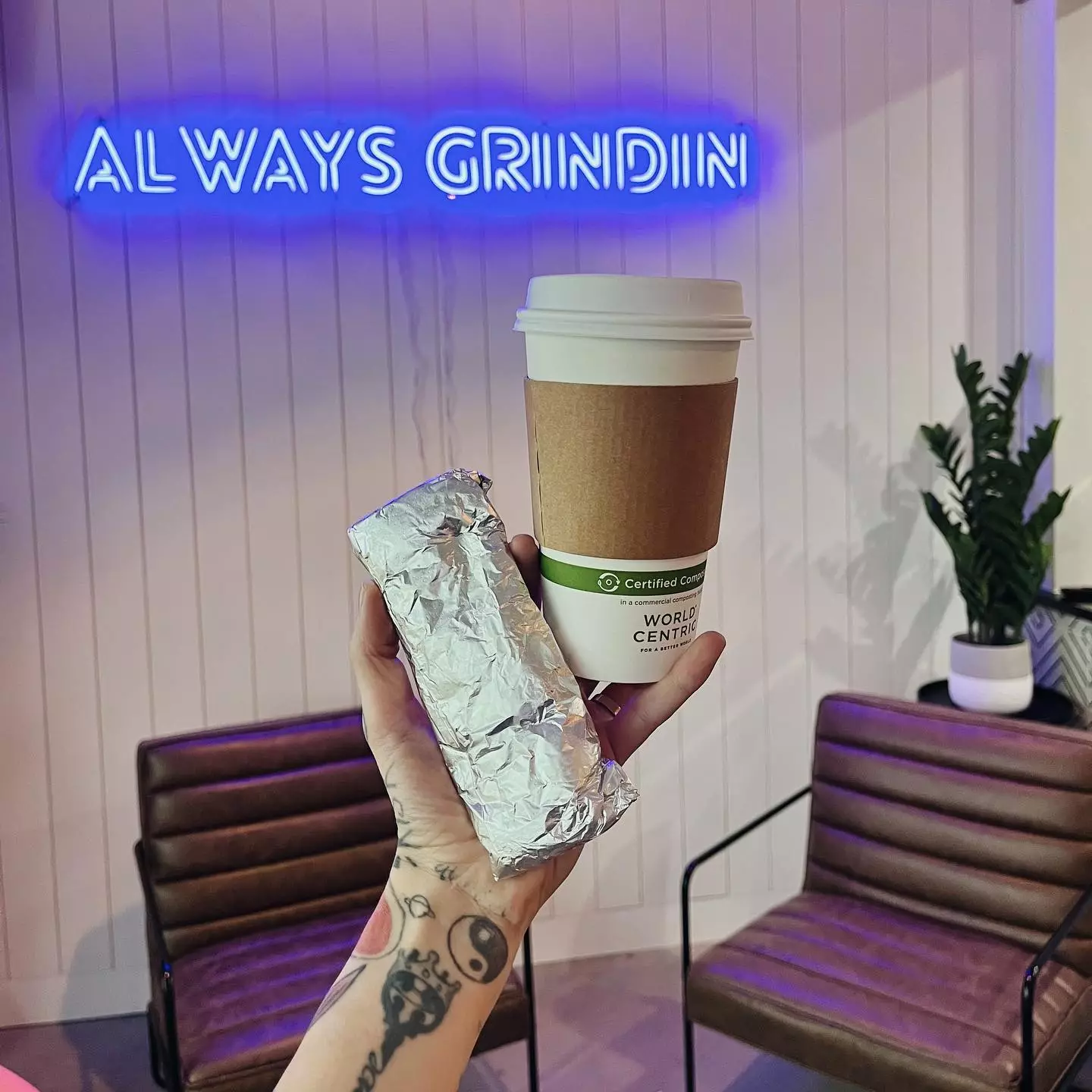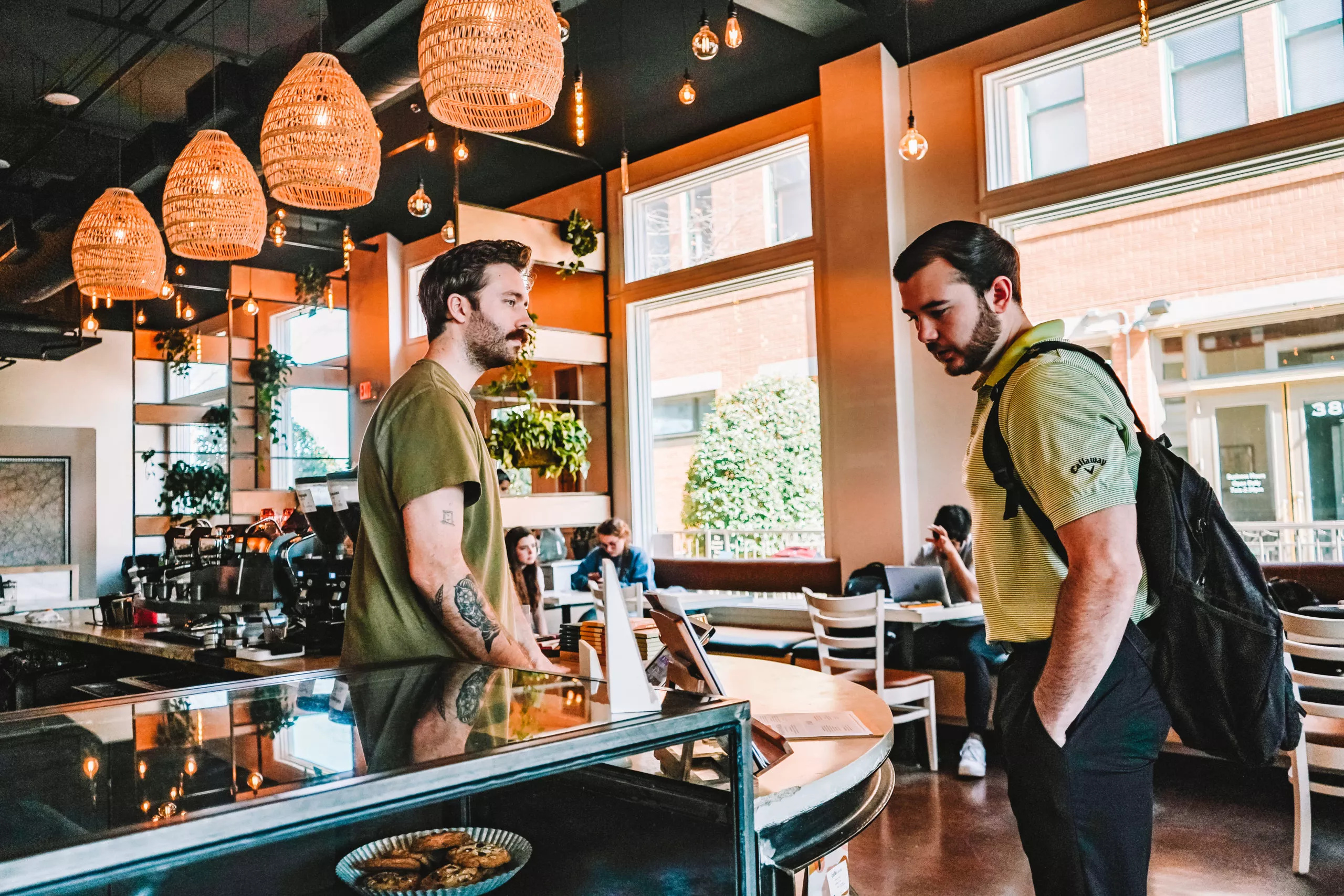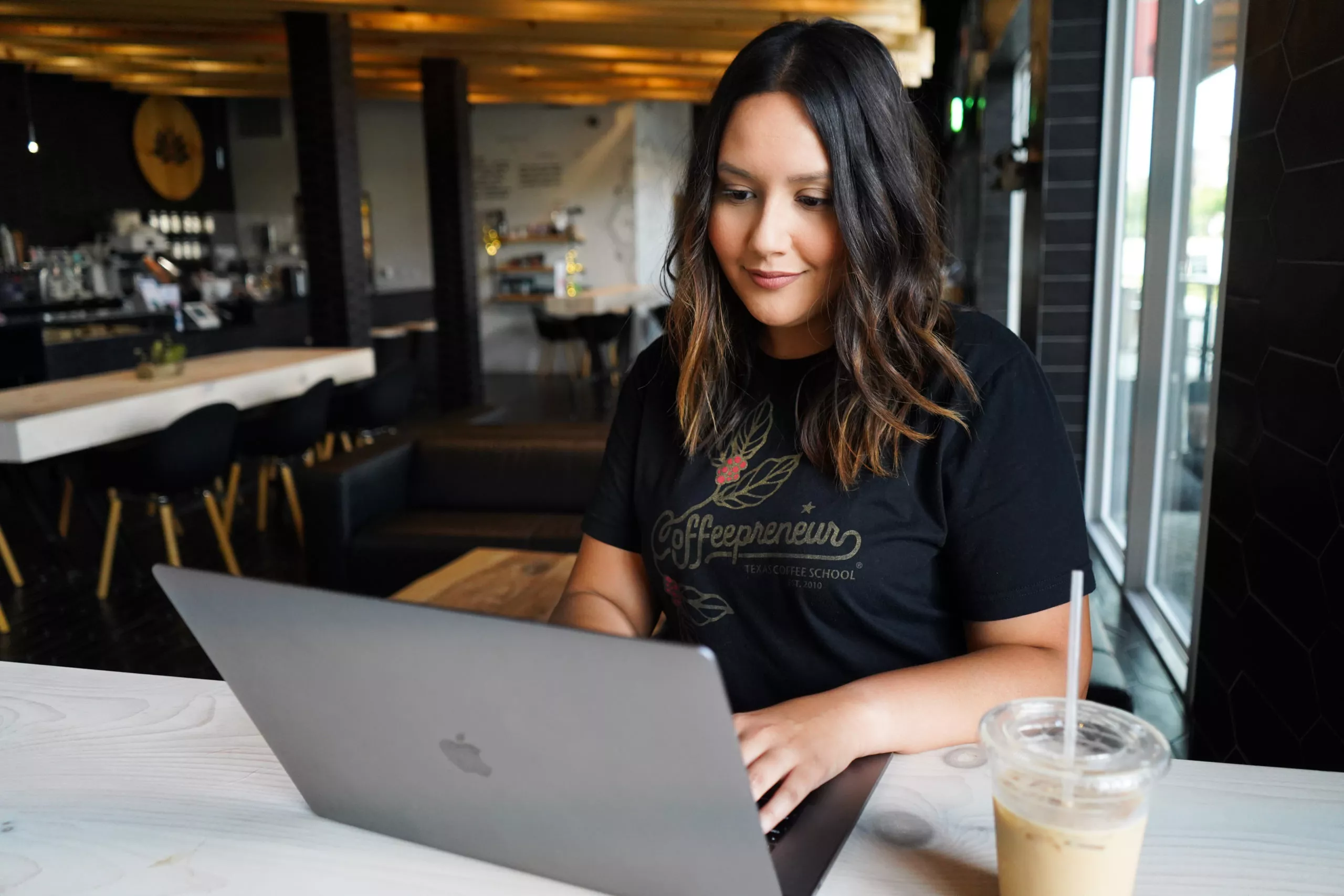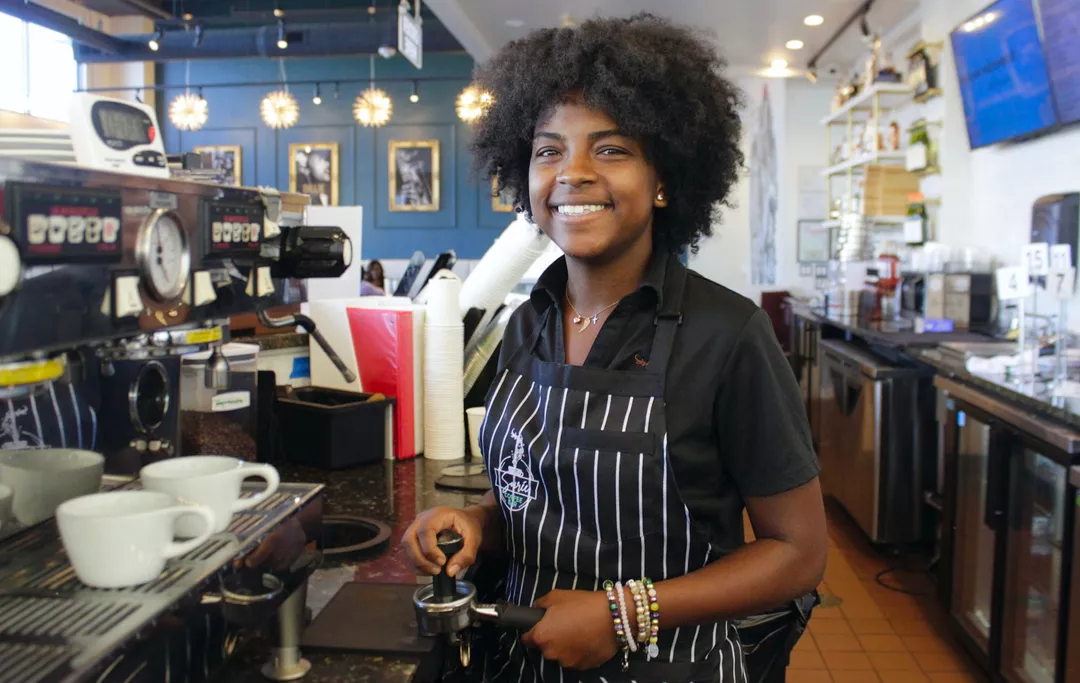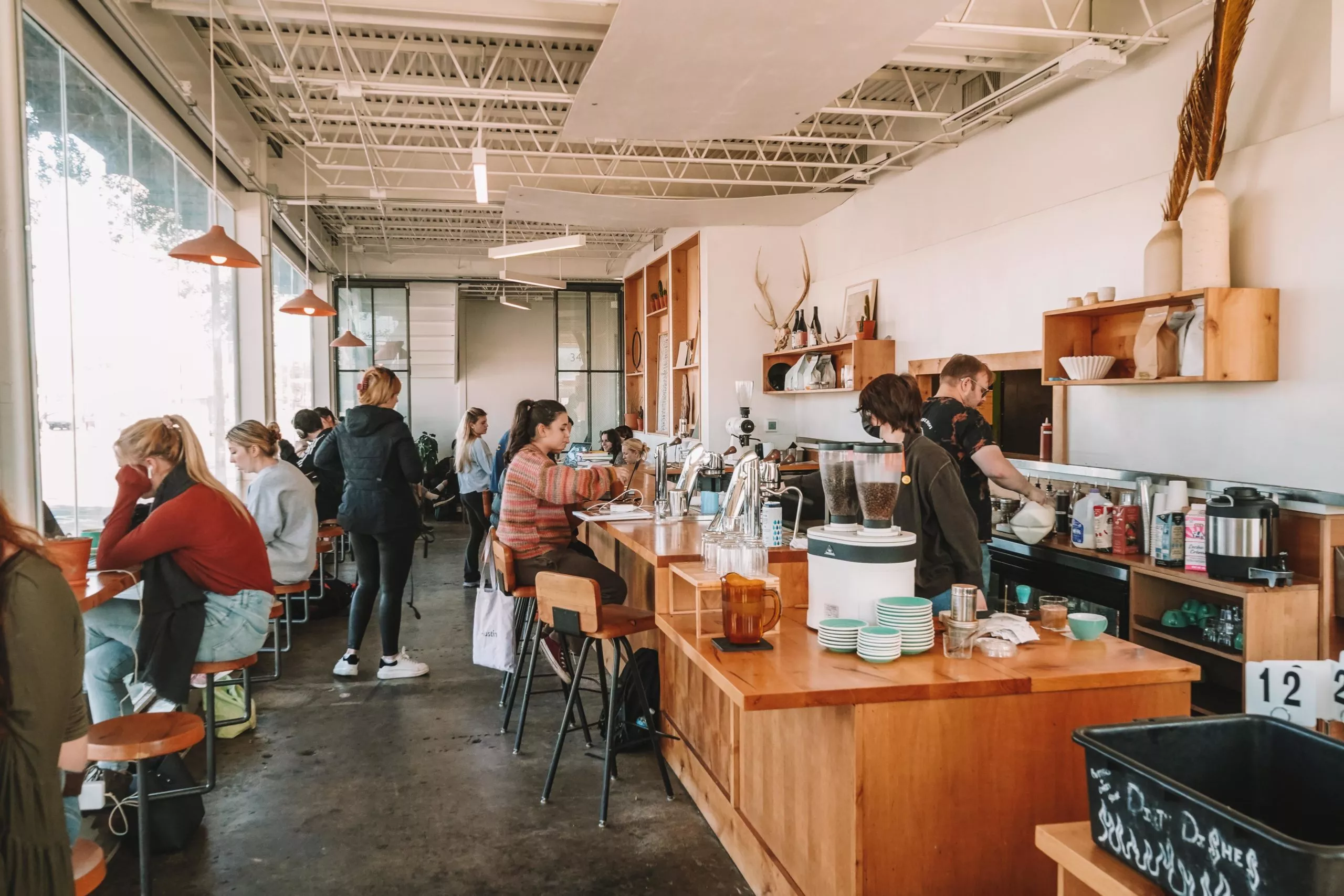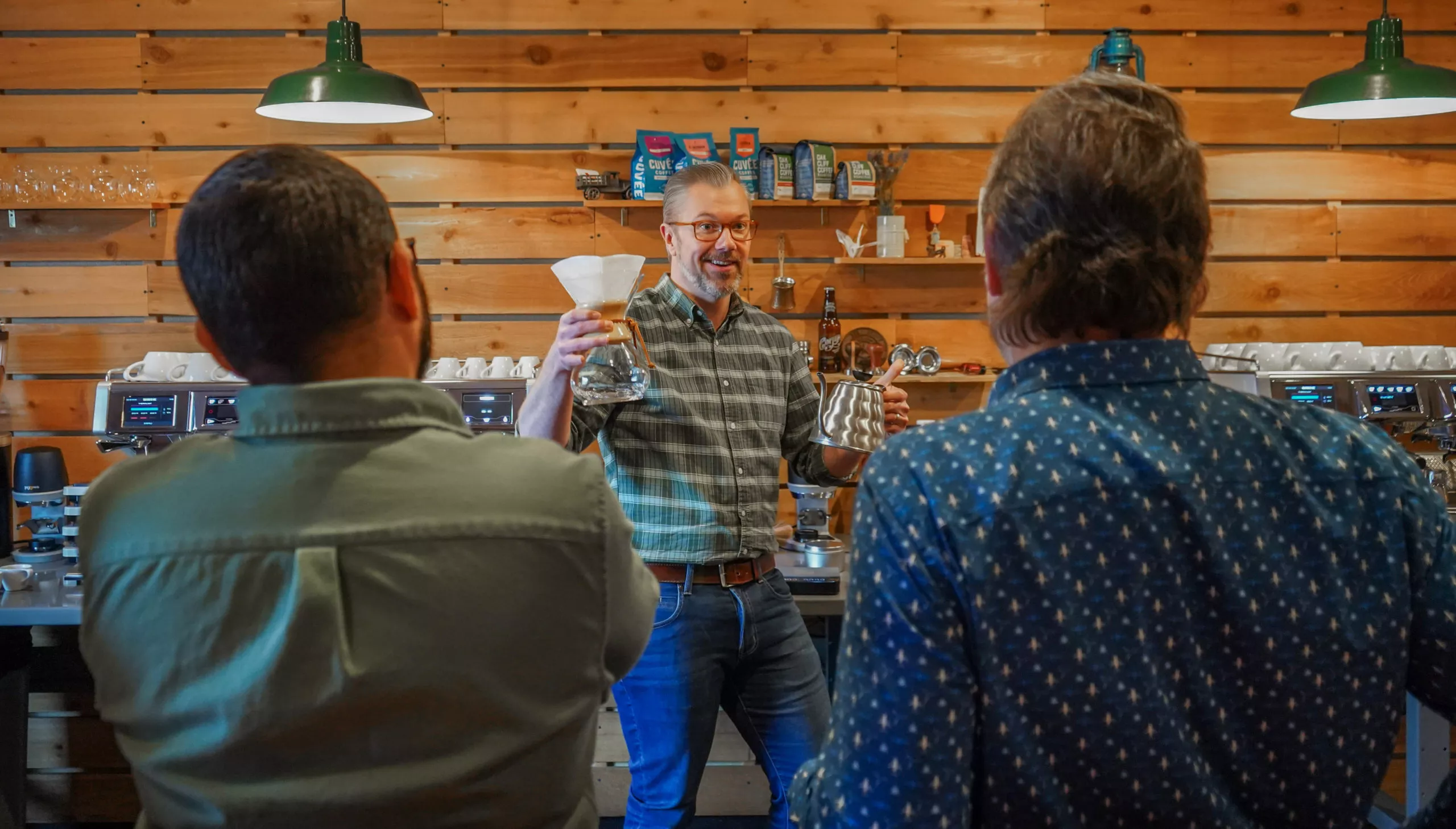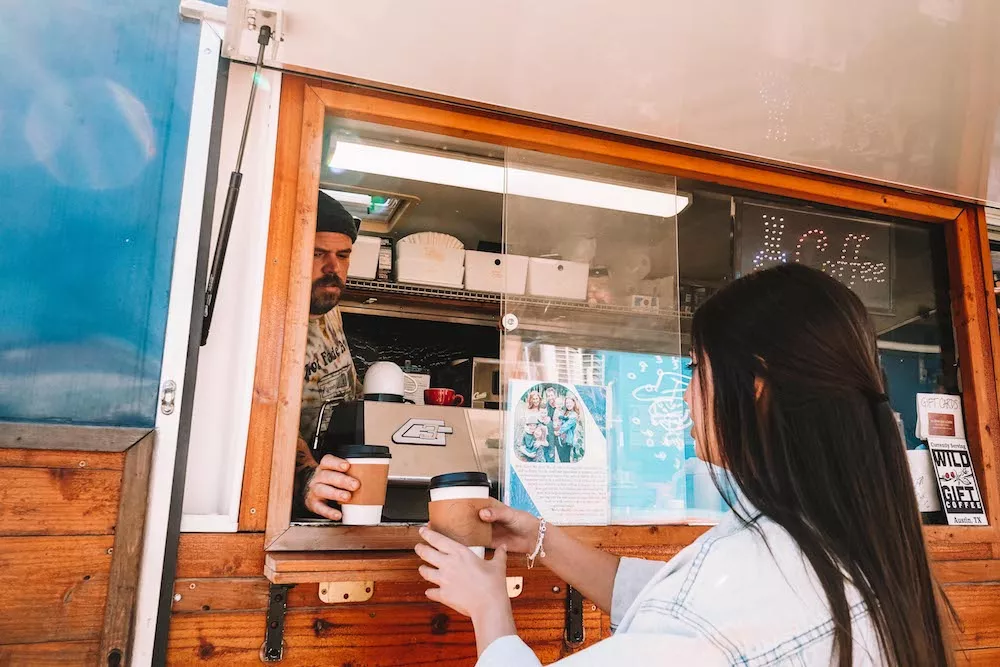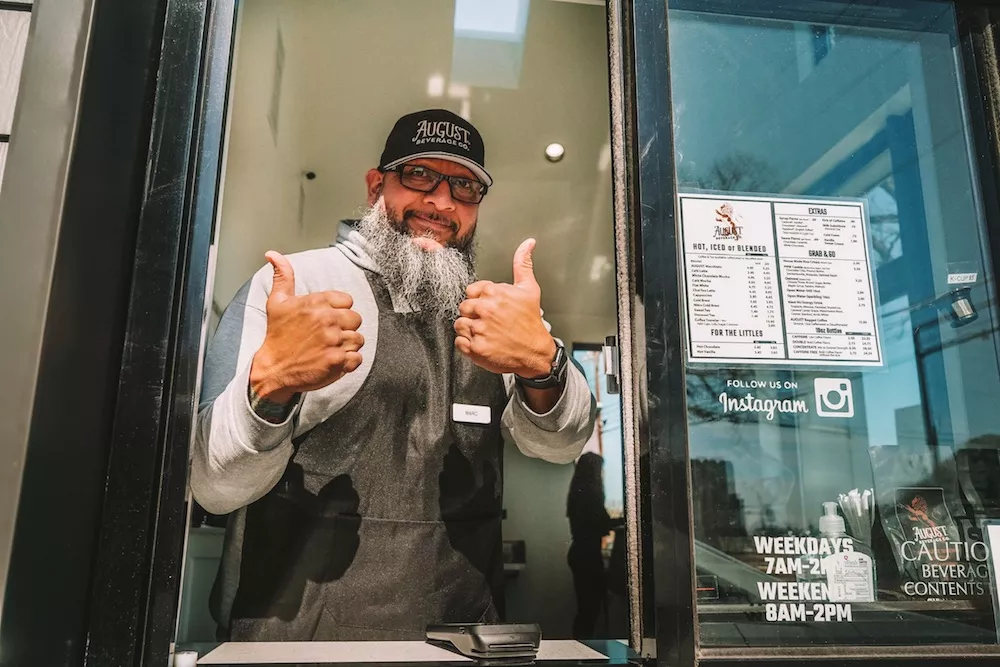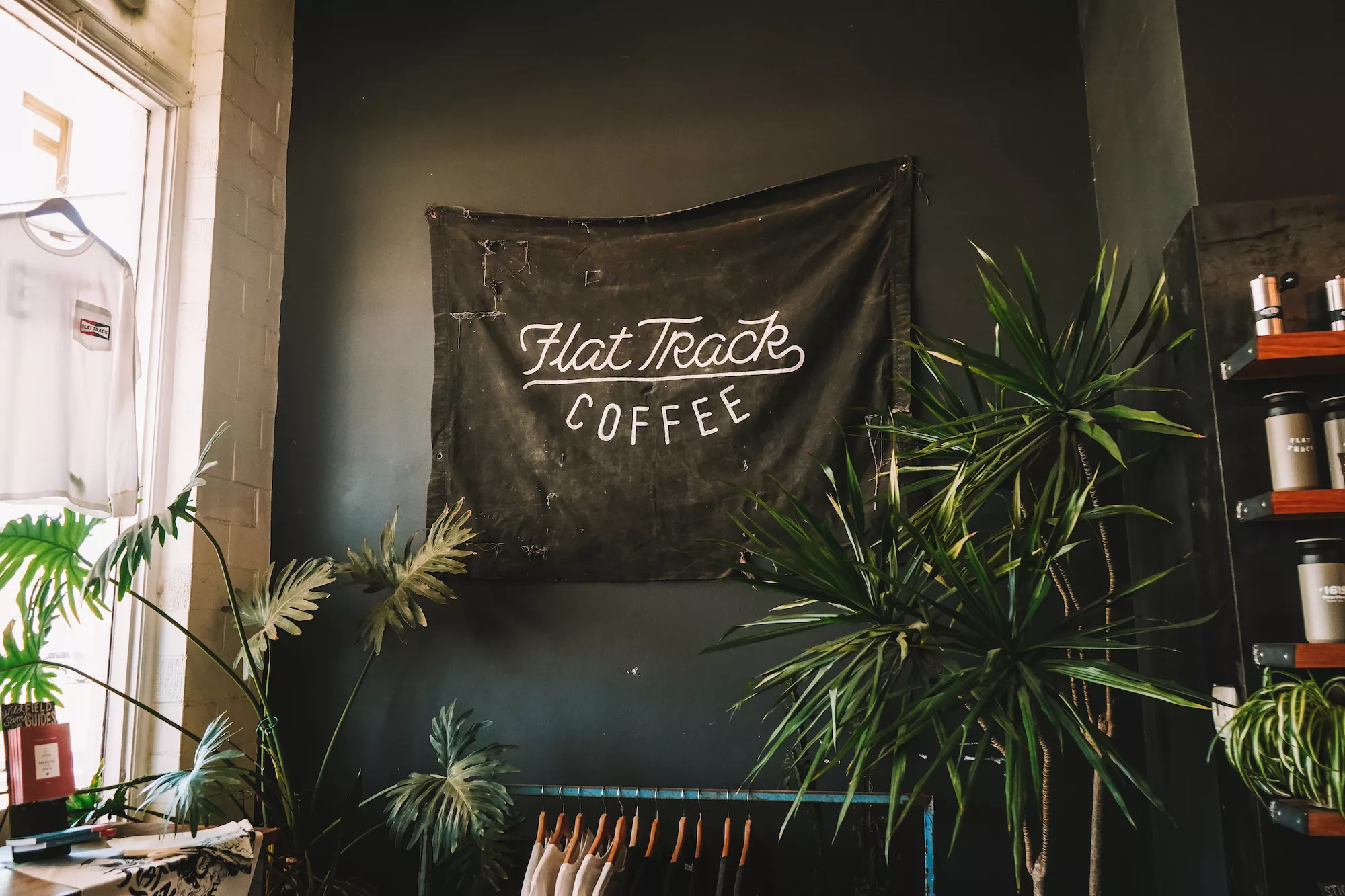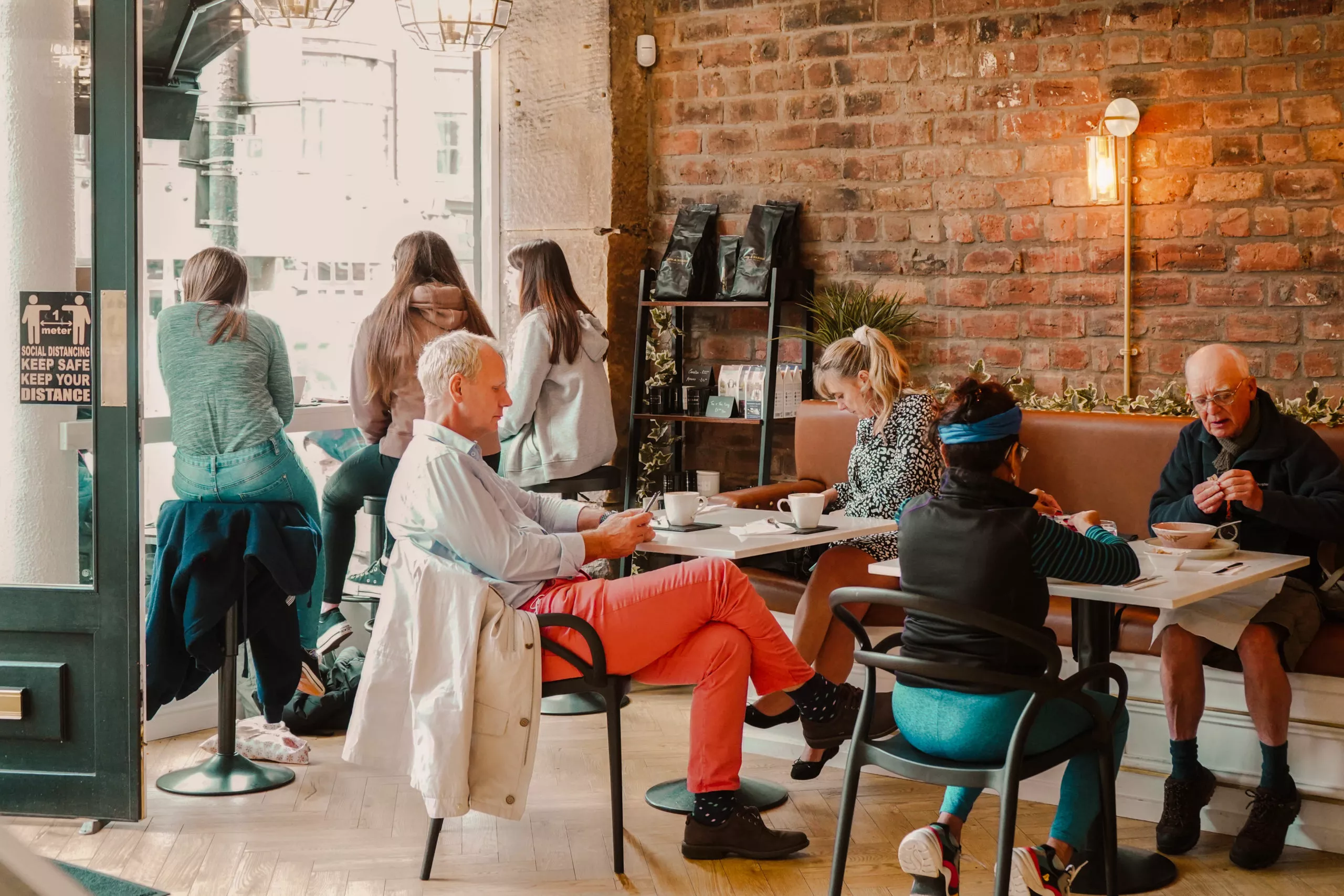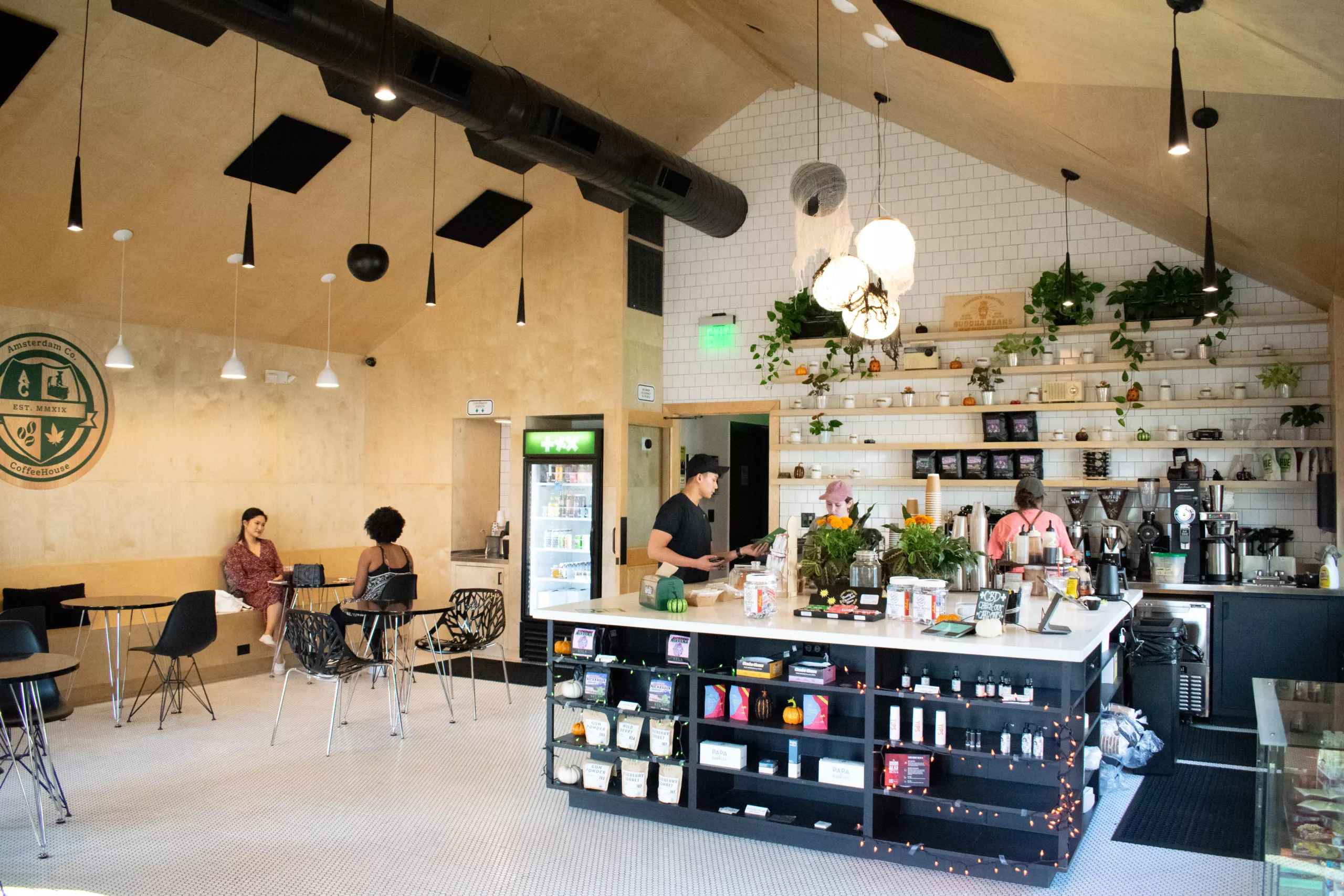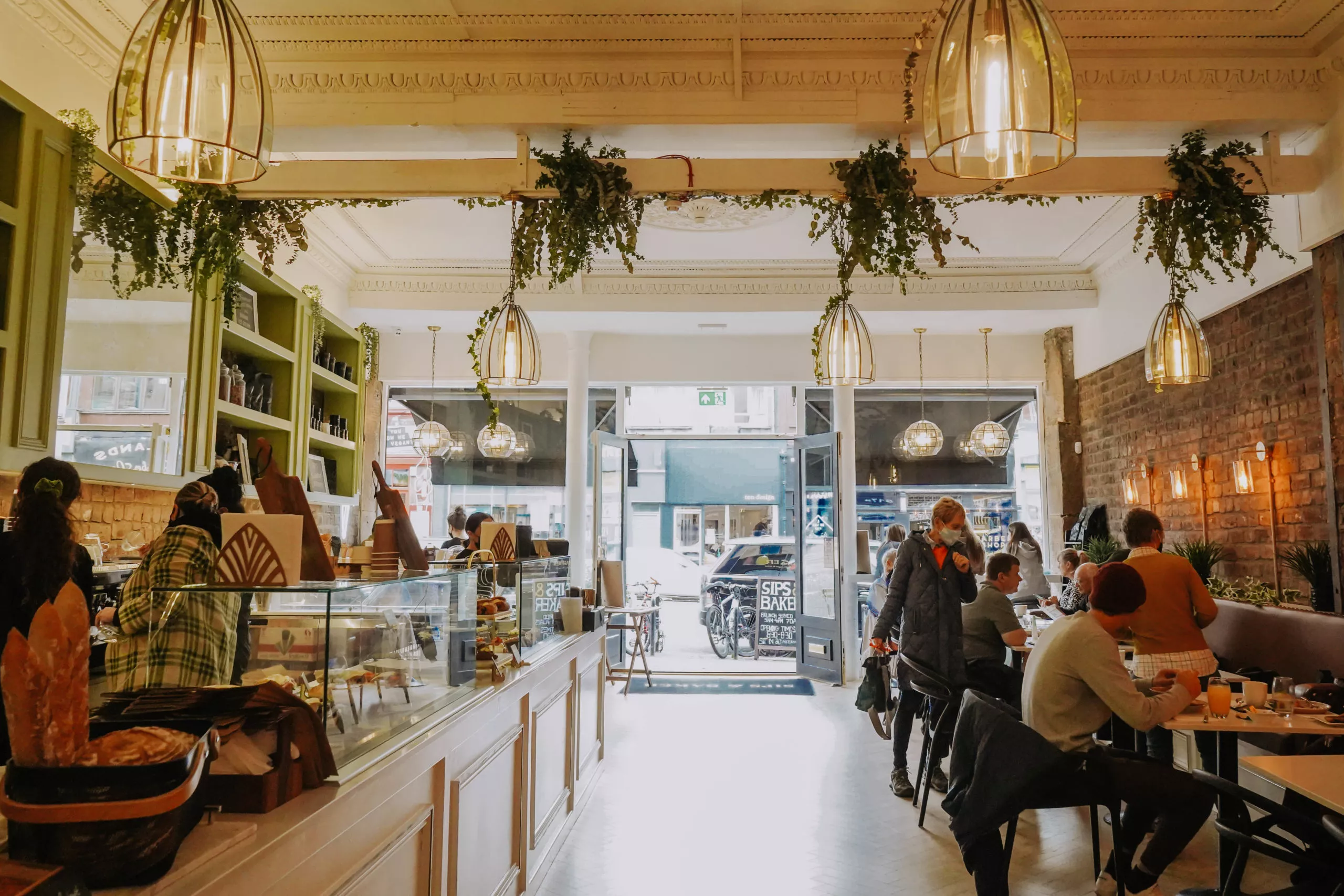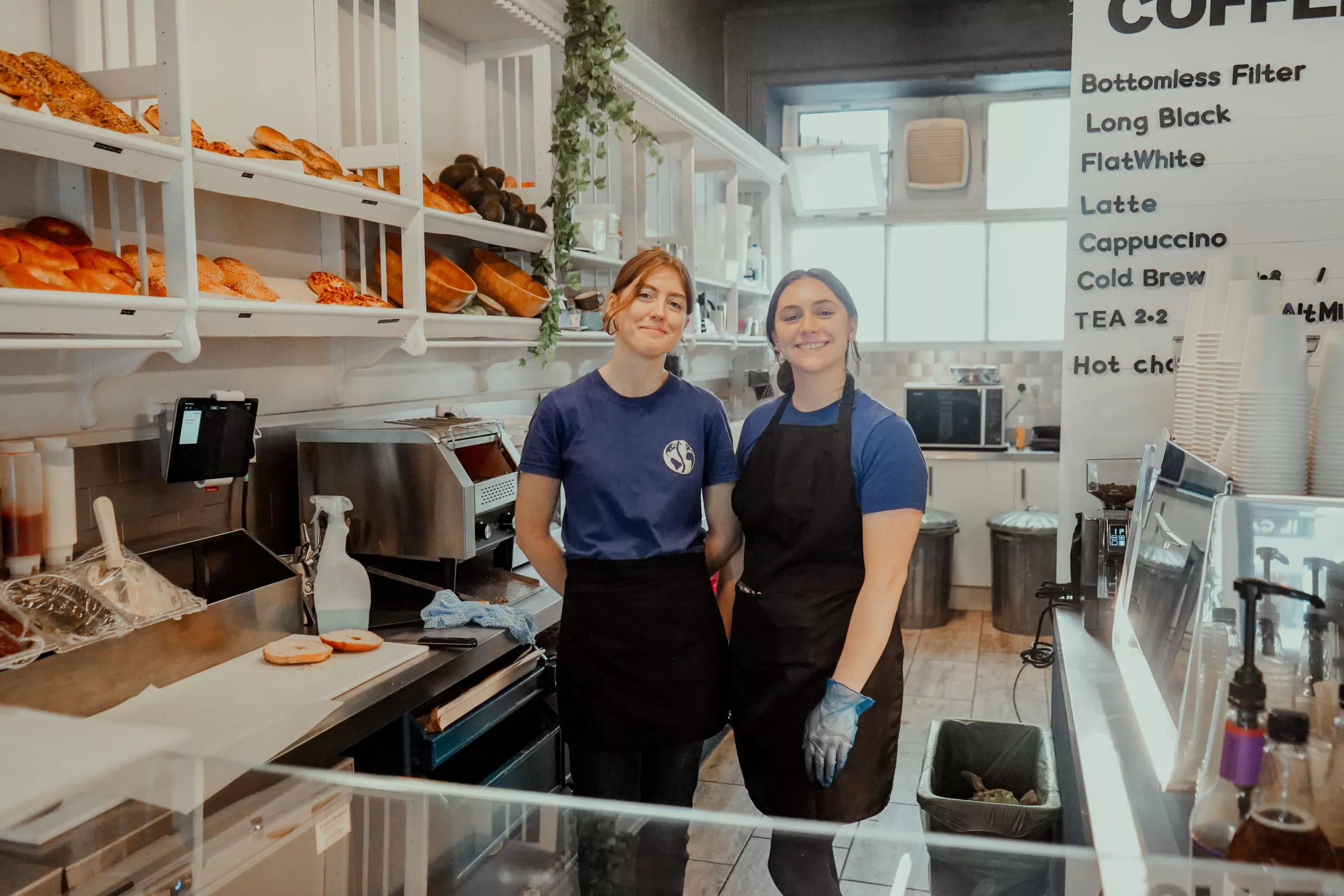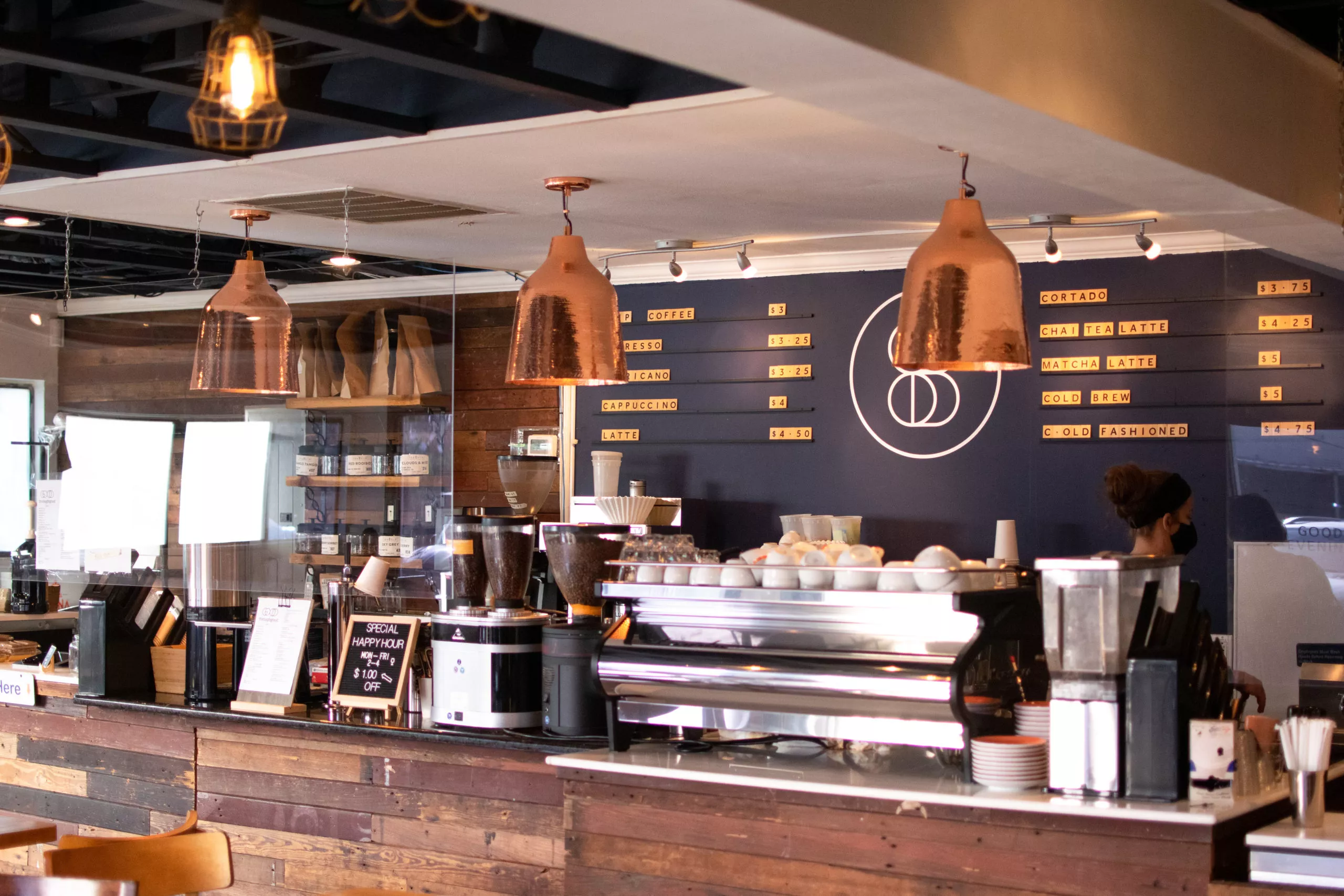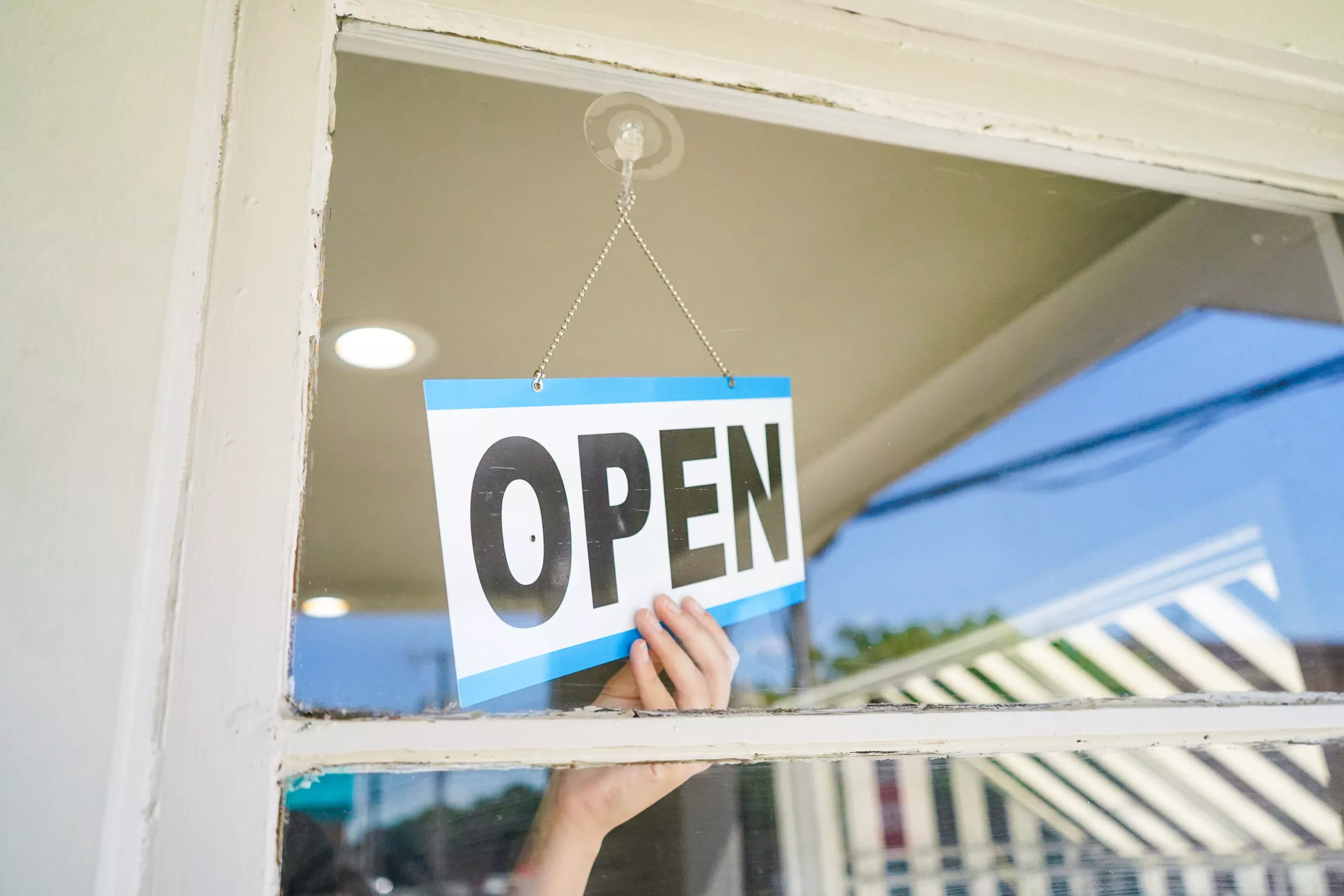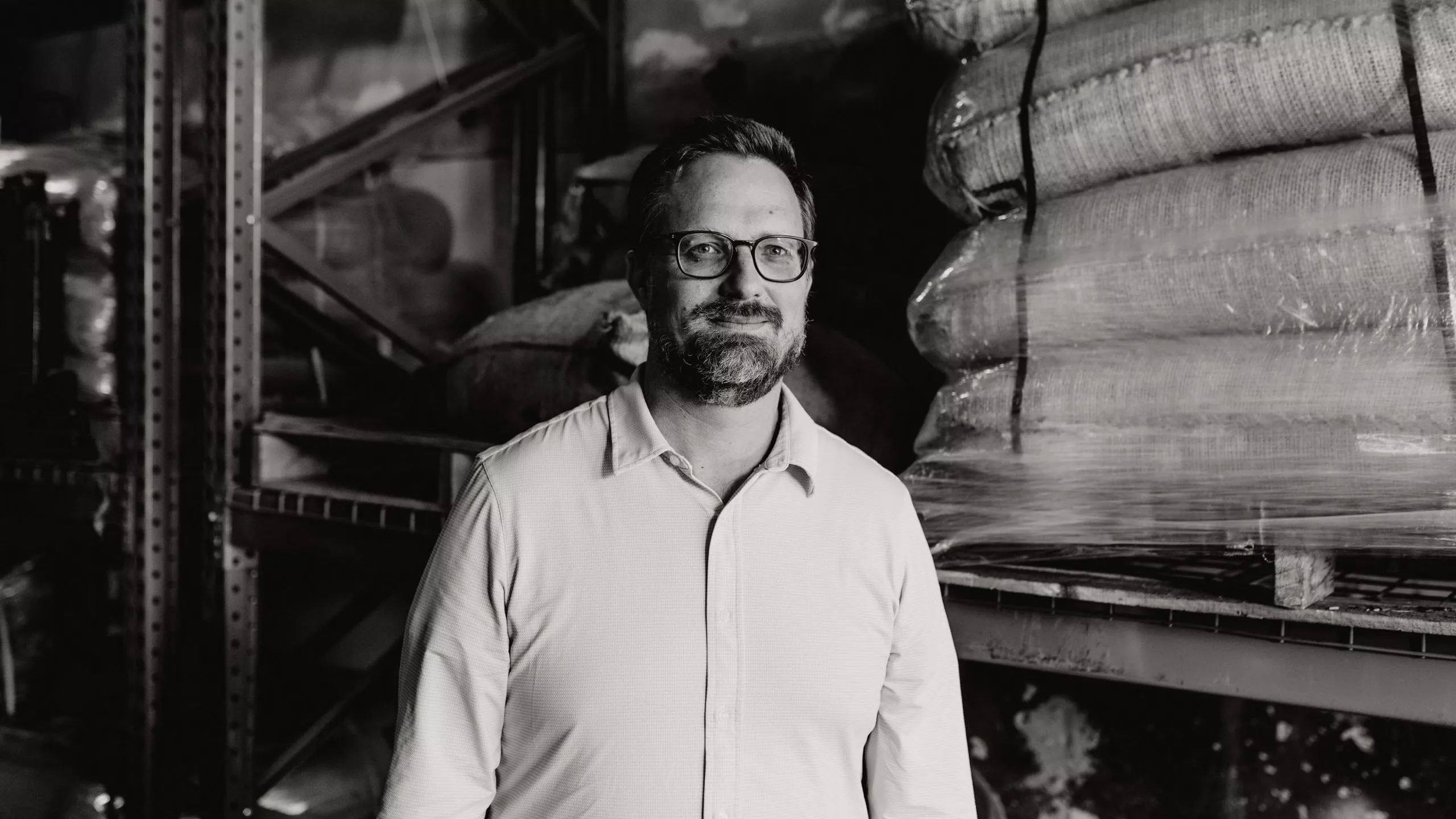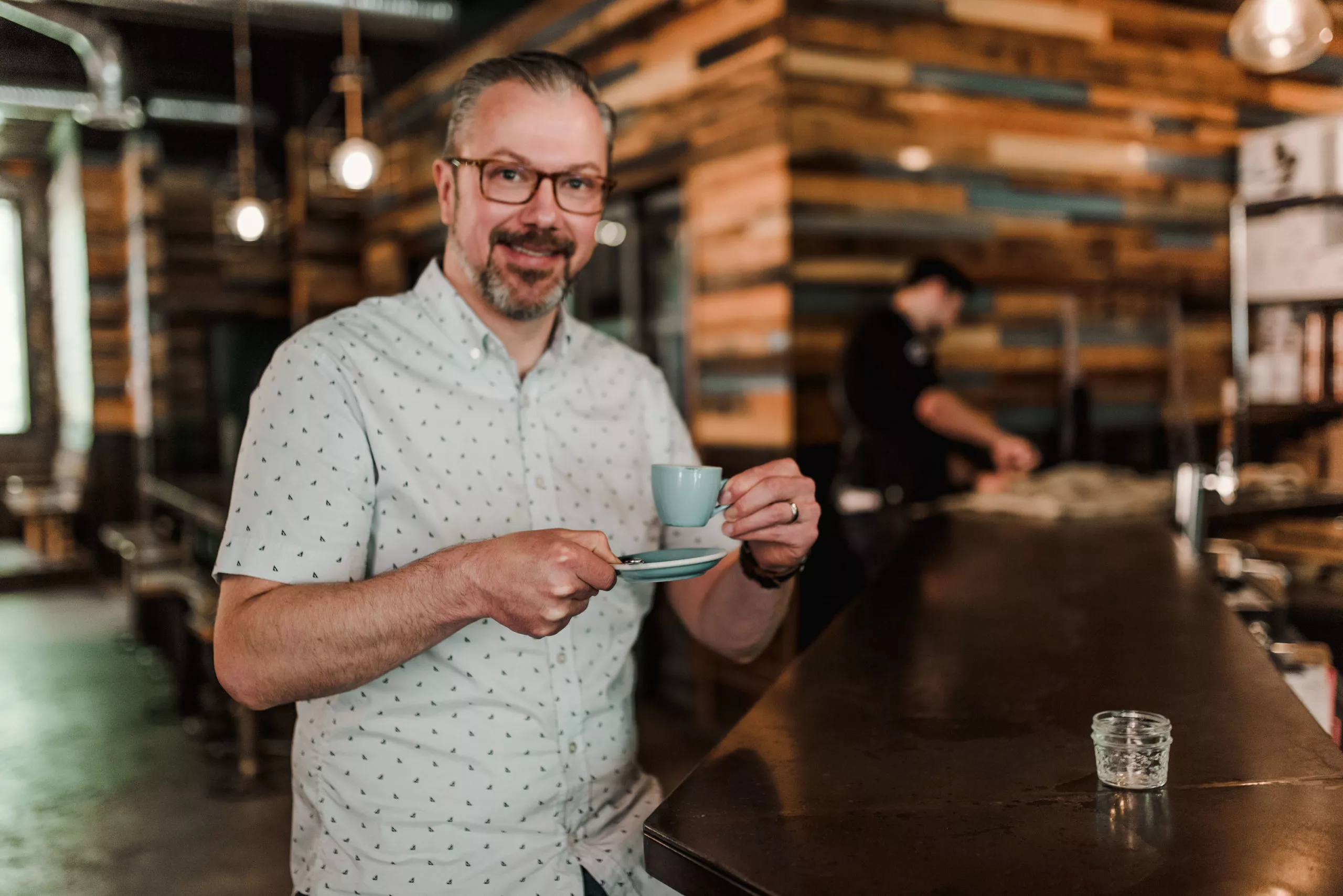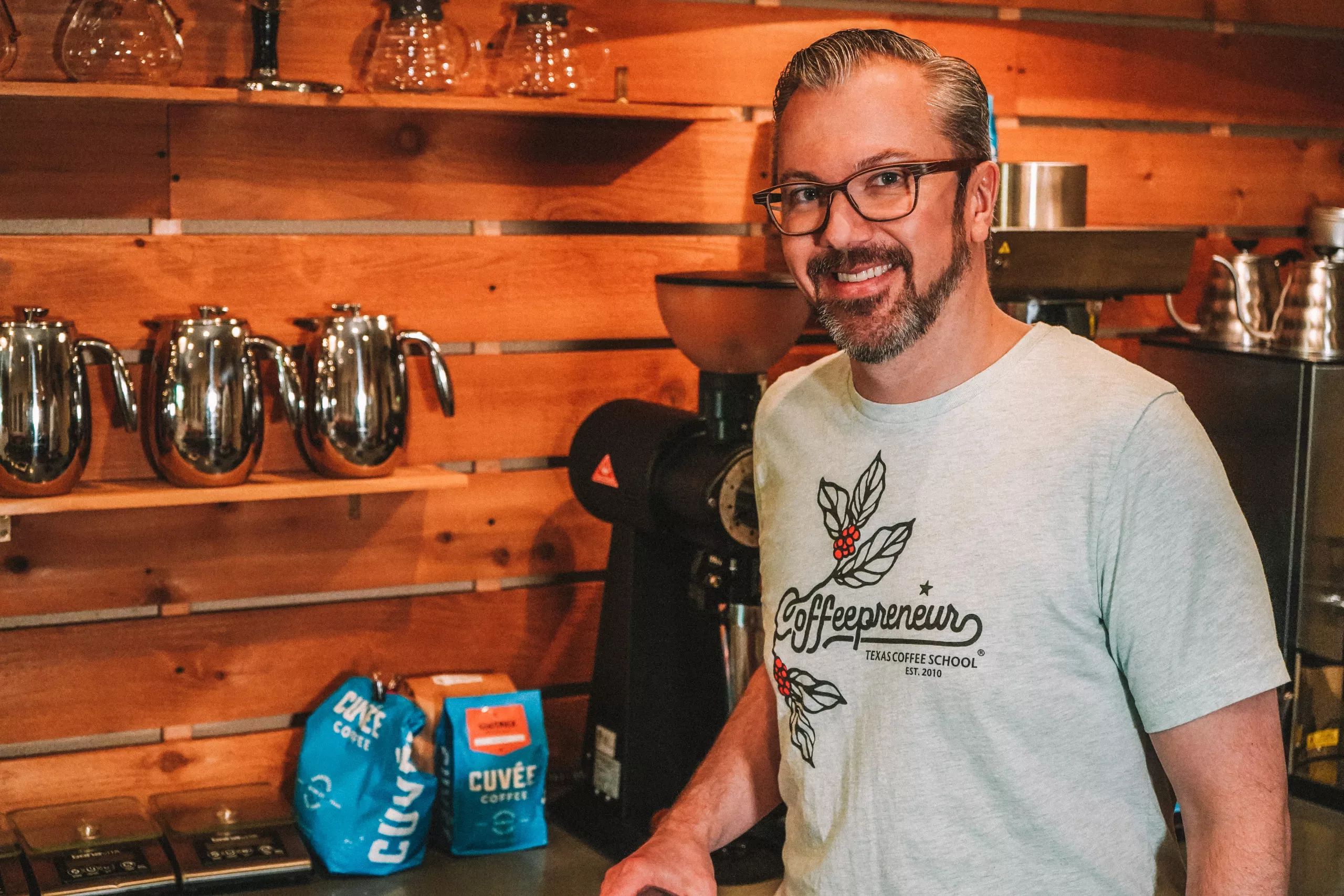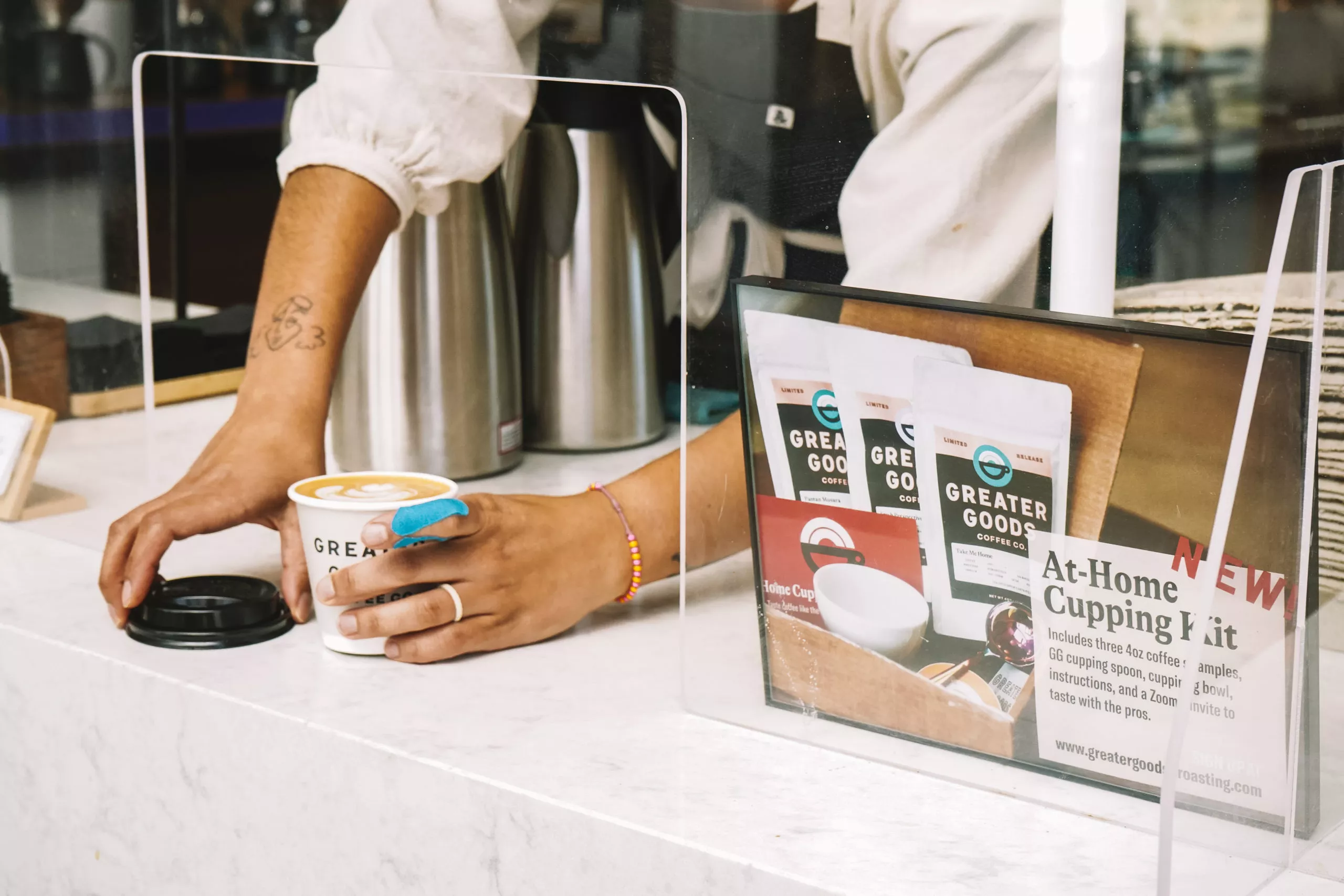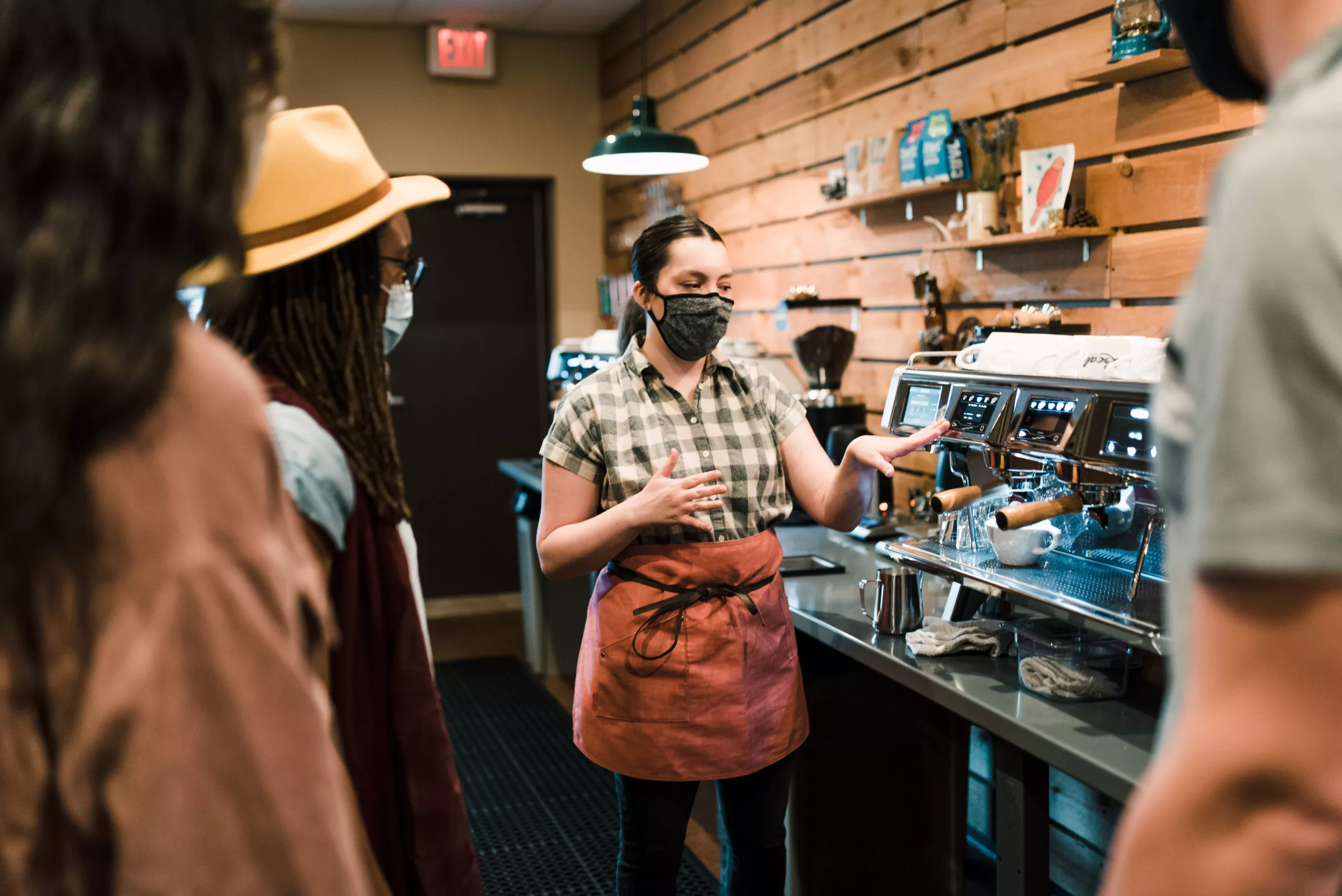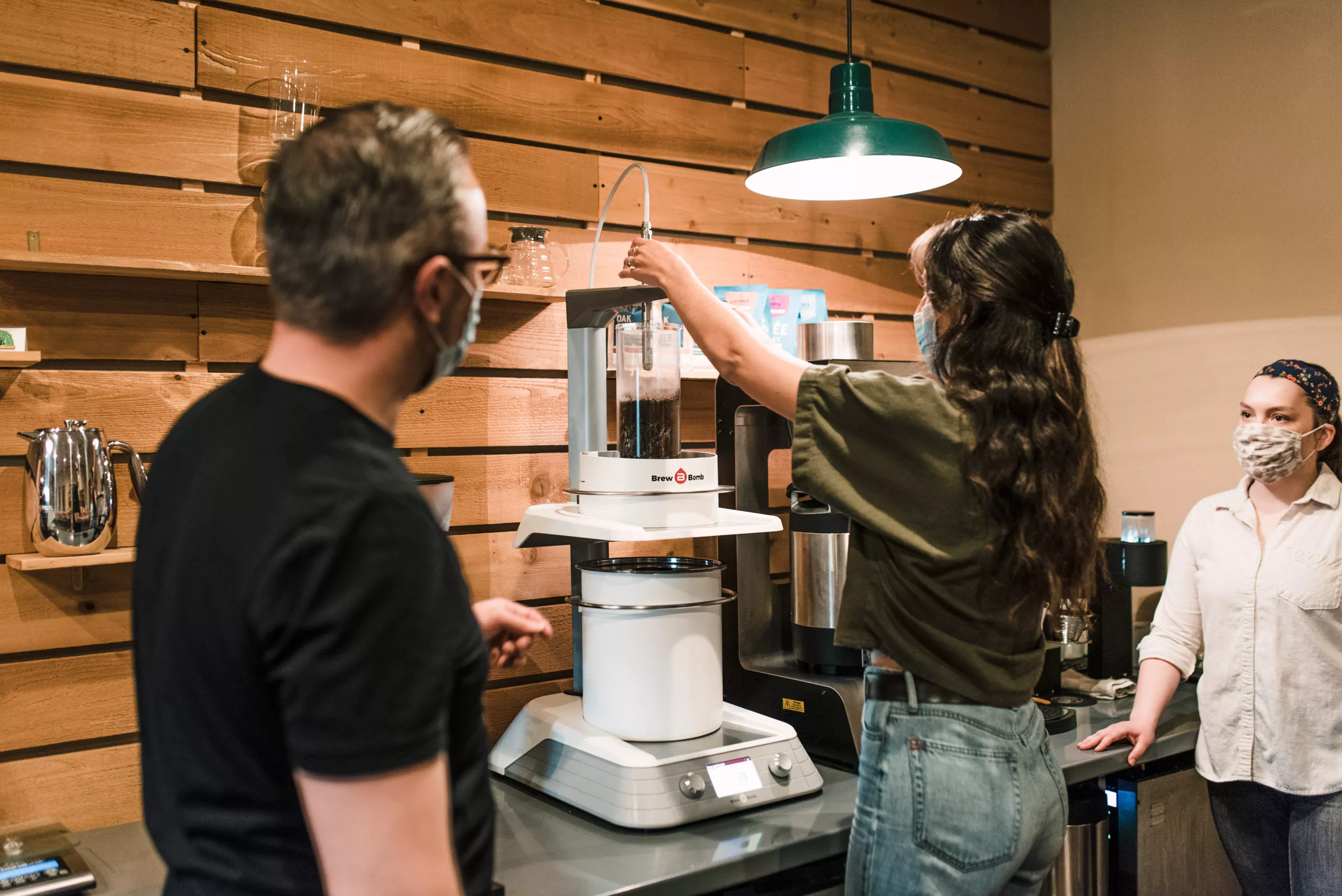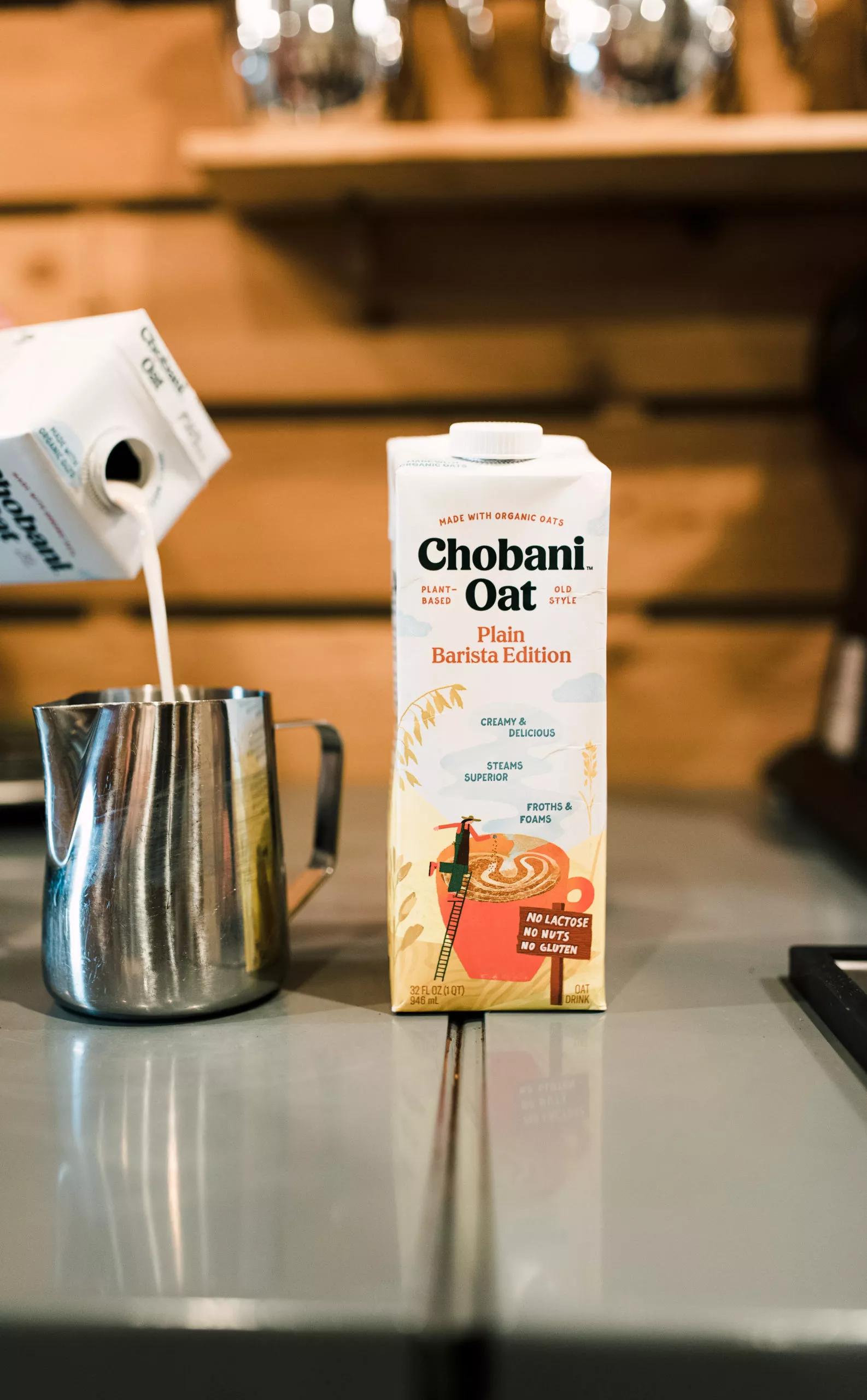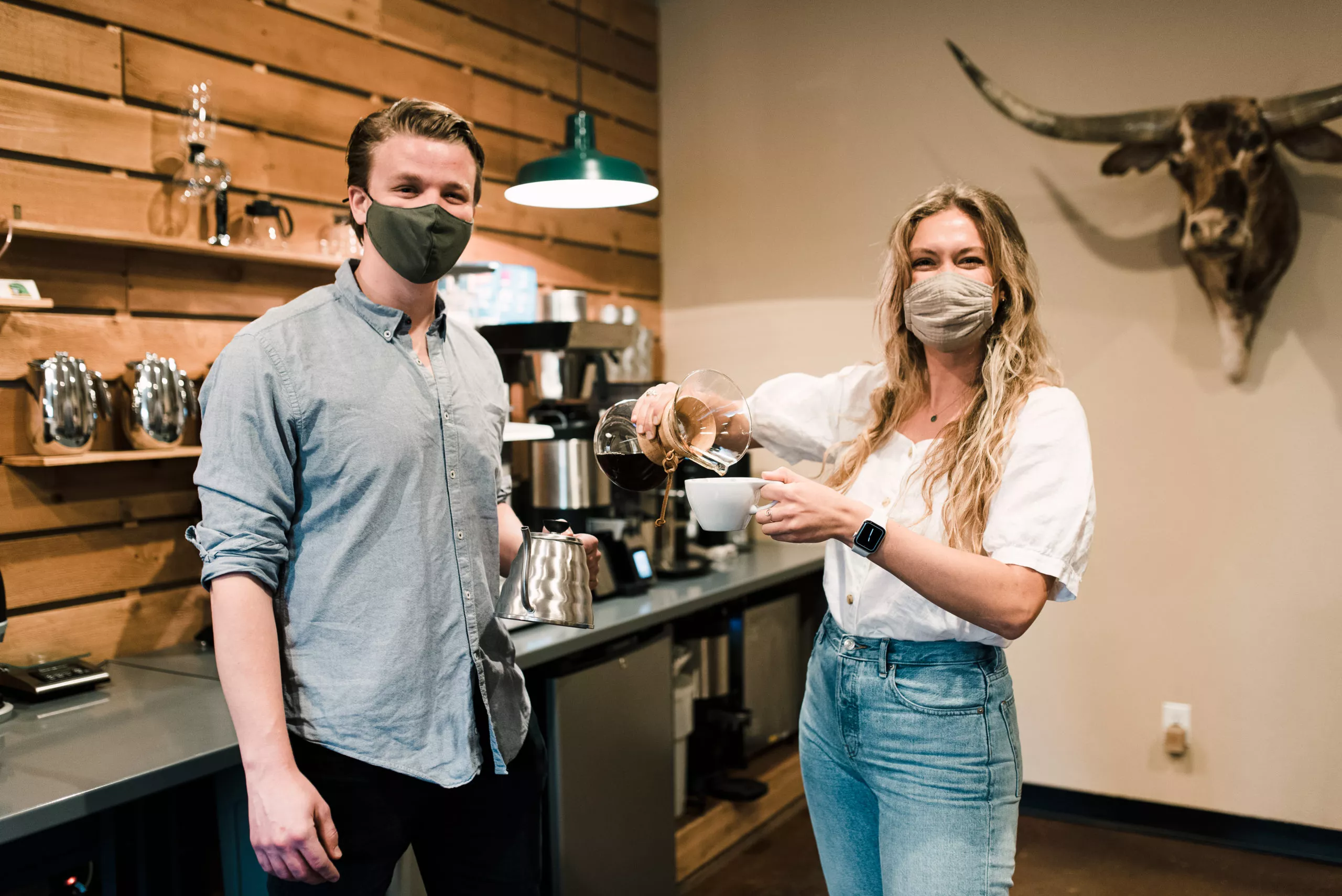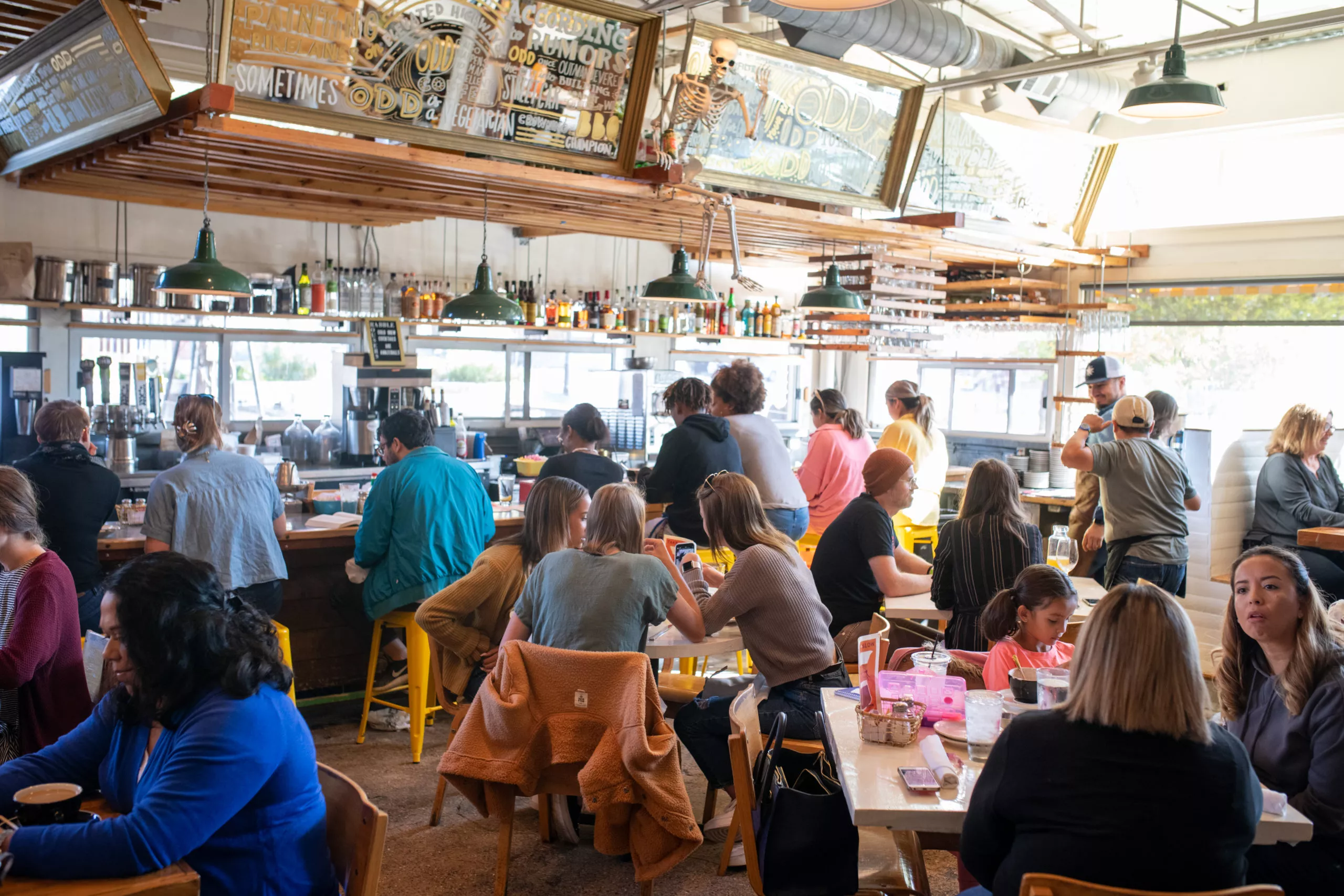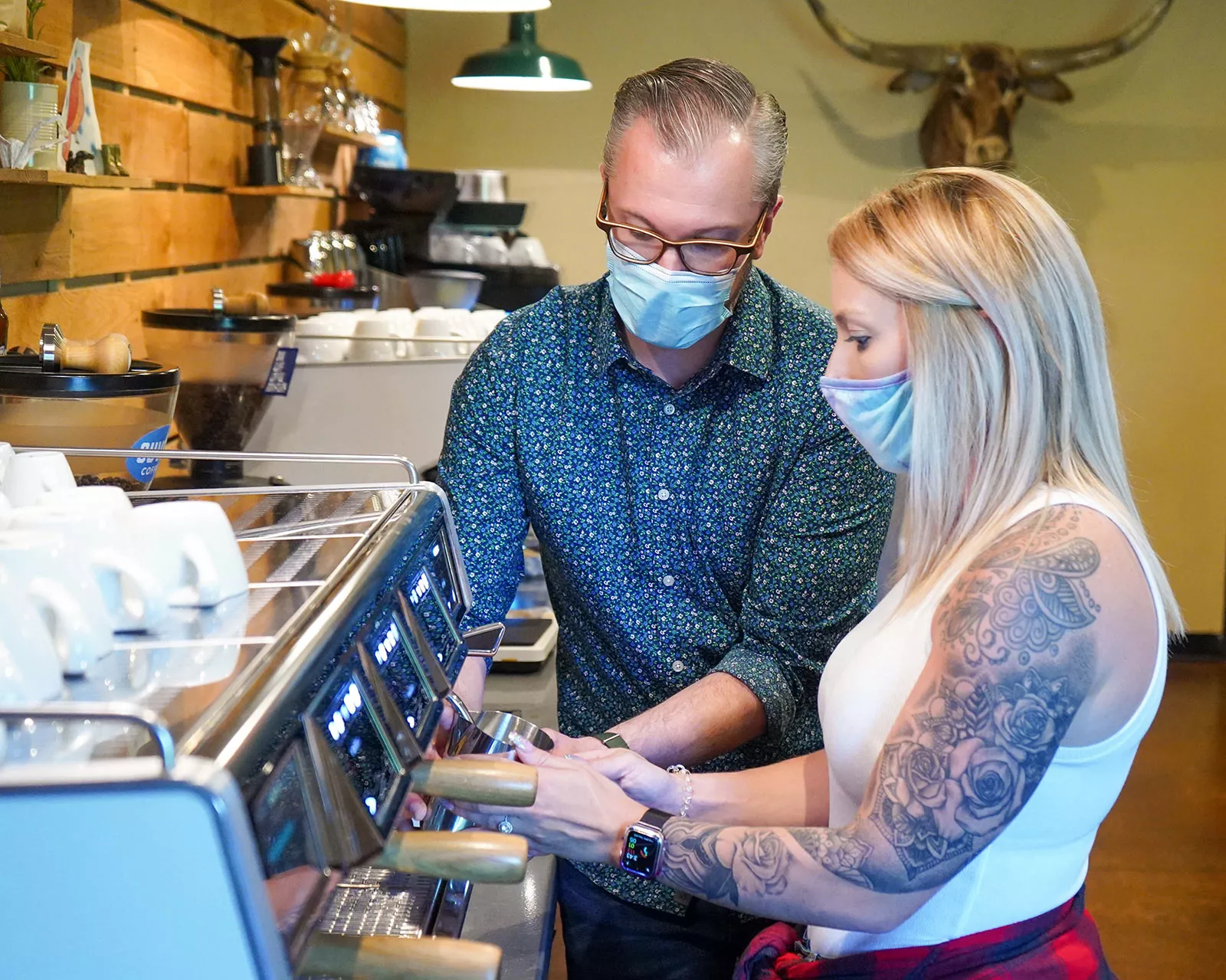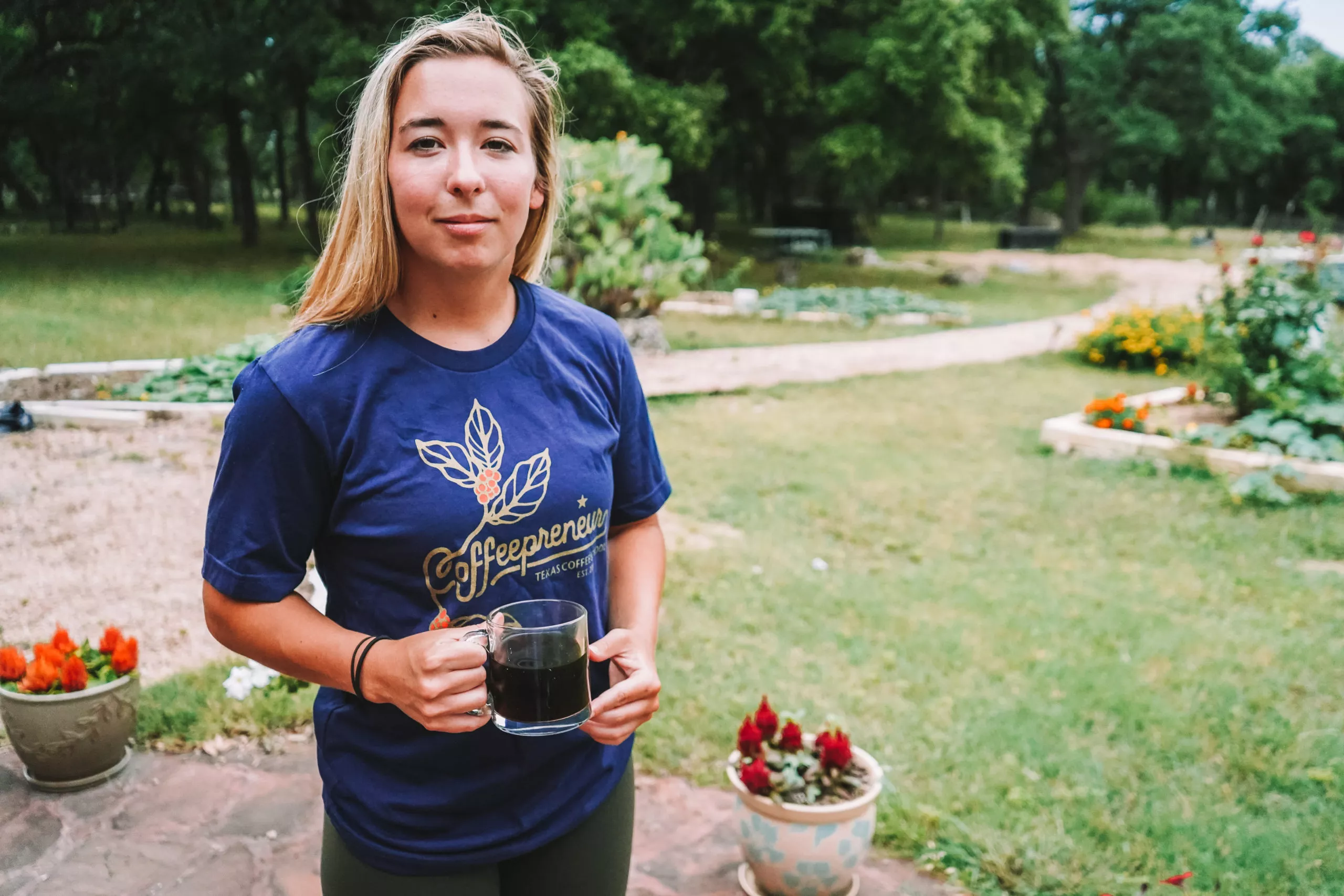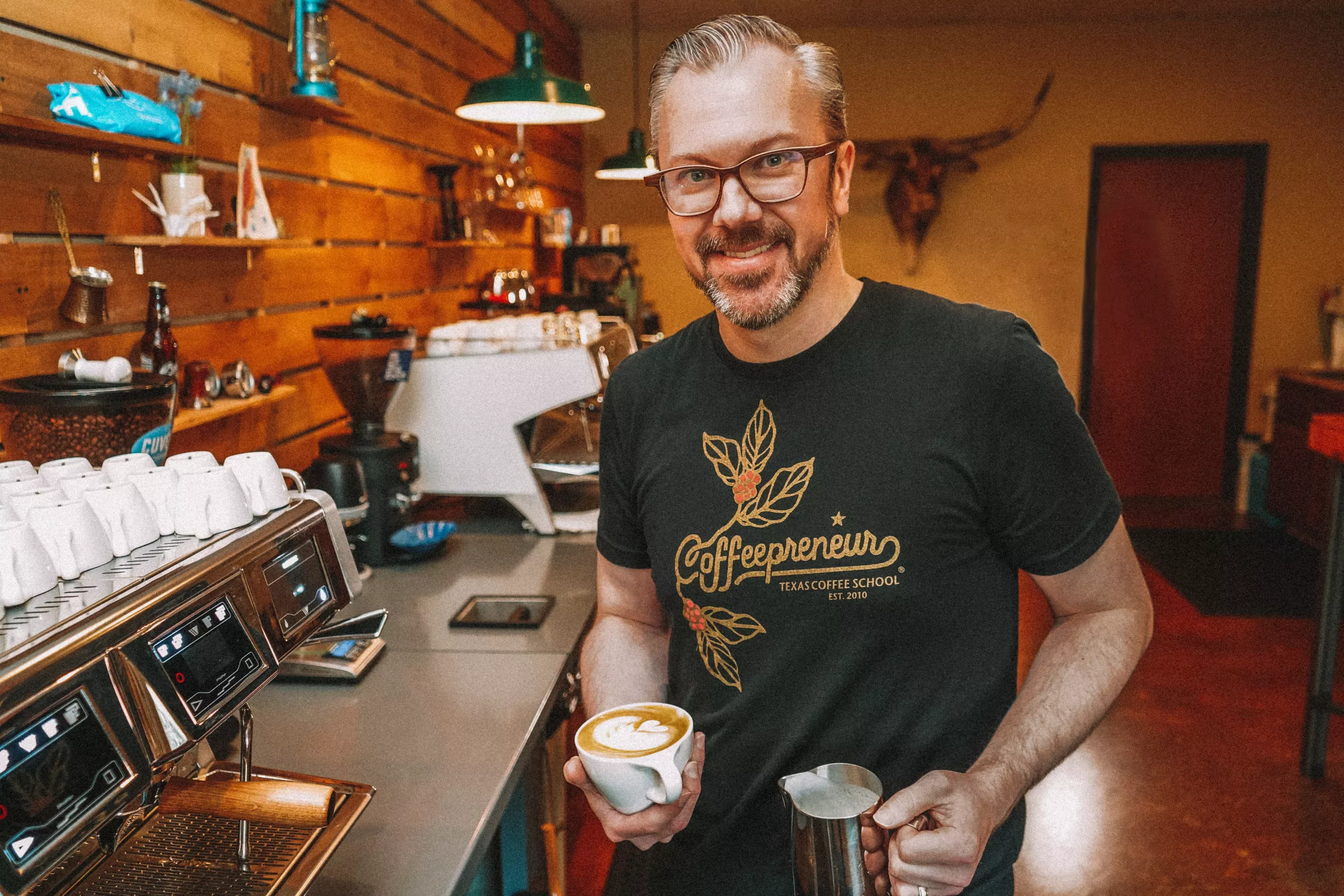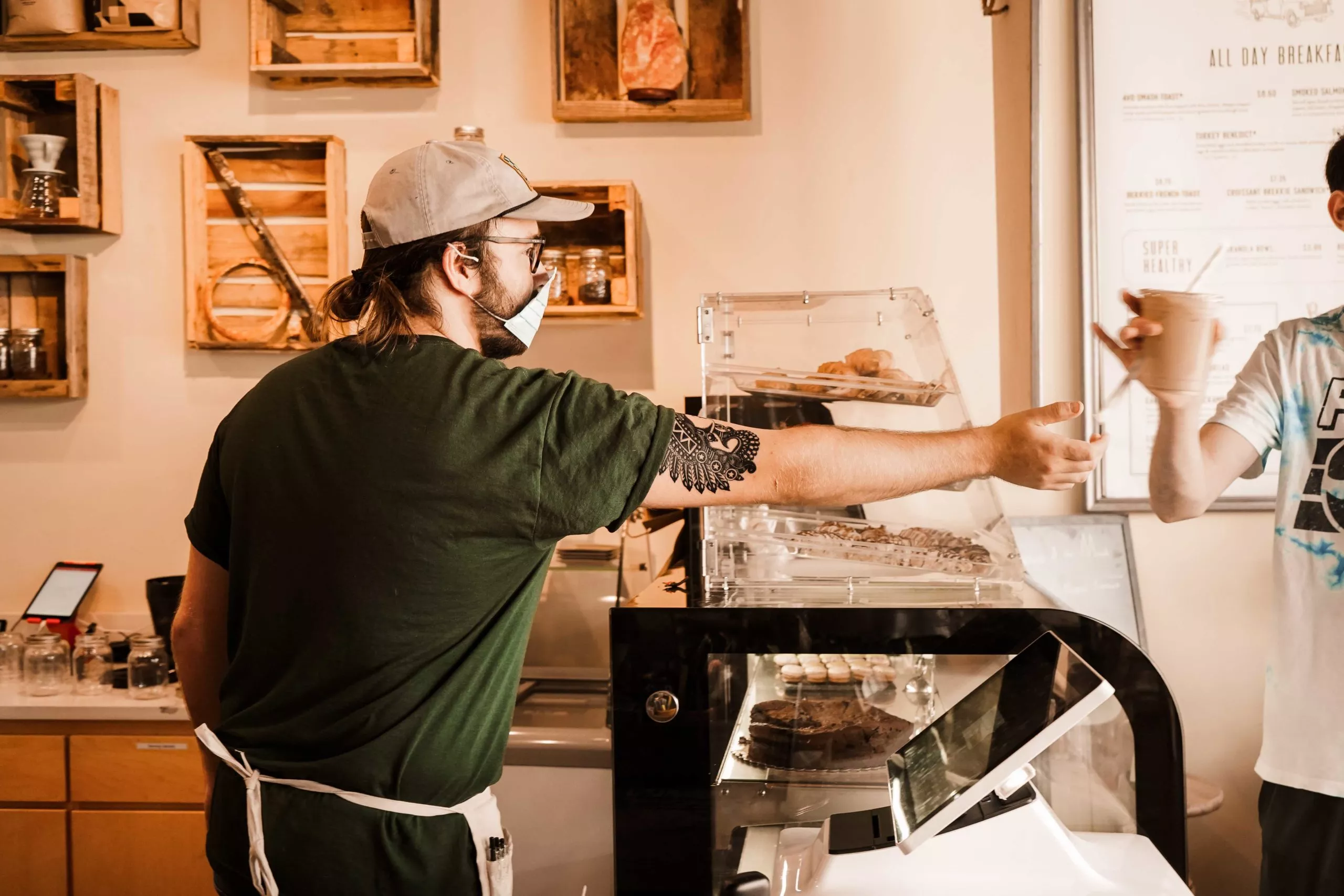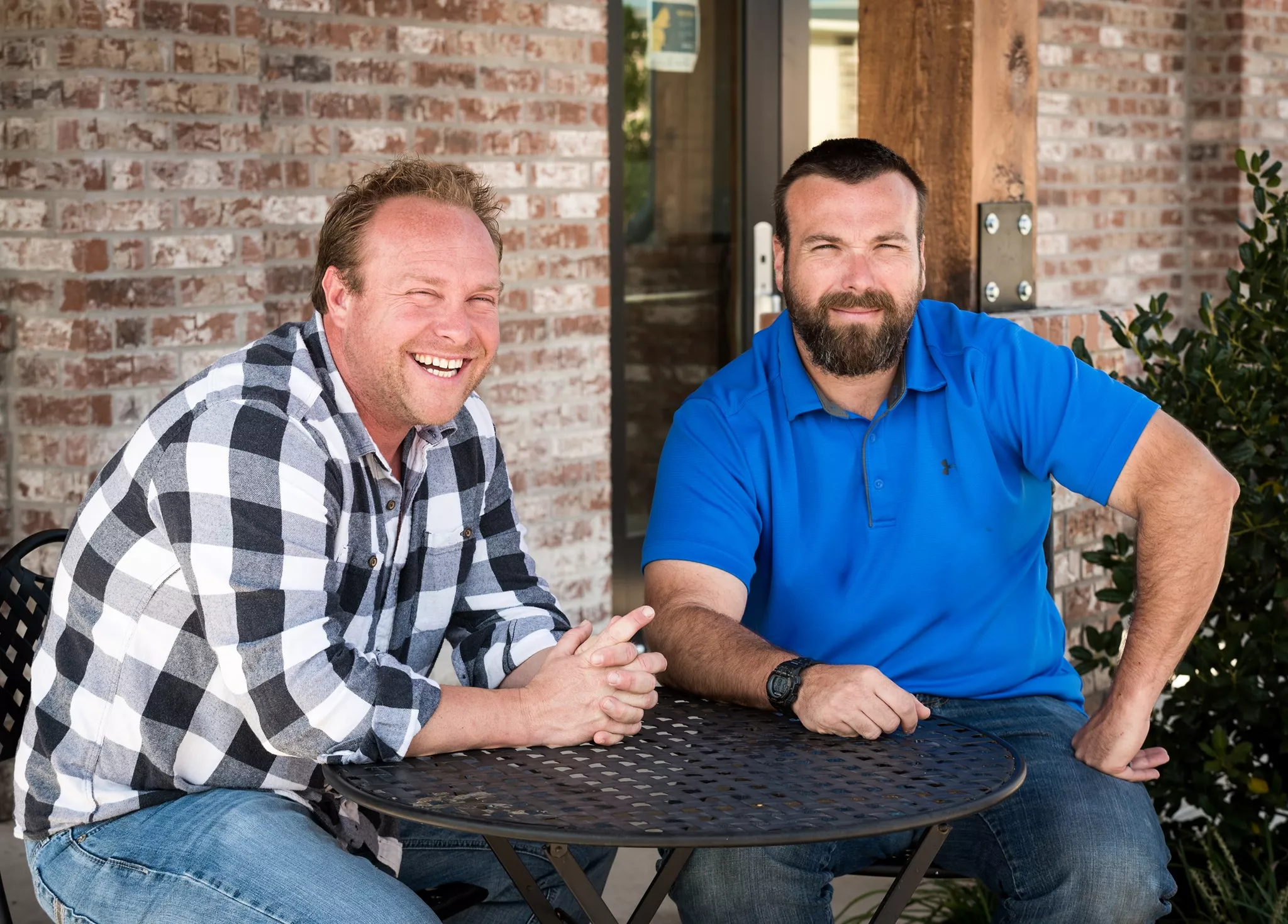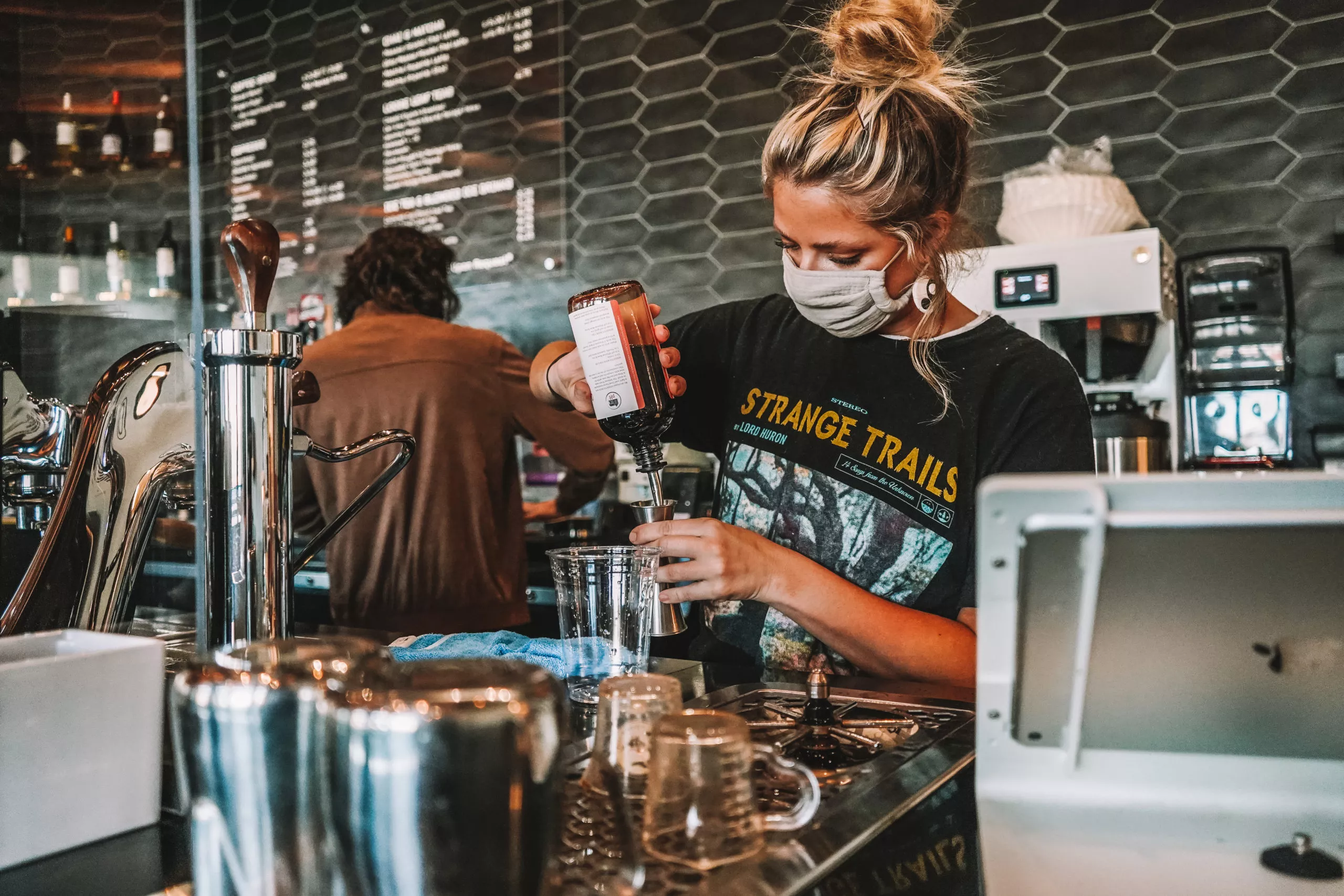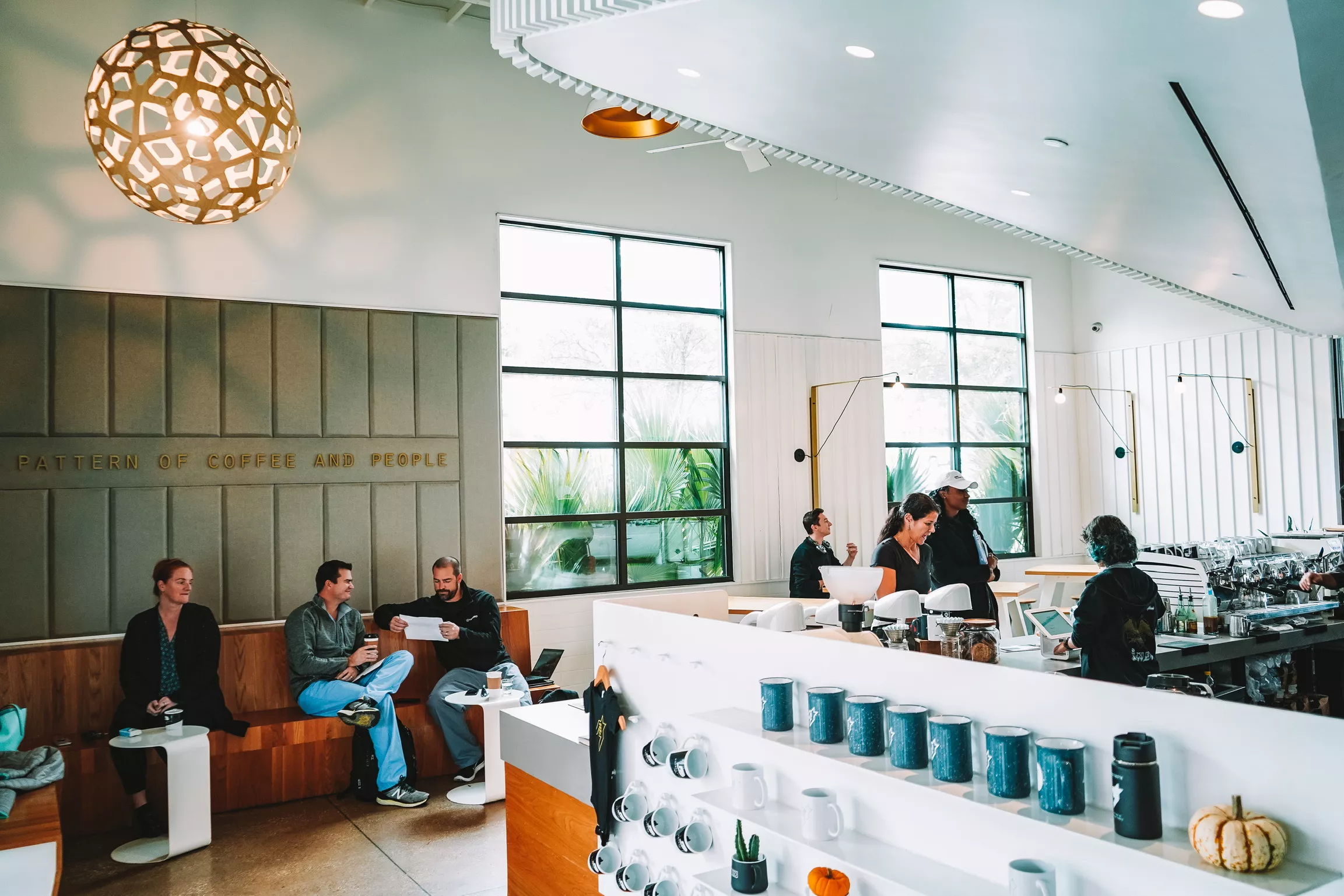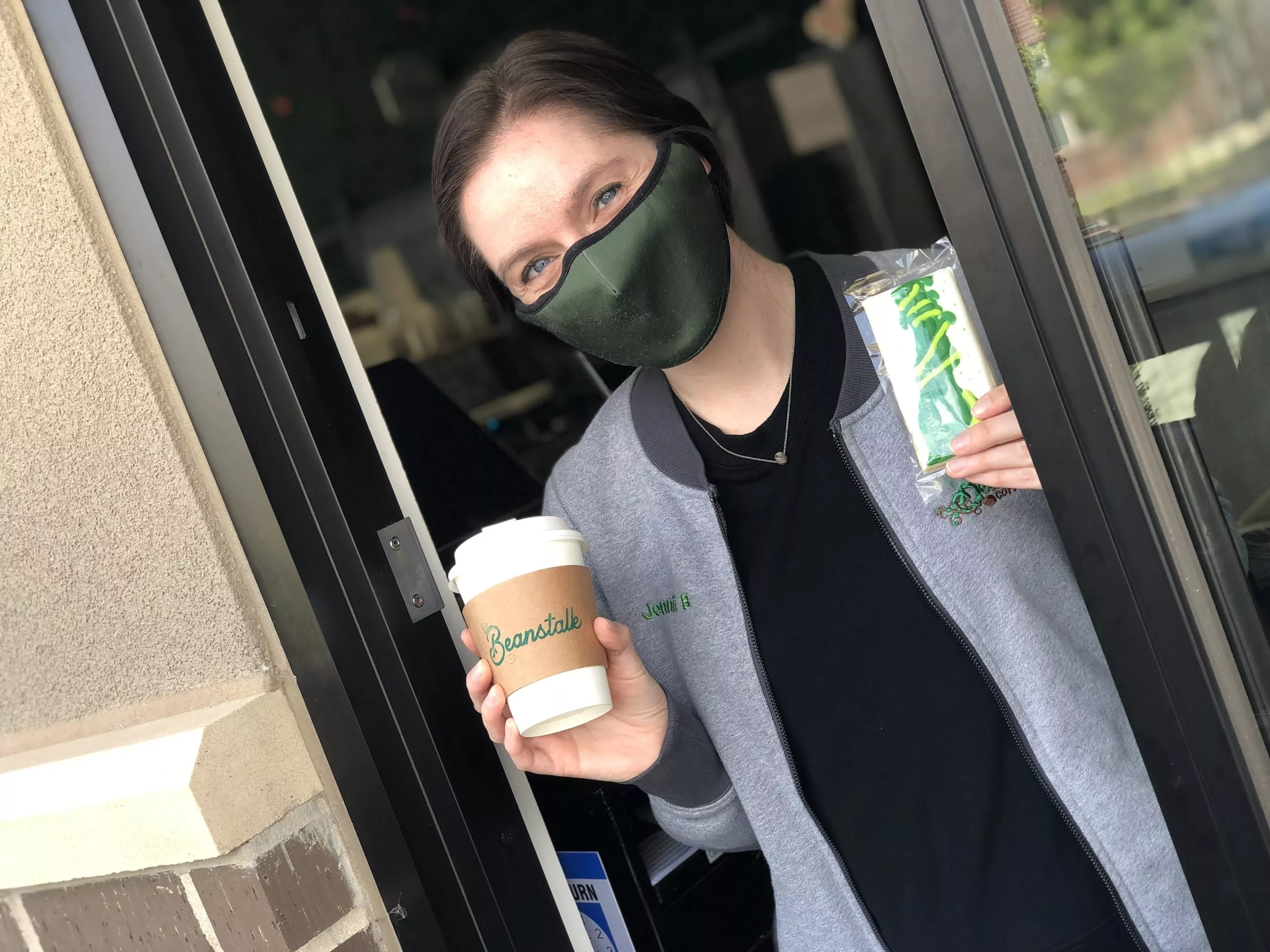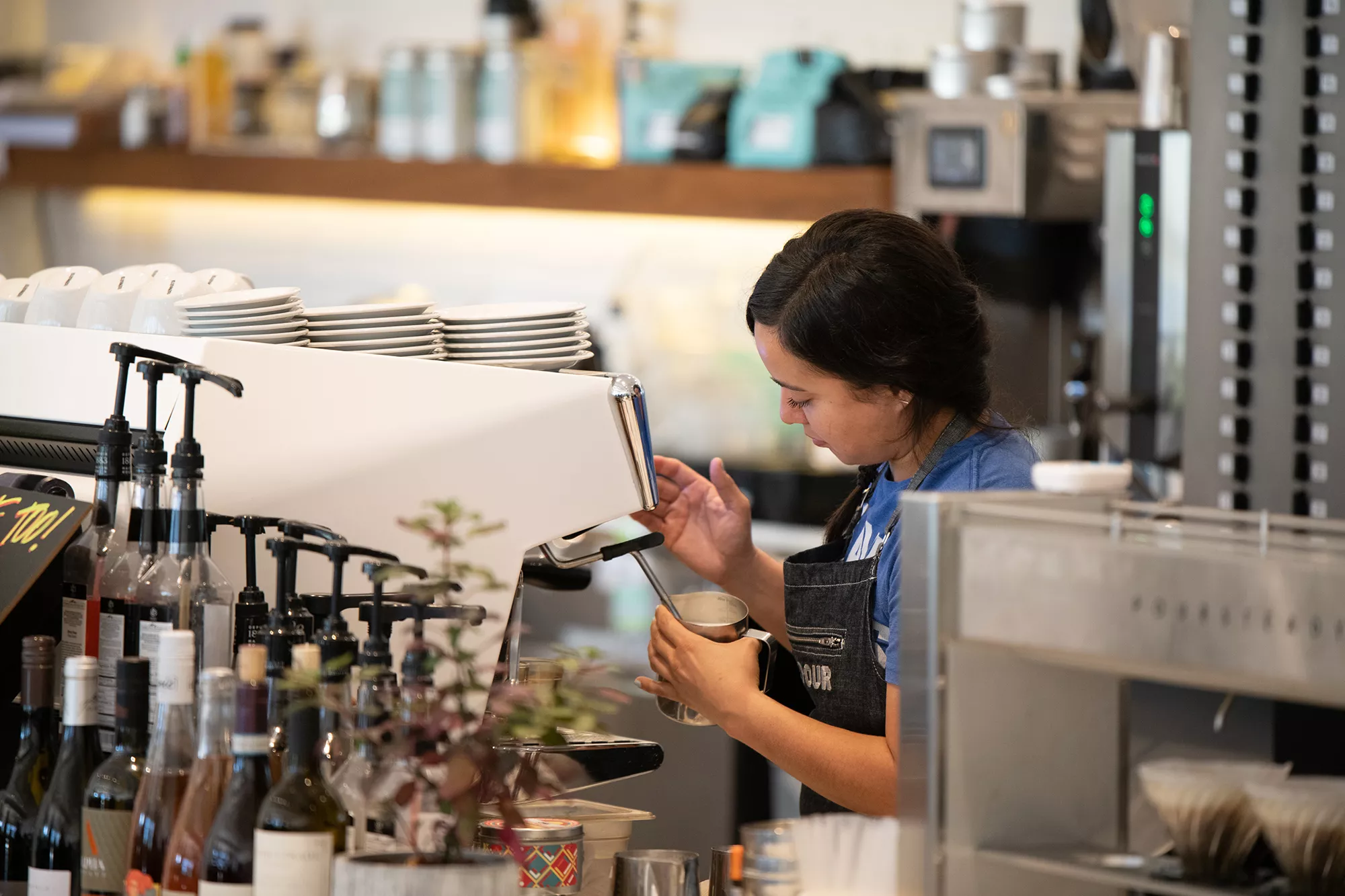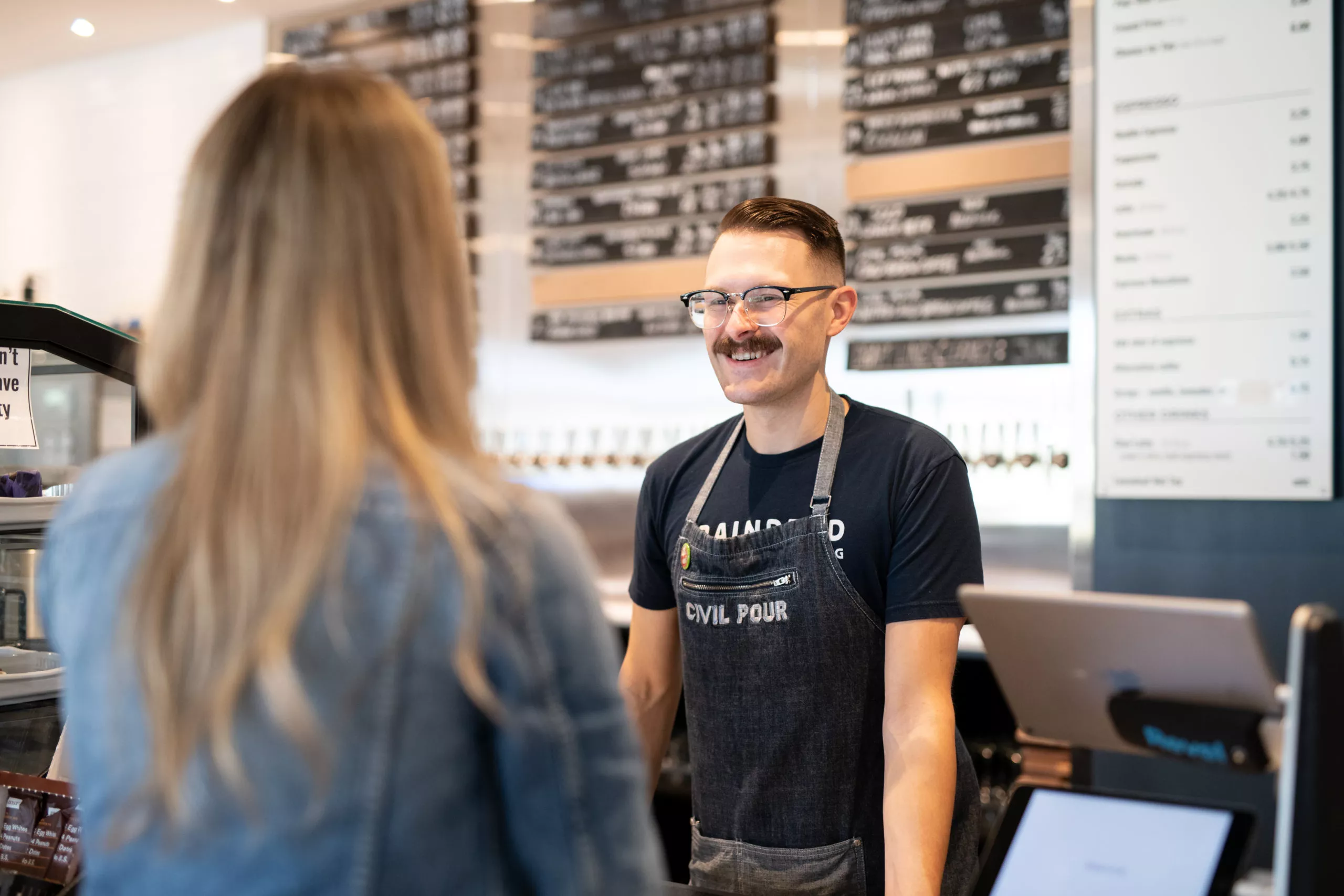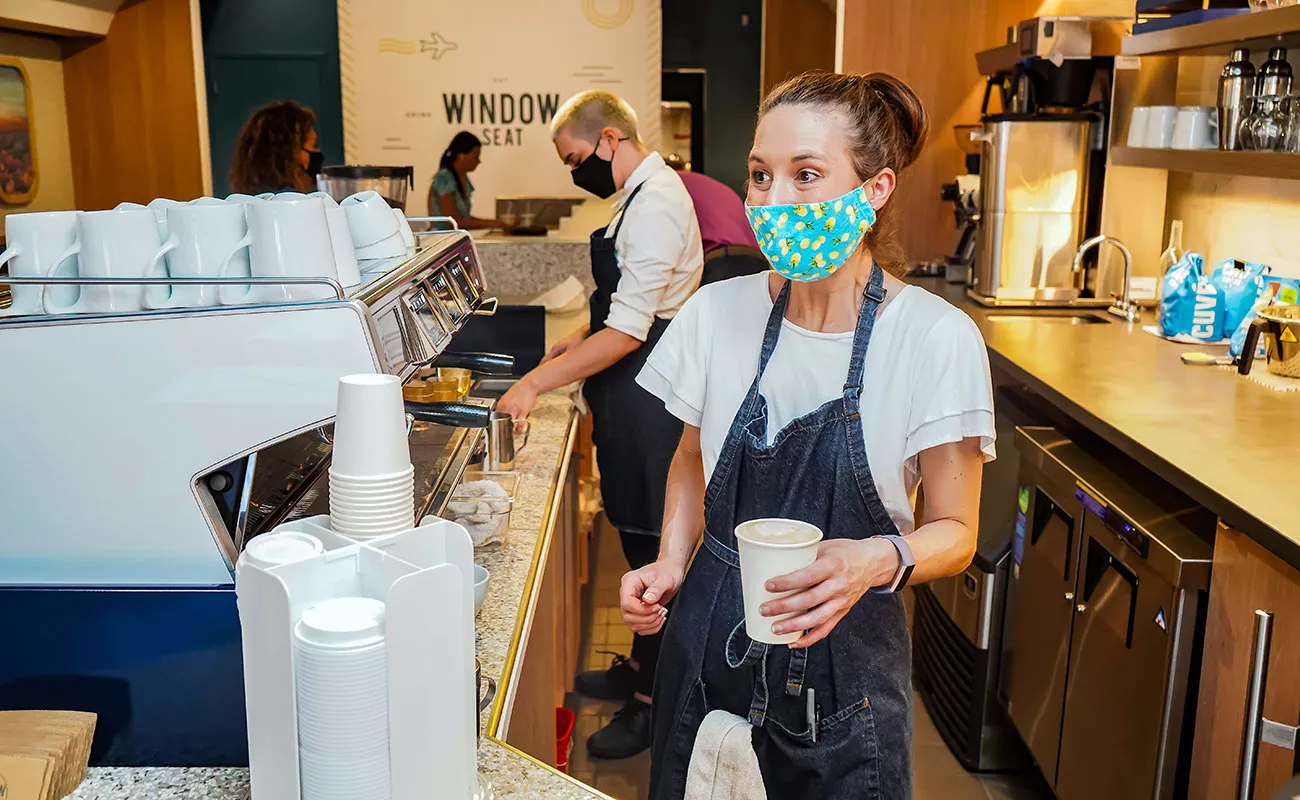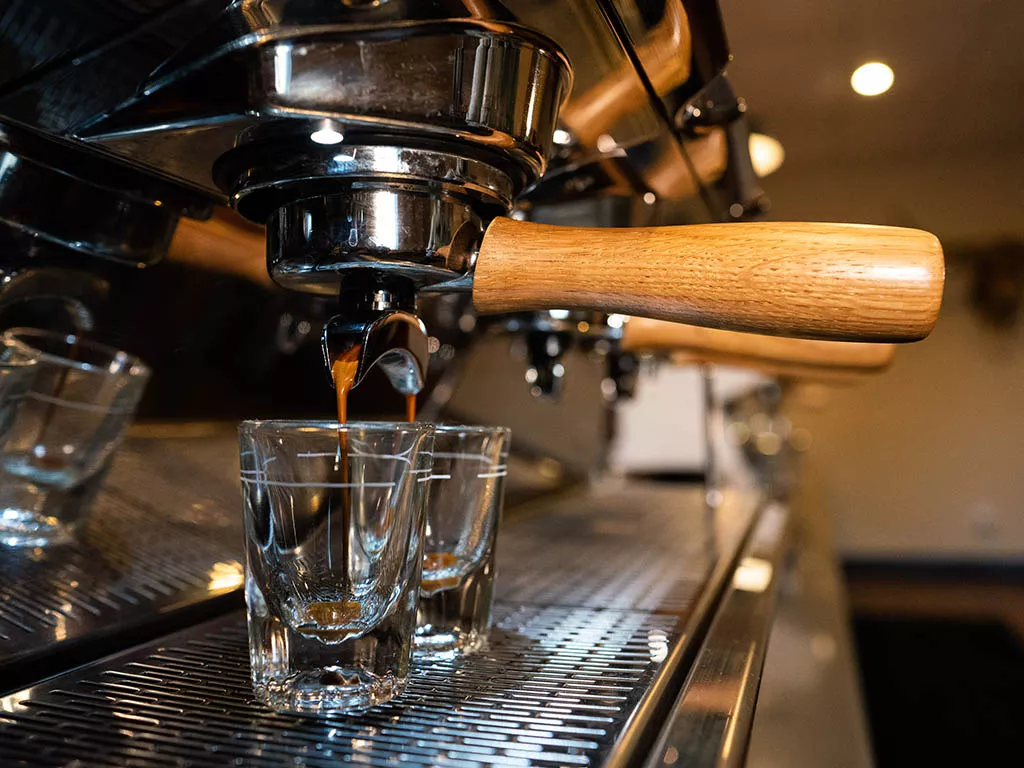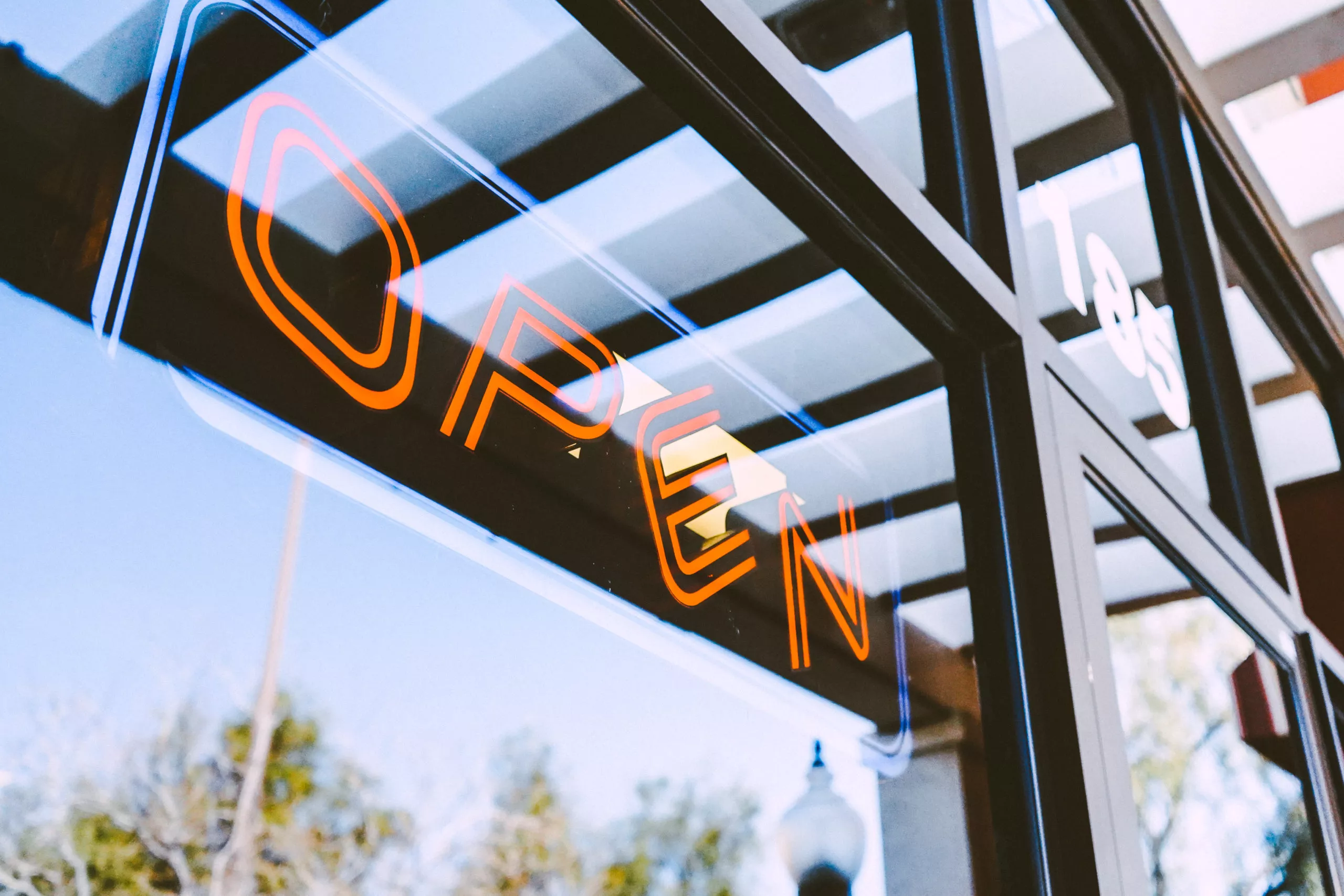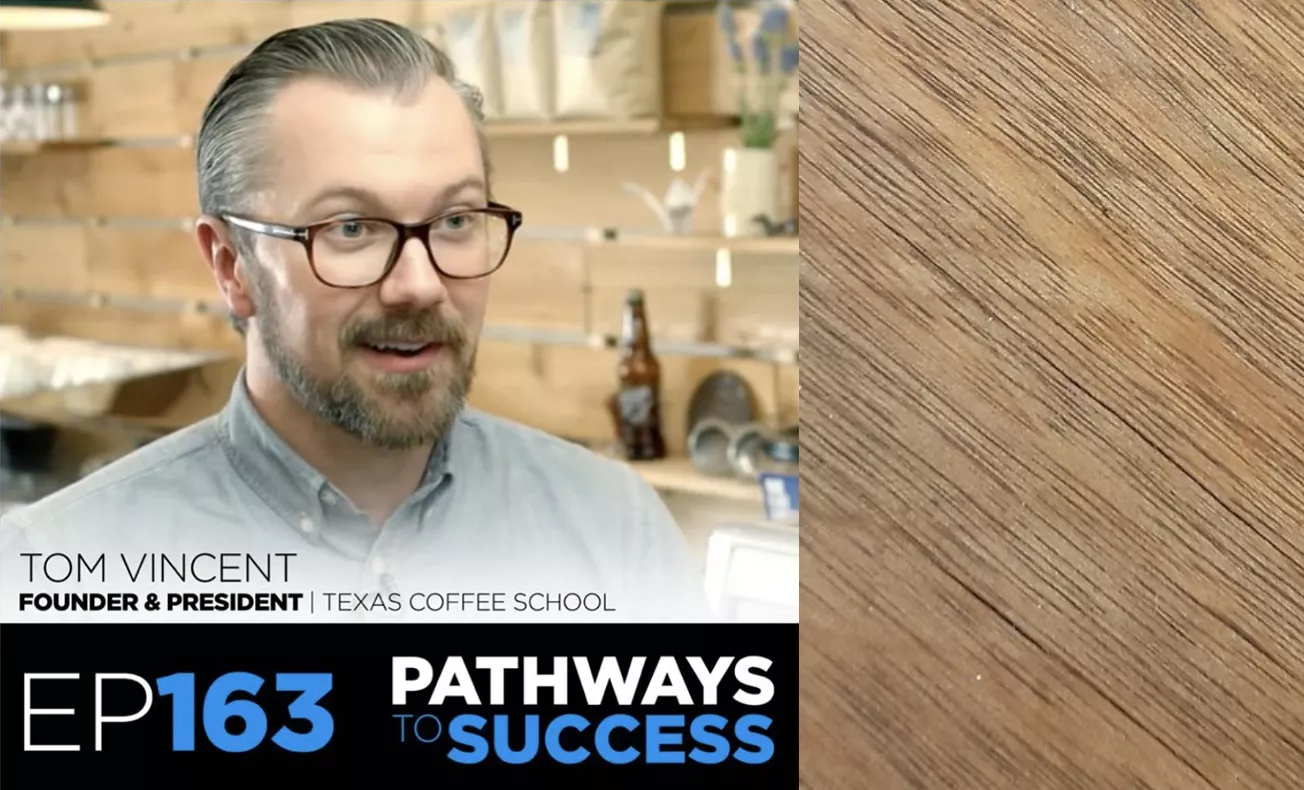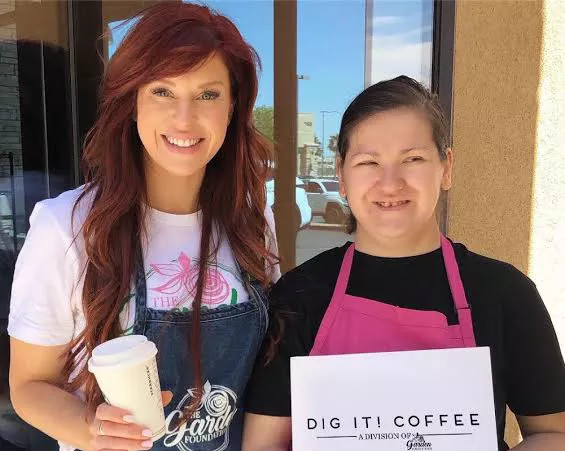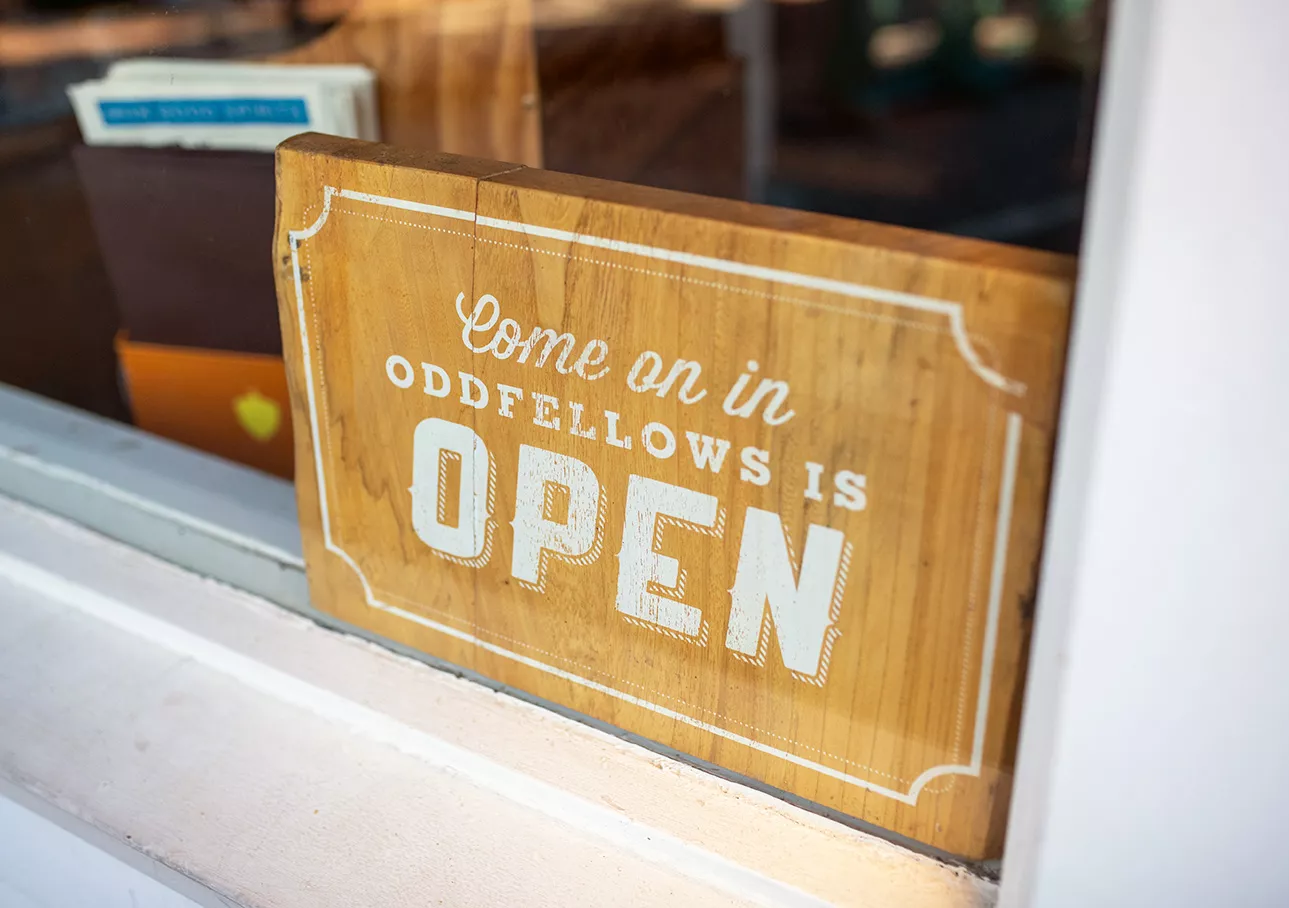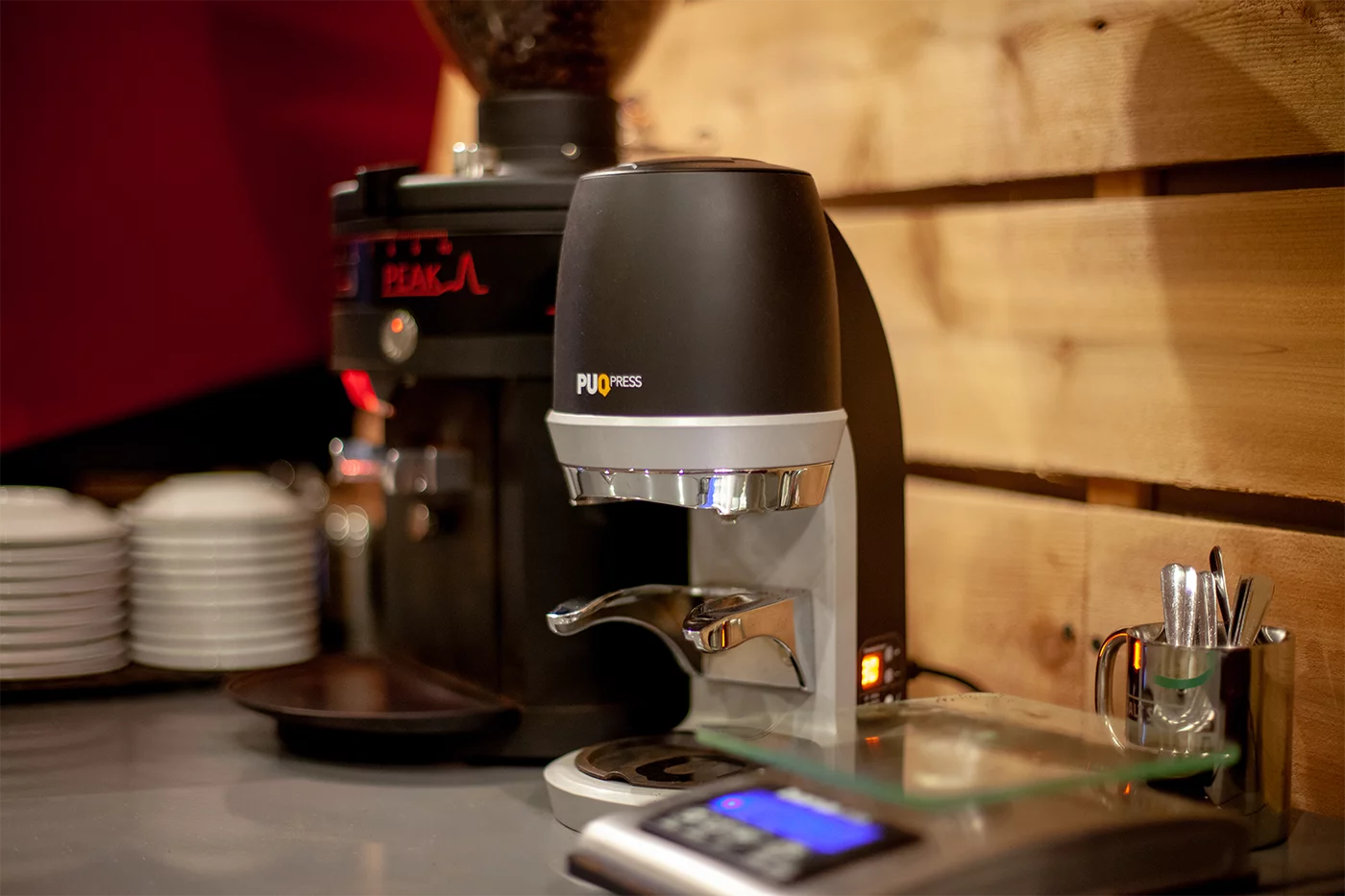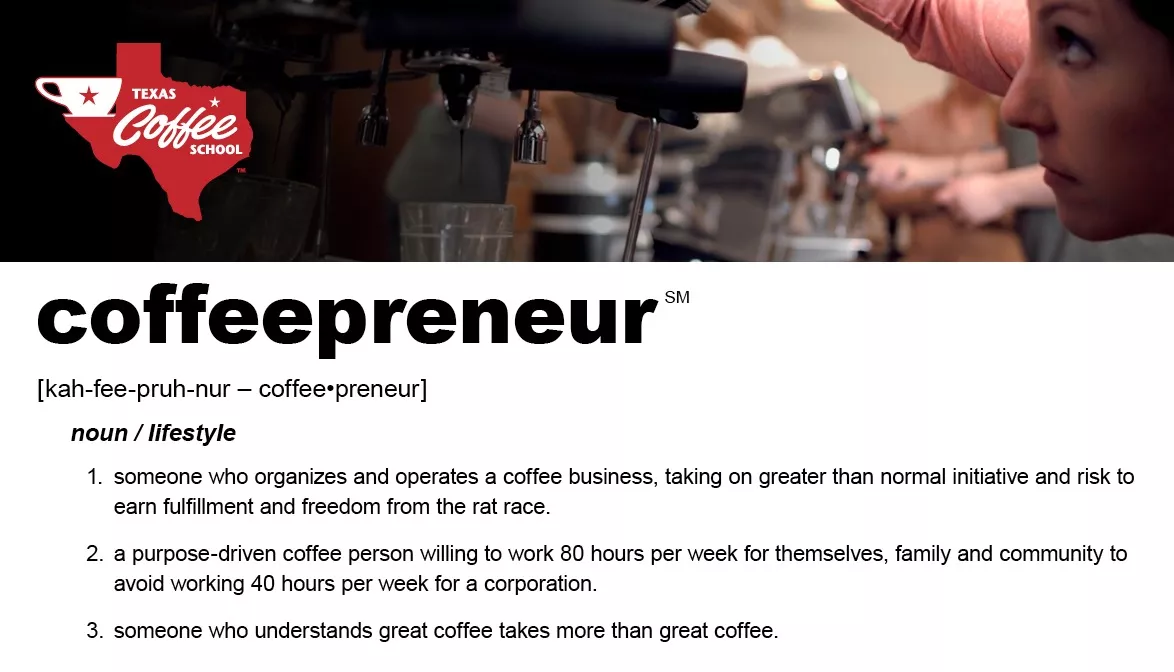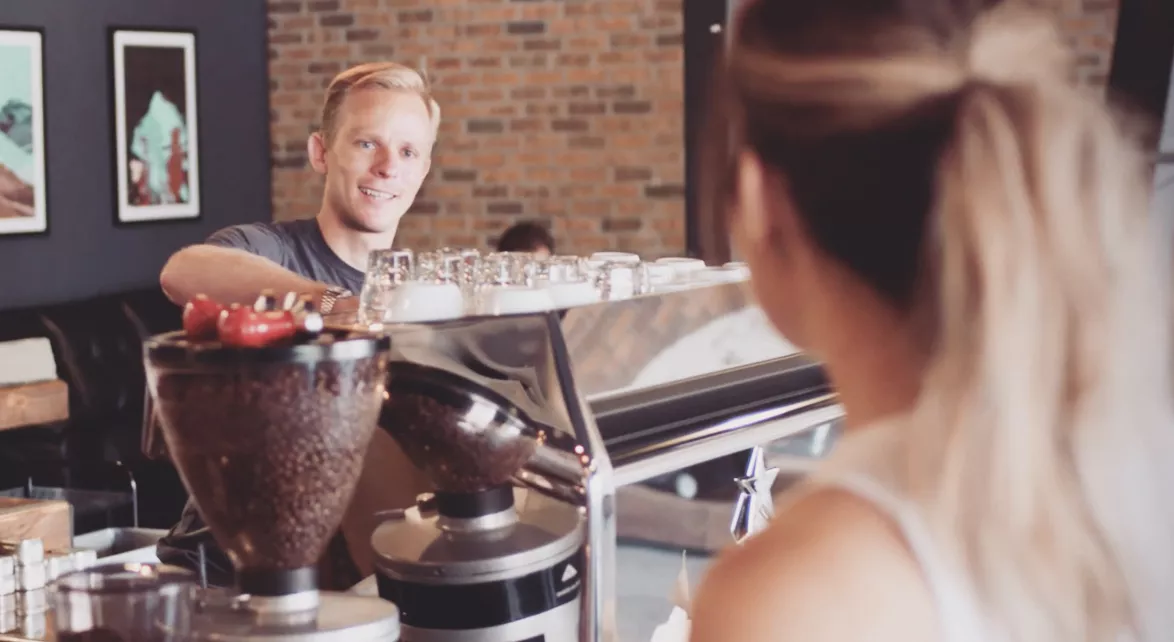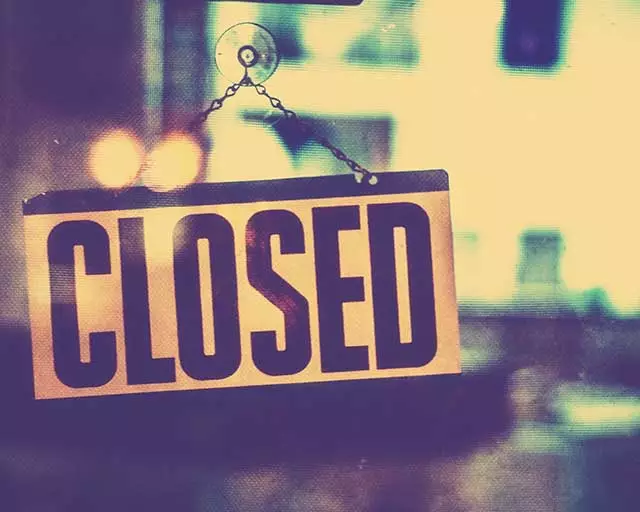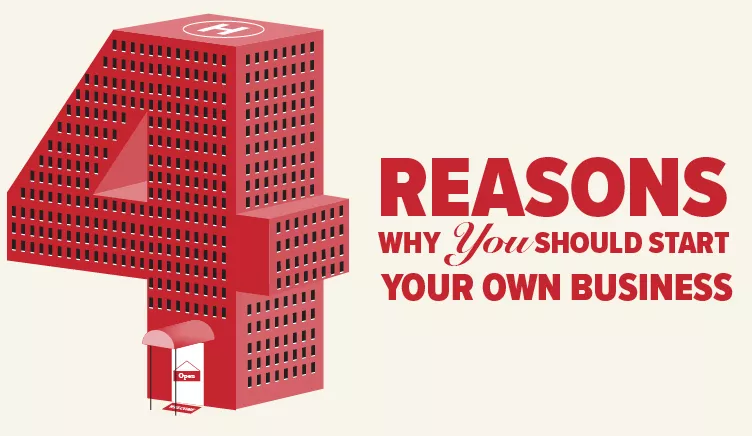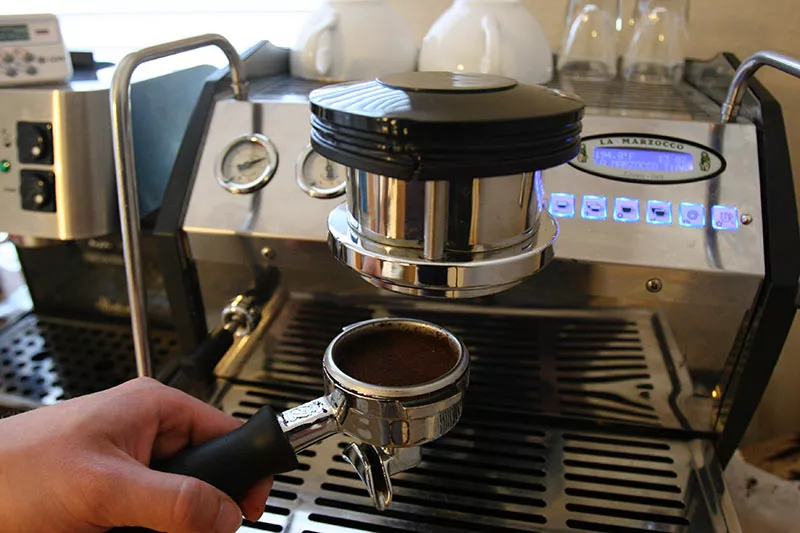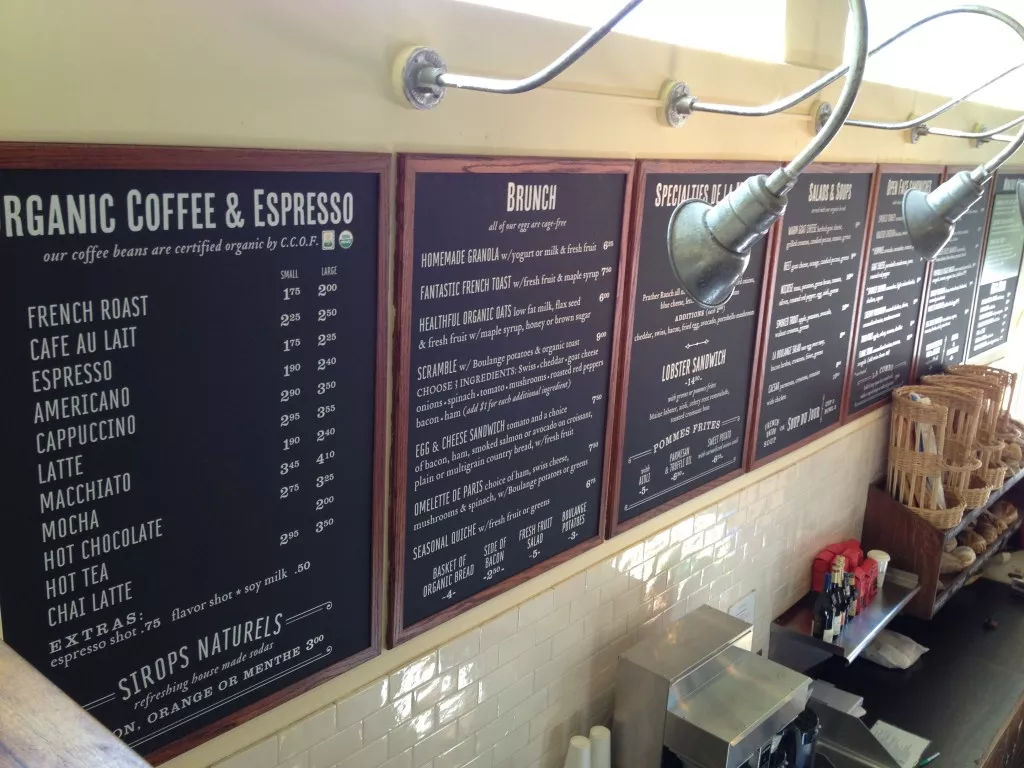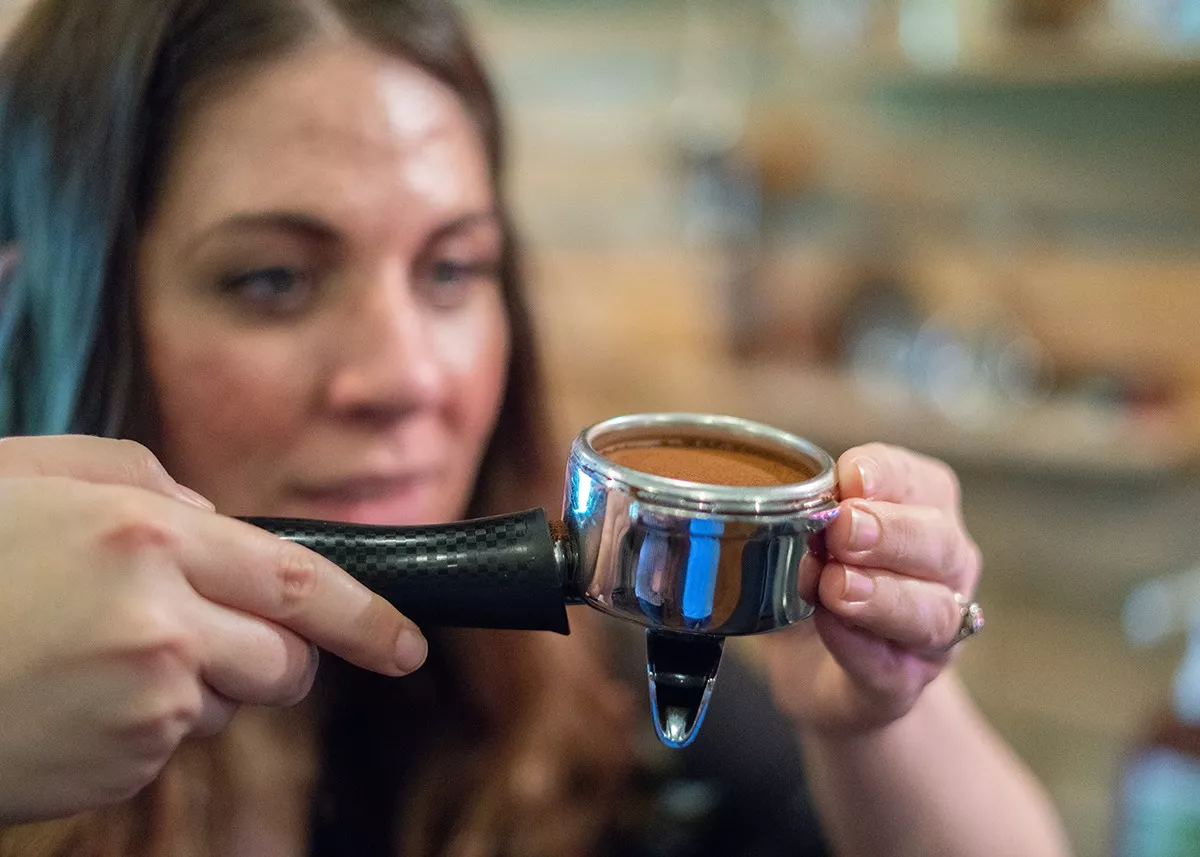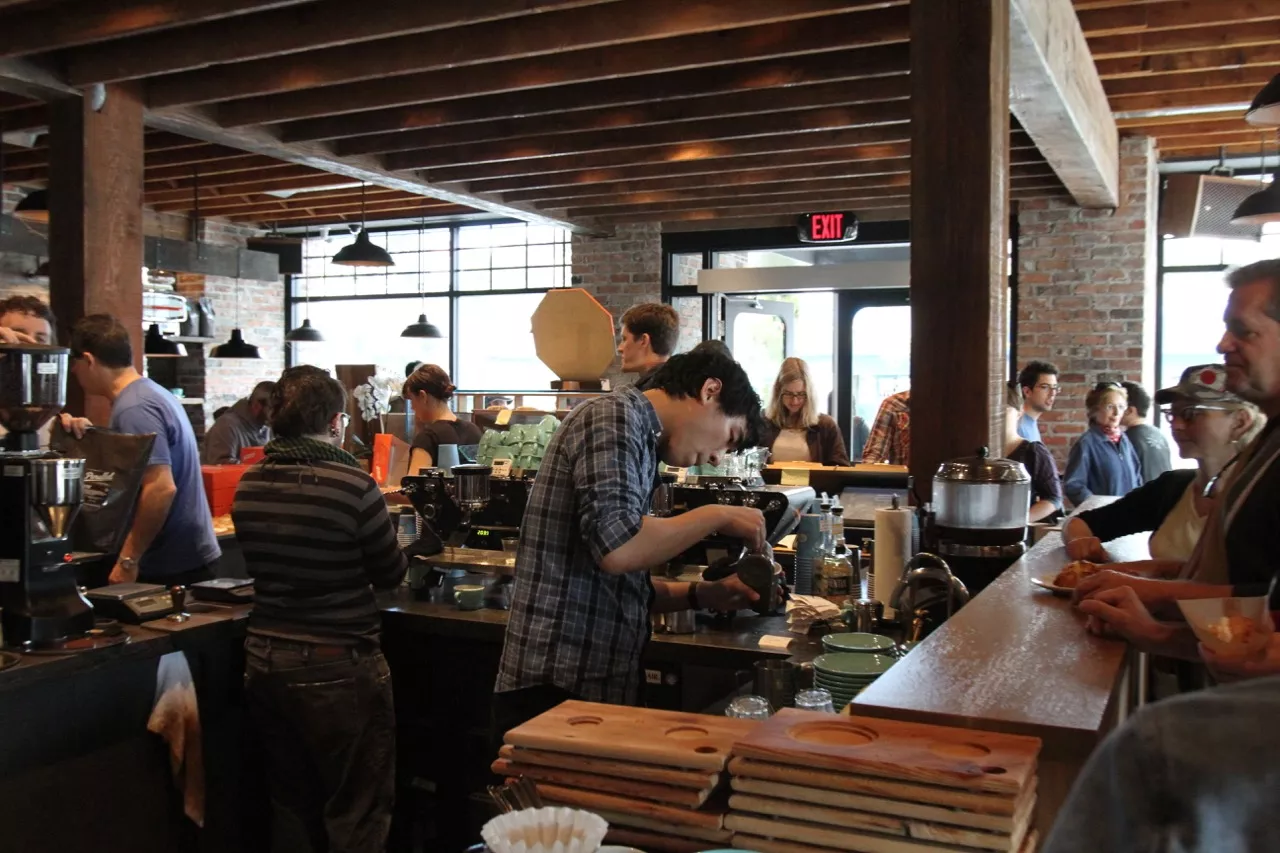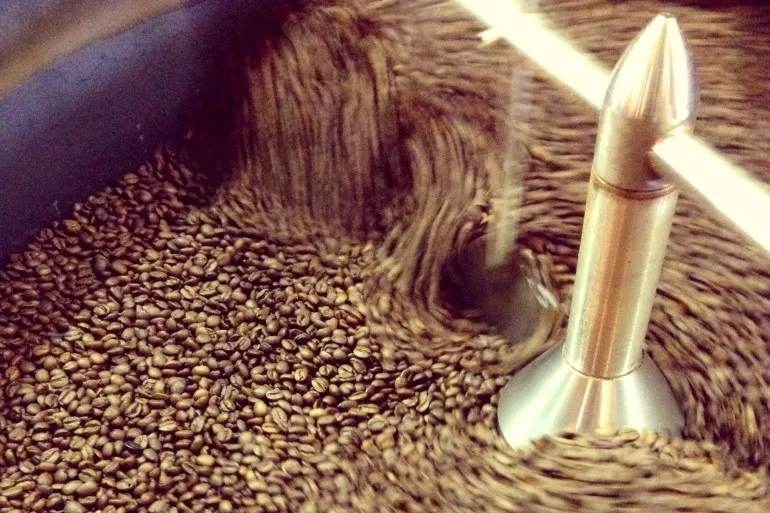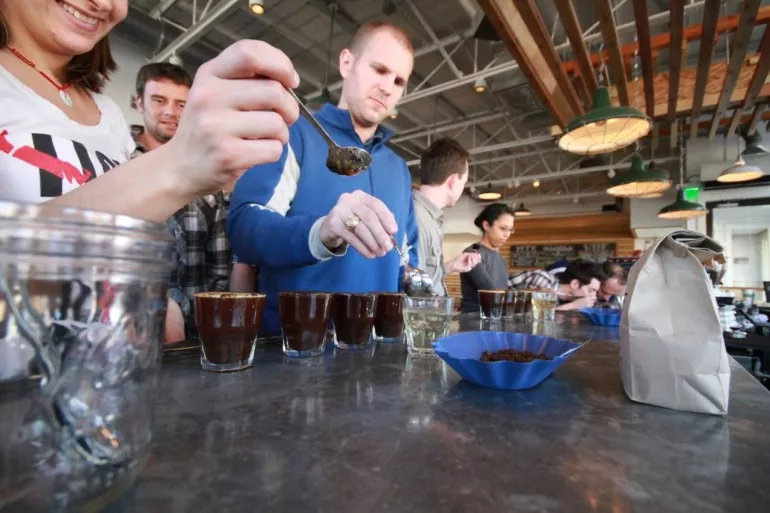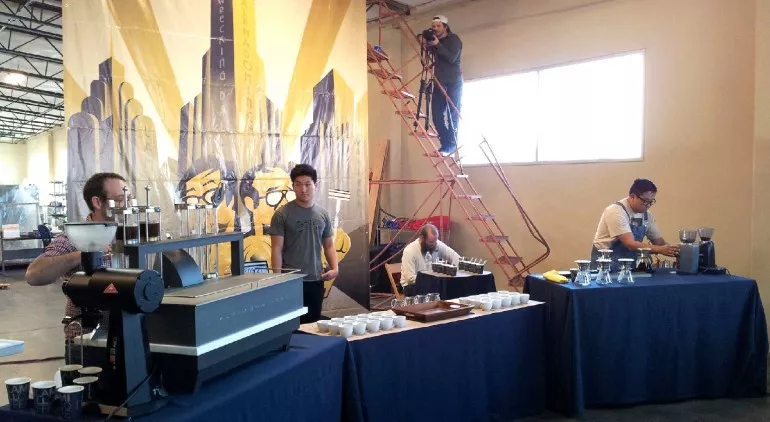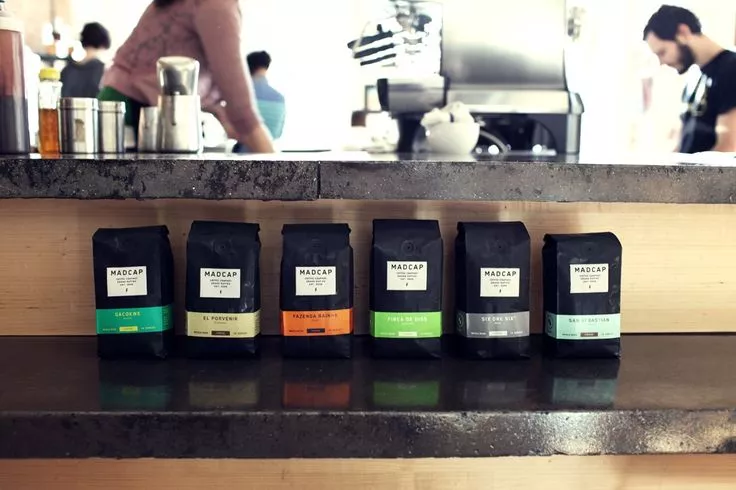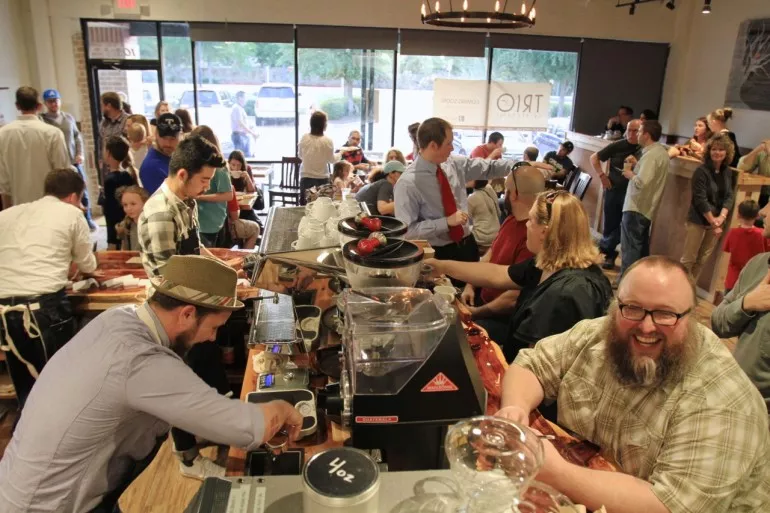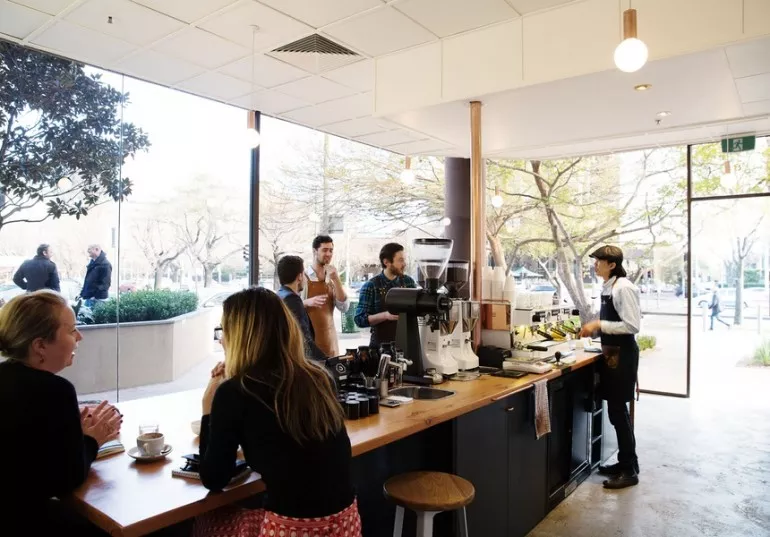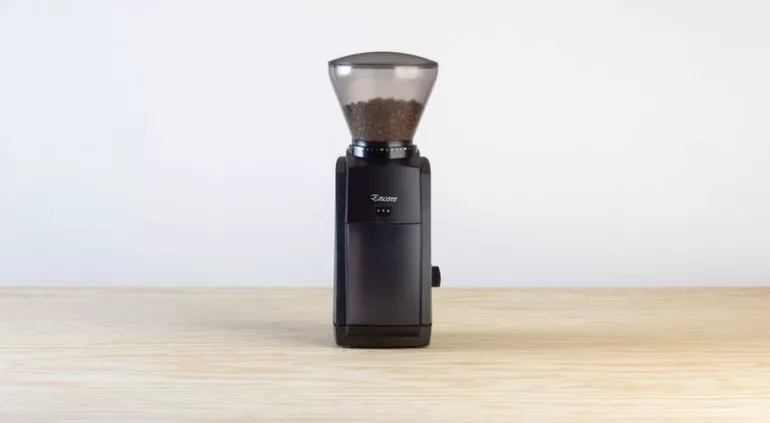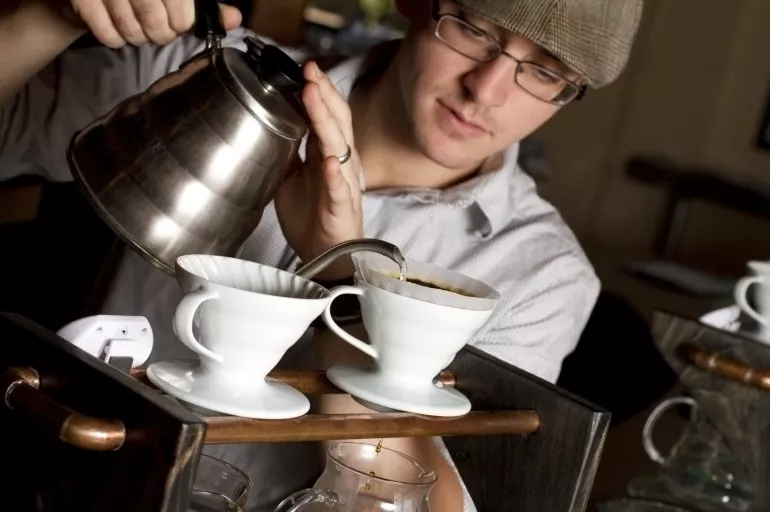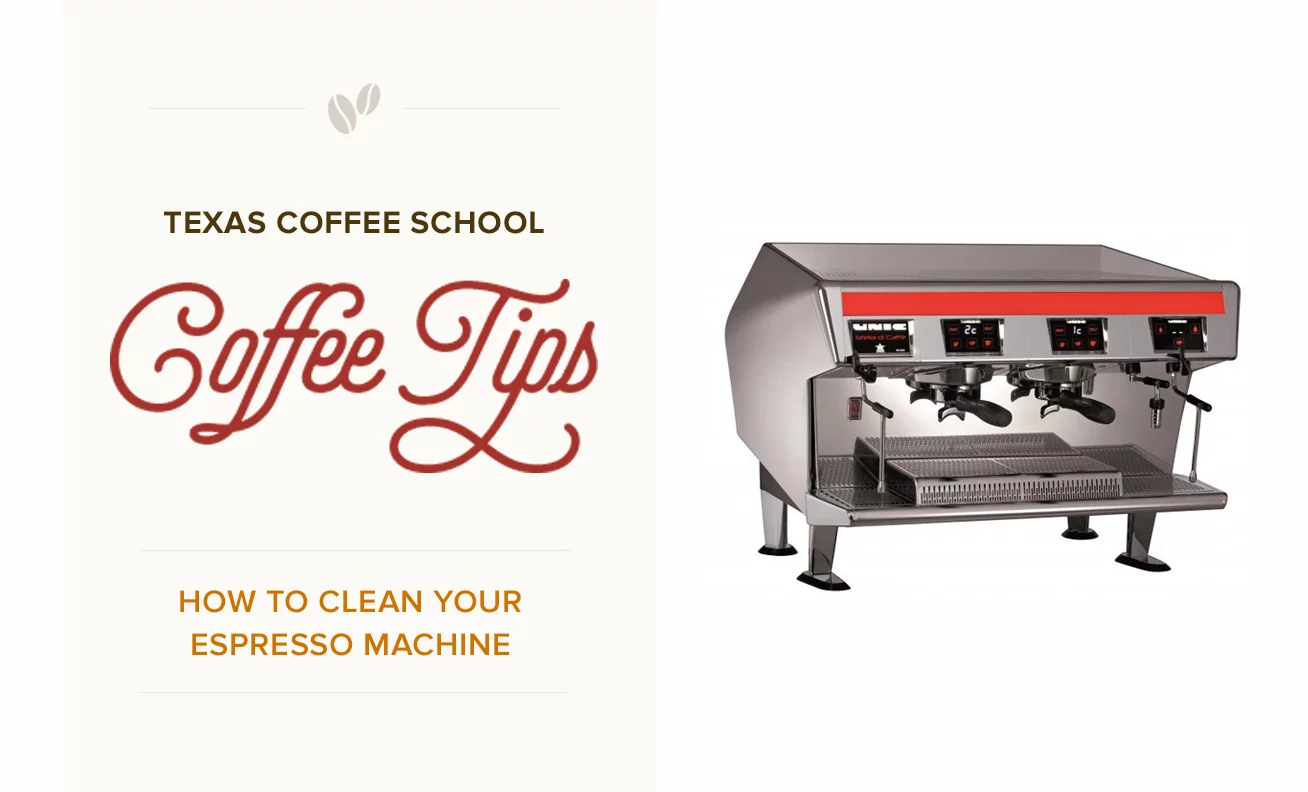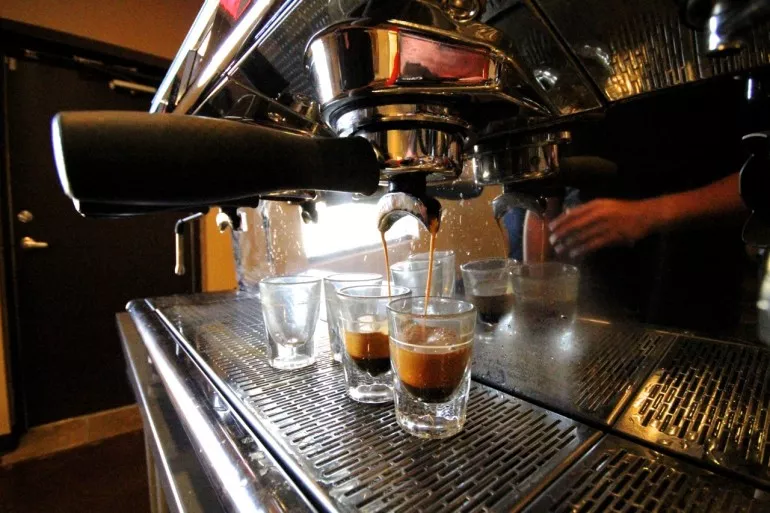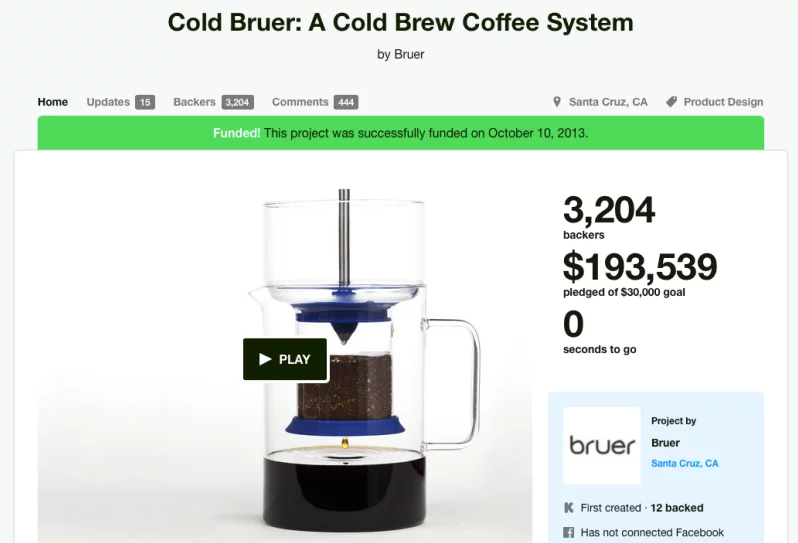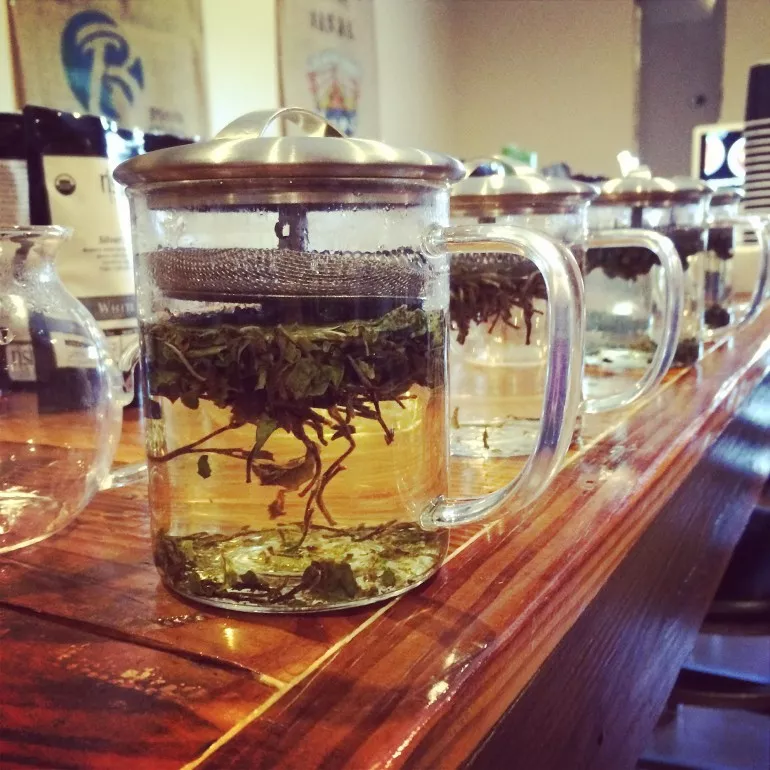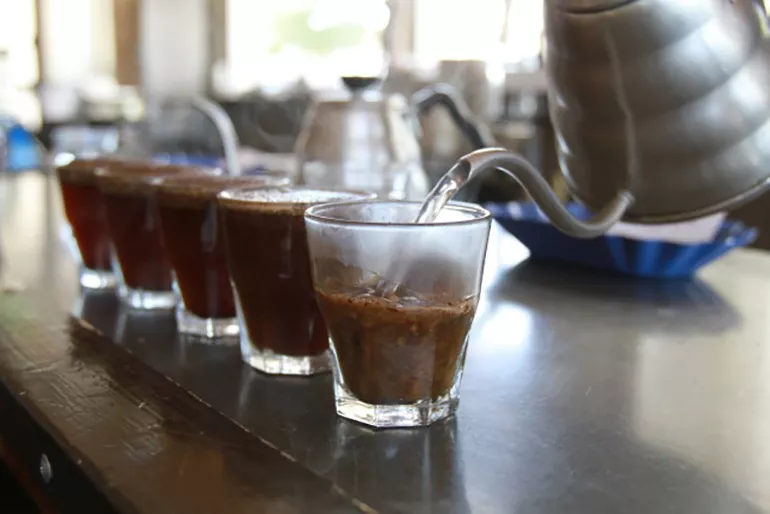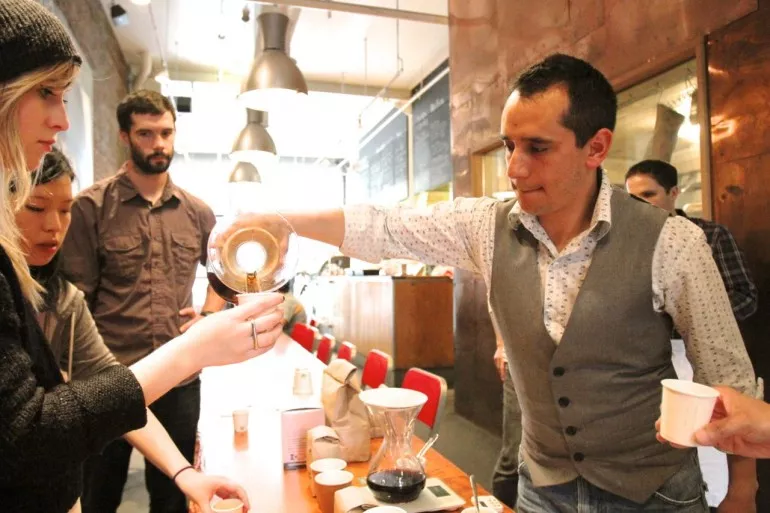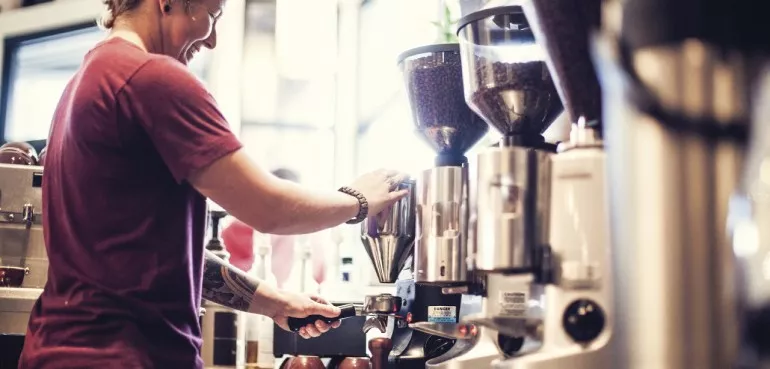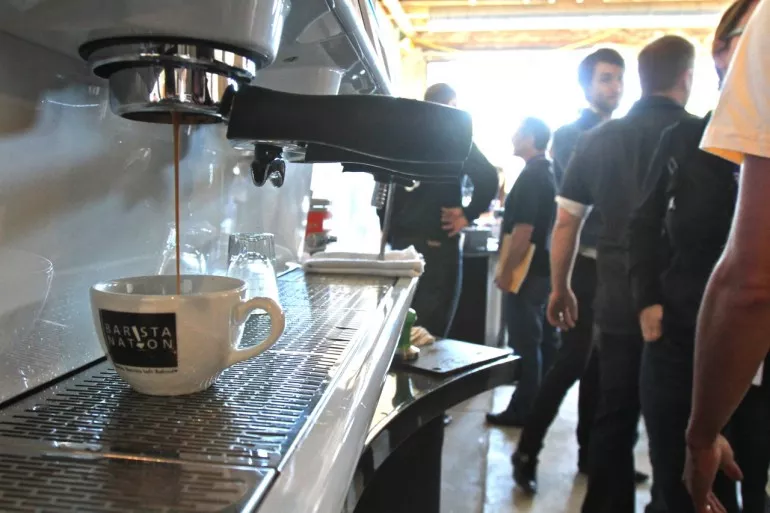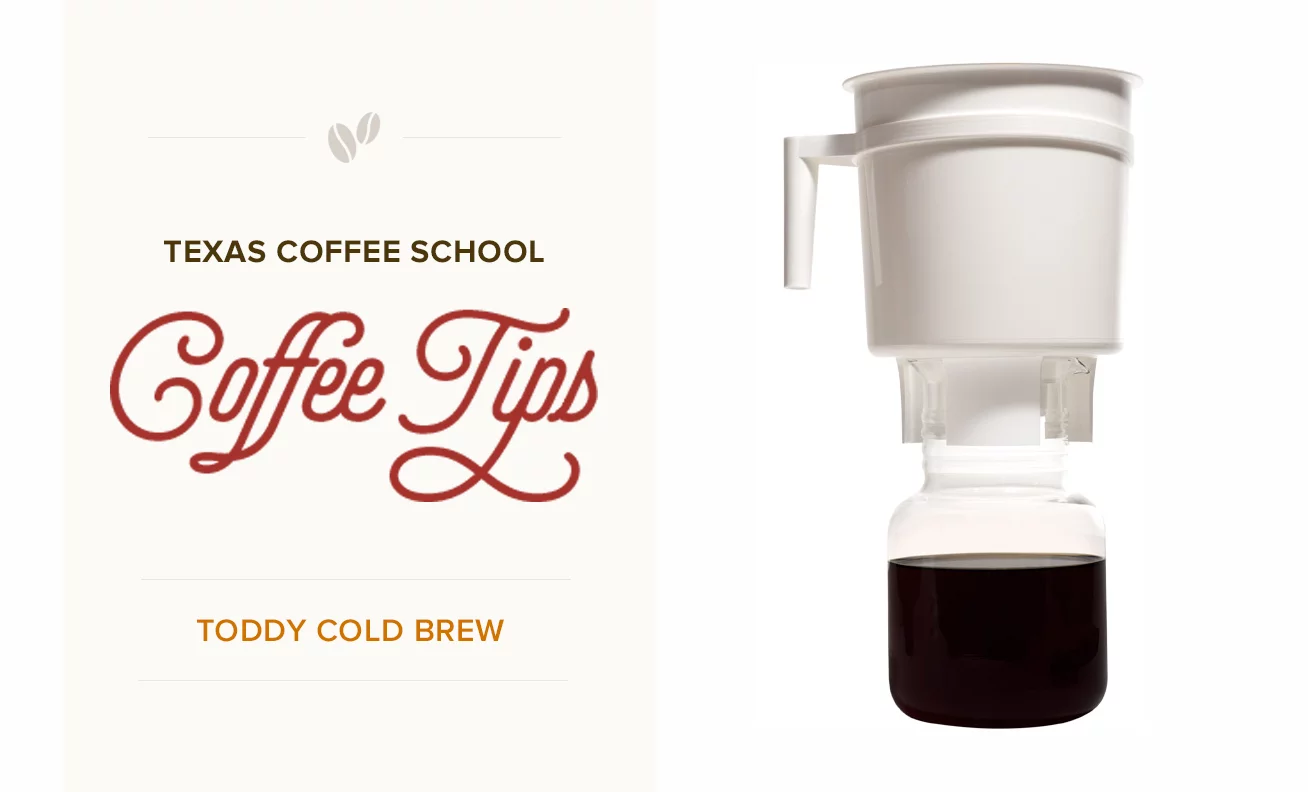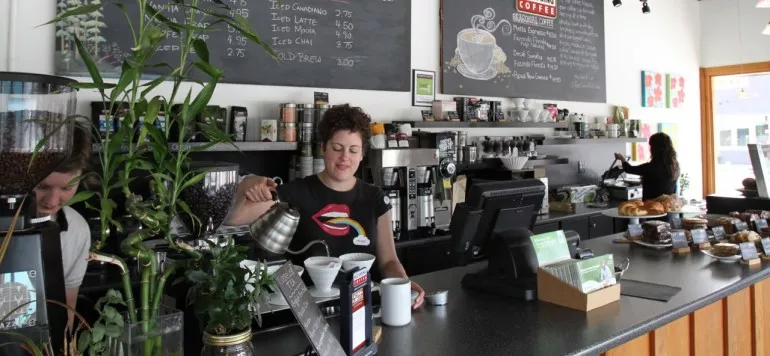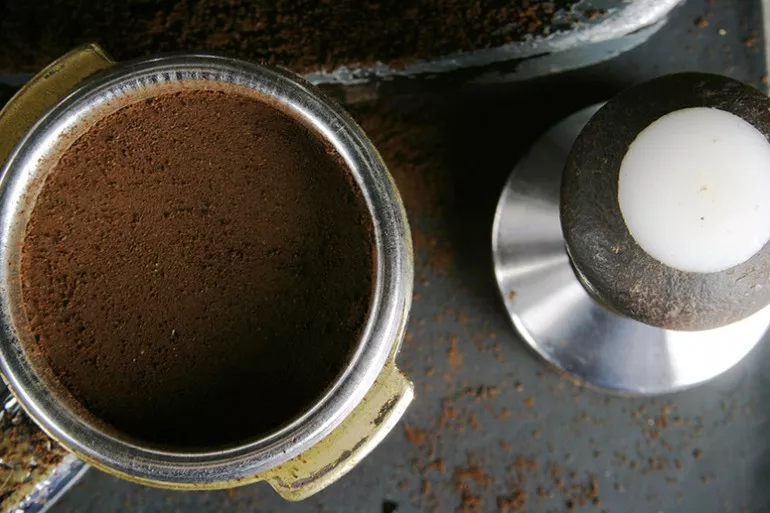
Barista Training v.s. Quality Barista Training: Don’t Pay The Price By Not Paying The Price
We’ve all heard it before that “You never get a second chance to make a good first impression.” According to research carried out by the American Psychological Association, when it comes to meeting a new person, a significant portion of a first impression is created within 1/10 of a second of meeting someone (much of it subconscious). In regards to a business there is a lot more information to digest and more factors going into this impression but it’s still safe to say: First impressions happen quickly. And they are important, as they can be incredibly difficult to change.
If you have started a coffee business you know that you put every bit of yourself into that endeavor. You’ve expended your energy, passion, creativity, literal blood, sweat and tears, not to mention a great deal of money and time. When you put your future at stake you need to make certain that you are putting your best foot forward and that the service or experience you are offering is outstanding from that first impression on.
When it comes to a coffee business this first impression can encompass a lot of things. Design, ambiance, cleanliness, how the staff present themselves; these things are all fairly easy to control, but what about beyond that? How does the coffee taste? The food? Can your staff handle it when there is a line out the door? Do you have systems in place to ensure that everyone can work and operate together as a team?
For a new coffee shop business, especially if you do not have years of experience as a working barista, you may not realize all of the bases you have to cover and all of the questions you should to be asking yourself. This is where training comes in. Training is the oxygen your coffee shop needs in order to be able to breath, grow and thrive. So who is going to train you and your staff?
There are a few options here that at first seem like great ideas but will almost certainly backfire on you.
1. Books, Blogs and Folk Knowledge
Many people will purchase a bundle of books, join a bunch of web-forums, attempt online barista training, and then repeat this information to their staff. This is a bad idea because for everyone one spectacular source of great information, there are probably 10 terrible sources filled with misinformation or half-baked theories that have been passed down from barista to barista for so long they almost seem to be facts. Without having a solid background of knowledge on coffee, coffee equipment and coffee shop operations, you will not be able to tell the good information from the bad and it’s likely you and your staff will end up with nothing but bad habits.
2. Coffee Roaster Provided Barista Training
As more and more coffee shops open with a quality-oriented mindset and actively seek out barista training, more and more coffee roasters have started to offer barista training services. This seems like a great option right? They surely know their coffee better than anyone, and best of all: It’s free! The “free” part hooks most people when business expenses are starting to add up. The problem here is that free typically means “one time” or “occasional.” Most coffee roasting companies will wait until your shop is built out and equipment in place and then send out their “guy” to do a crash course barista training with your staff. More often than not this same guy has a dozen other jobs with the company and likely more background in preparing than teaching coffee. There’s a big difference! Even if his/her head is filled with excellent information and coffee bar experience, translating that experience into a practical learning program where information and skills are absorbed and retained is a completely different animal in, and of its self. In our experience, most of these “trainers” do a very poor job effectively communicating this knowledge to your staff, and they typically do not know how to tailor their demonstrations to fit each individual staff member’s learning style. In addition, many roasting companies have dozens upon dozens of clients to look after, hundreds of pounds of coffee production to worry about and a slew of other concerns that will render them unable to devote significant time to your ongoing development after these initial sessions.
Something else to think about: these roasting companies typically sell equipment such as espresso machines, coffee brewers, water filtration, etc. They make money off selling these items and will often try to load you up with a “’package deal” that they offer all of their clients. They try to fit you into their cookie cutter ecosystem, which best fits their business, not necessarily your business. Spending thousands of dollars to end up with a store full of equipment you don’t necessarily need or understand is not a position you want to be in.
3. “Big Box” Style Training
The specialty coffee industry is full of events and trade shows. Many of them are really great and definitely worth participating in if you plan to create a career in the coffee industry. Many of them also offer training opportunities. While many of these organizations have been around for decades and have undoubtedly helped the industry progress by leaps and bounds, their training programs may not meet your expectations. These organizations train hundreds if not thousands of baristas within the span of a week-long trade show. This means a couple of things:
- Large class sizes: many training classes at these shows will have several dozen students in one class. This means little one-on-one time with lead instructors, and rushed hands on portions.
- Many instructors: to be able to accommodate these volumes of students many instructors are needed. Often they are volunteers, coming from different areas, companies and backgrounds. This can greatly reduce the consistency of information passed on. While you may get lucky and end up with a fantastic instructor if you happen to take “Class A” on Friday, maybe you end up with one that isn’t as good if you had chosen to take it on Saturday. When you are paying for training and putting your company’s success at stake, this may not be a risk you’d like to take.
So what options are we left with? Essentially two. Either put your dream of starting your own coffee business temporarily on hold and go work in the industry for a number of years to acquire your own experience, or find a professional coffee school that specializes in focused quality-oriented barista training, coffee education, and coffee business consulting. There are many distinct advantages to the latter…
1. Small Class Sizes
Class sizes in a specialized coffee school will average about a quarter the sizes of many other organizations and often times will be administered solely to your staff and tailored specifically to the model of your coffee shop. This means you are getting the information and tailored training you specifically need in regards to your specific coffee business operations. It also means that each of your staff will have plenty of one-on-one time with the primary lead instructors that are experienced and qualified professional teachers. This way they will be able to learn efficiently, ask questions and get plenty of practice.
2. No Sales Pitches
Some of these coffee schools, do not sell or distribute equipment. Here at Texas Coffee School, for instance, we only use the equipment we truly love and truly believe in, and we purposely do not sell it. This way our customers get focused education and consistent training on only the best quality equipment and they do not feel as if we are trying to line our pockets or force a sale. Since we have extensively tested many other types of equipment in our research process, we have been able to pare away marketing gimmicks, what we do not believe in, and what isn’t necessary, so there is focus, not a plethora of confusing options upon options in our training facility.
3. Ongoing Education
While comprehensive classes covering the fundamental barista skills over the course of a few days are offered, ongoing training is a focus as well. Texas Coffee School training can be fit to your needs and can include everything from in-house classes to coffee business consulting (i.e. menu planning, location analysis, shop design, in-house training material development, and ongoing training and consultation) that can continue as long as needed. The Texas Coffee School program also offers training in areas that many other training programs overlook, such as a teamwork, efficiency, cleaning, retail sales training, hospitality, equipment maintenance, and so on.
Remember: There’s a whole lot more to operating a coffee shop than just knowing how to make coffee!
4. Professional Instructors
The instructors at training centers like the Texas Coffee School are professional teachers with backgrounds in the coffee industry. They have experience teaching and training, they know how to effectively demonstrate skills and communicate information and they have done the legwork in the industry to know what you need to learn and why. Above all they are effective professional communicators.
5. Testimonials
If you really want to know what you are getting yourself into before investing in barista training for your coffee business, then take it from those that have come before you. Research testimonials, visit former students’ shops, and see for yourself. In the case of Texas Coffee School, we have a proven track record with student success and we always encourage you to to do the above suggested research.
Starting a new coffee business is exciting, and while it is always going to be a lot of work, it doesn’t have to be stressful. If you are opening a new coffee business and really want it to stand apart make sure you are doing yourself the service of getting quality training and advice from someone who really knows the ropes. Just because it is your business doesn’t mean you have to go in alone. Remember, you only get one opportunity to make a good first impression on your customers. Make it count!
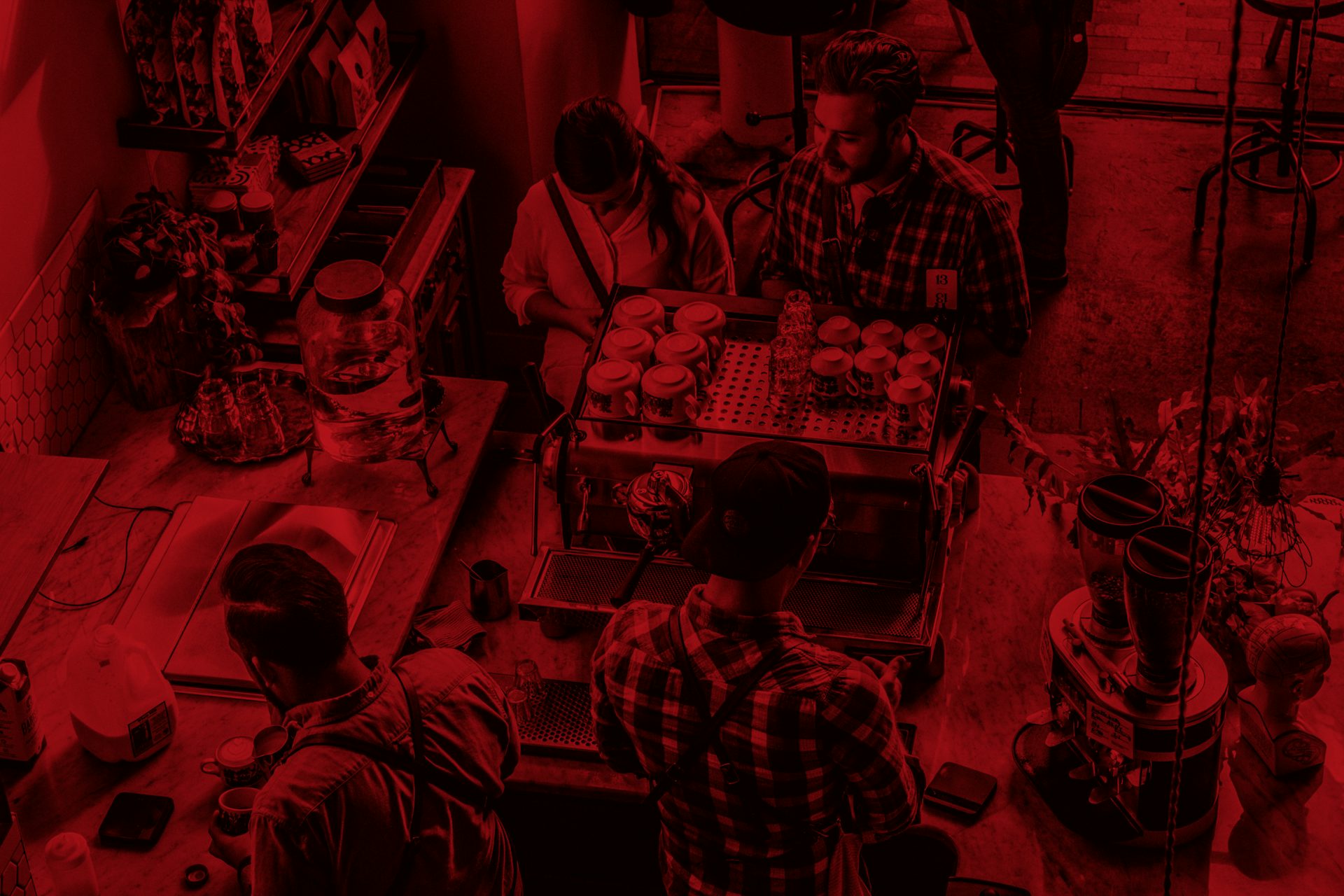
Register for a Coffee Class
The Best Coffee Training Available
We’ve helped hundreds of students successfully launch their own coffee shop businesses. Join us in our 5-Star Rated Coffee Classes, whether you’re an aspiring entrepreneur looking to open a coffee shop, a manager, a barista or home enthusiast looking to sharpen your skills.
